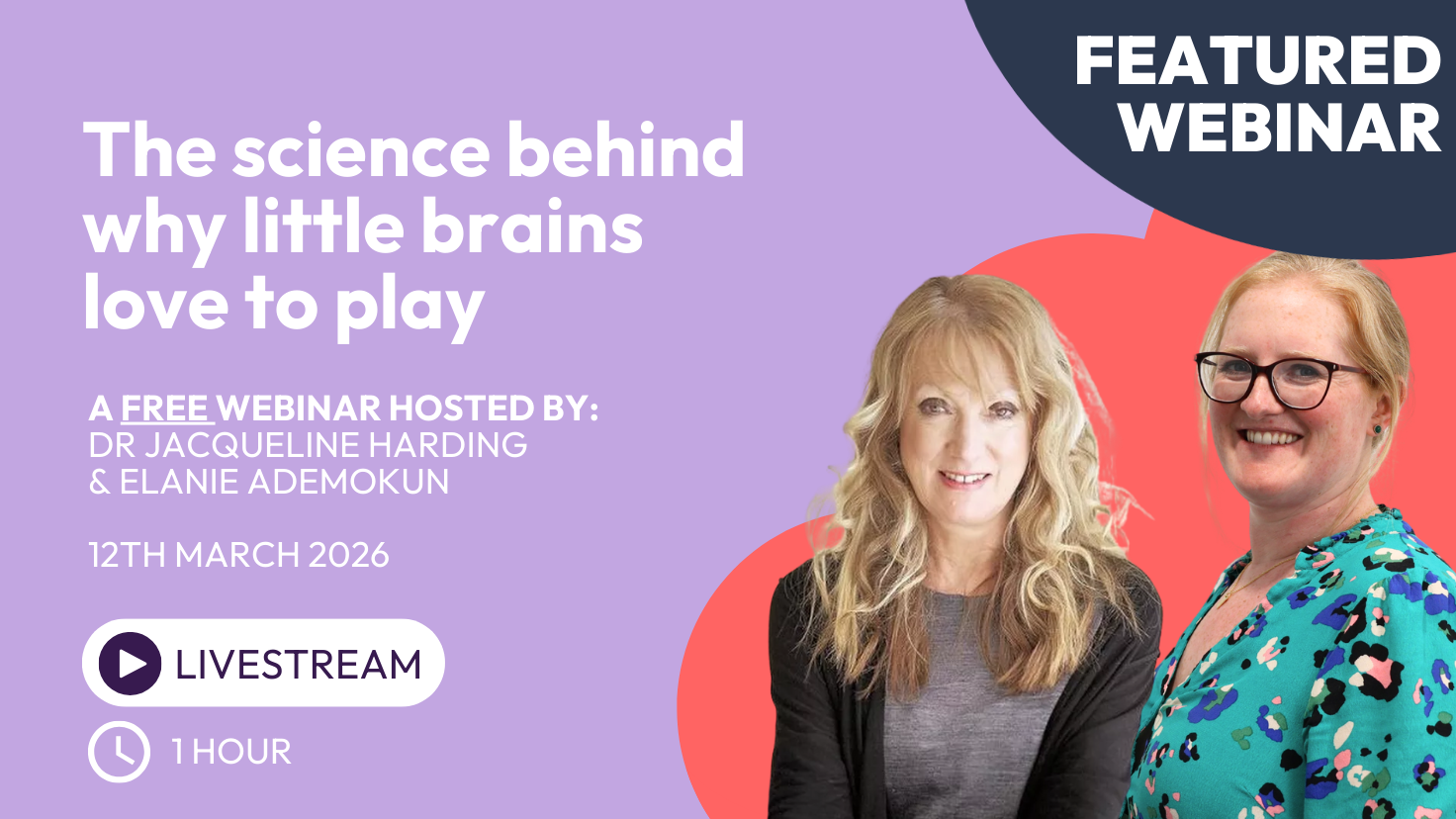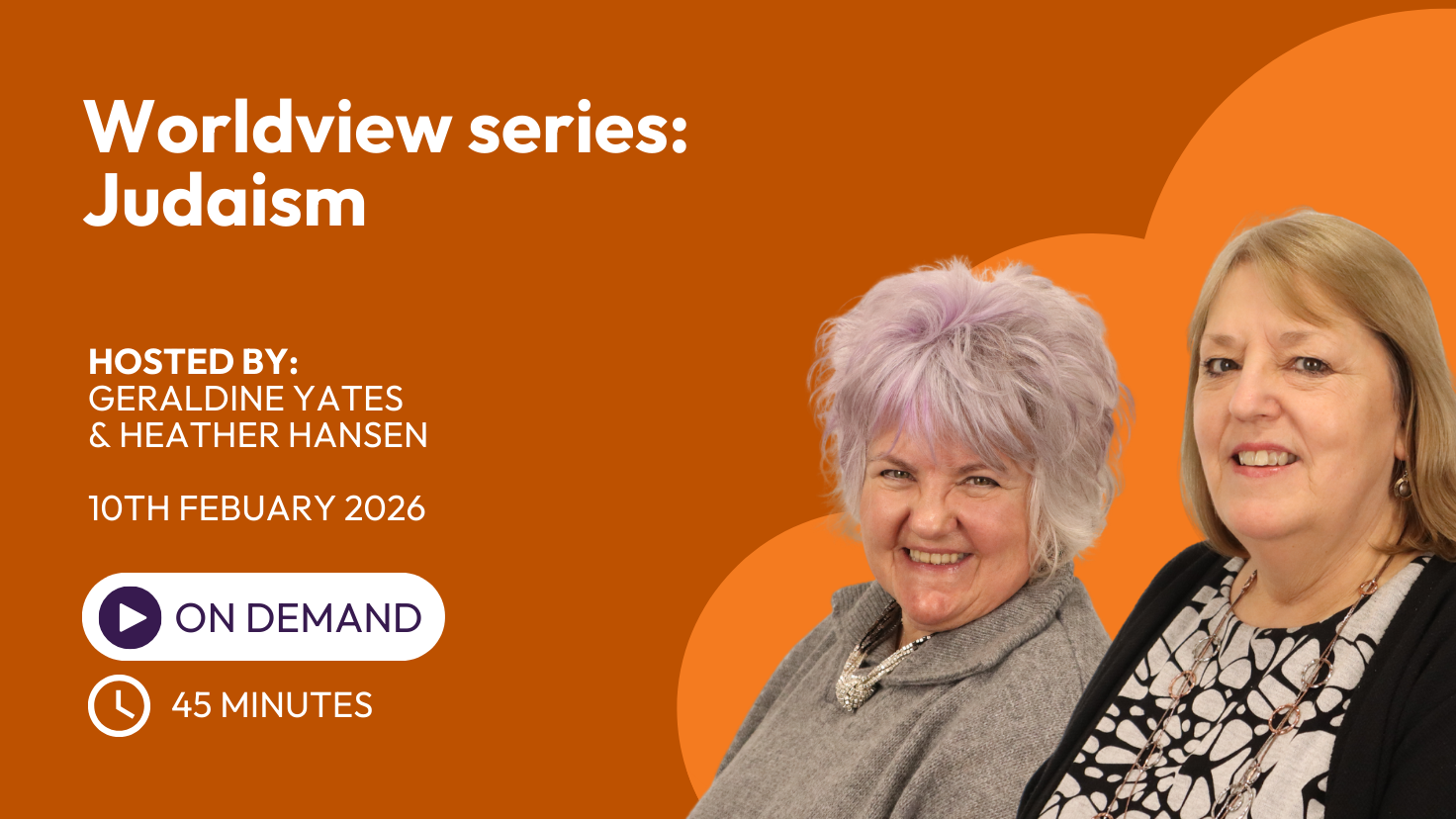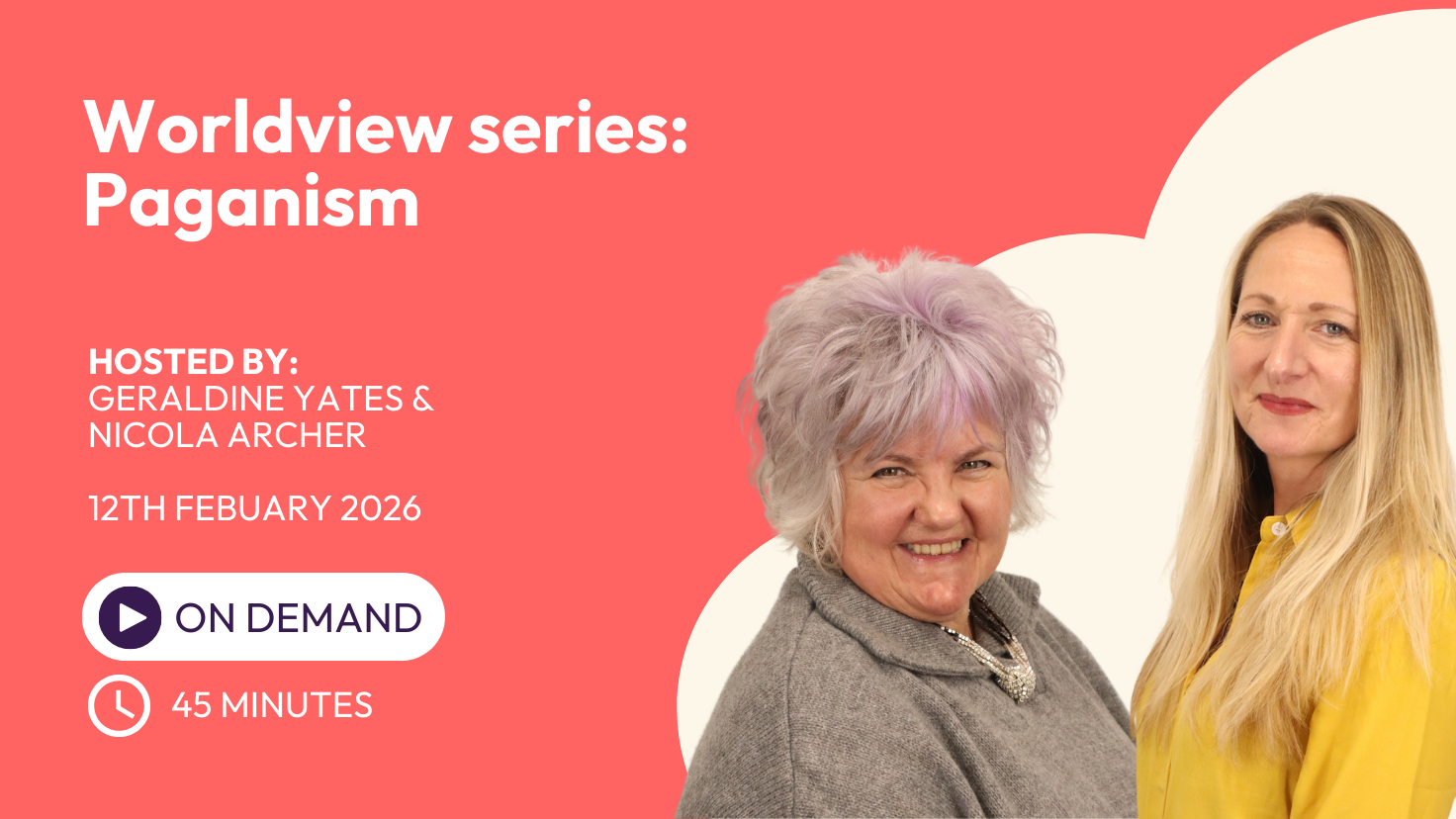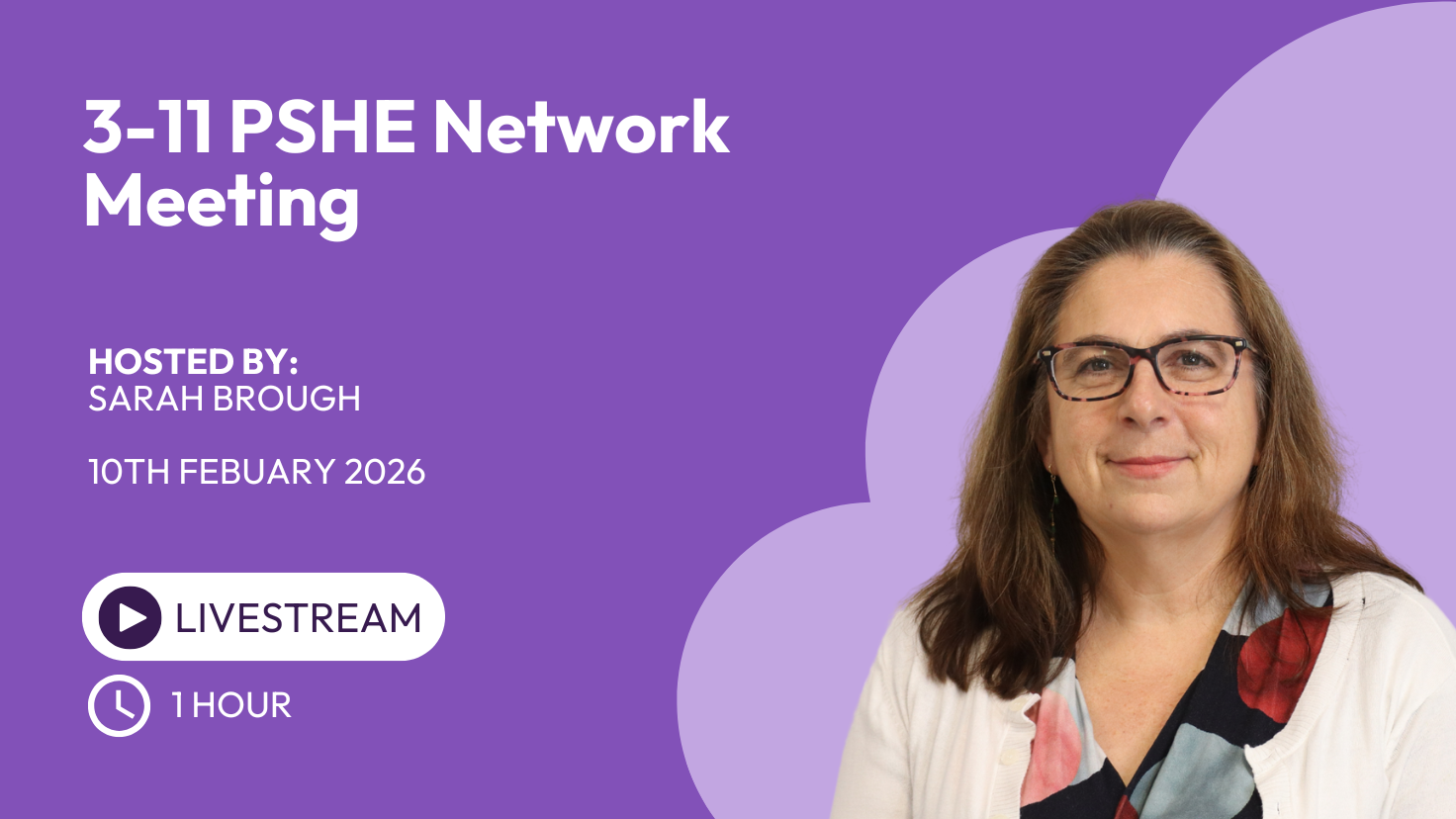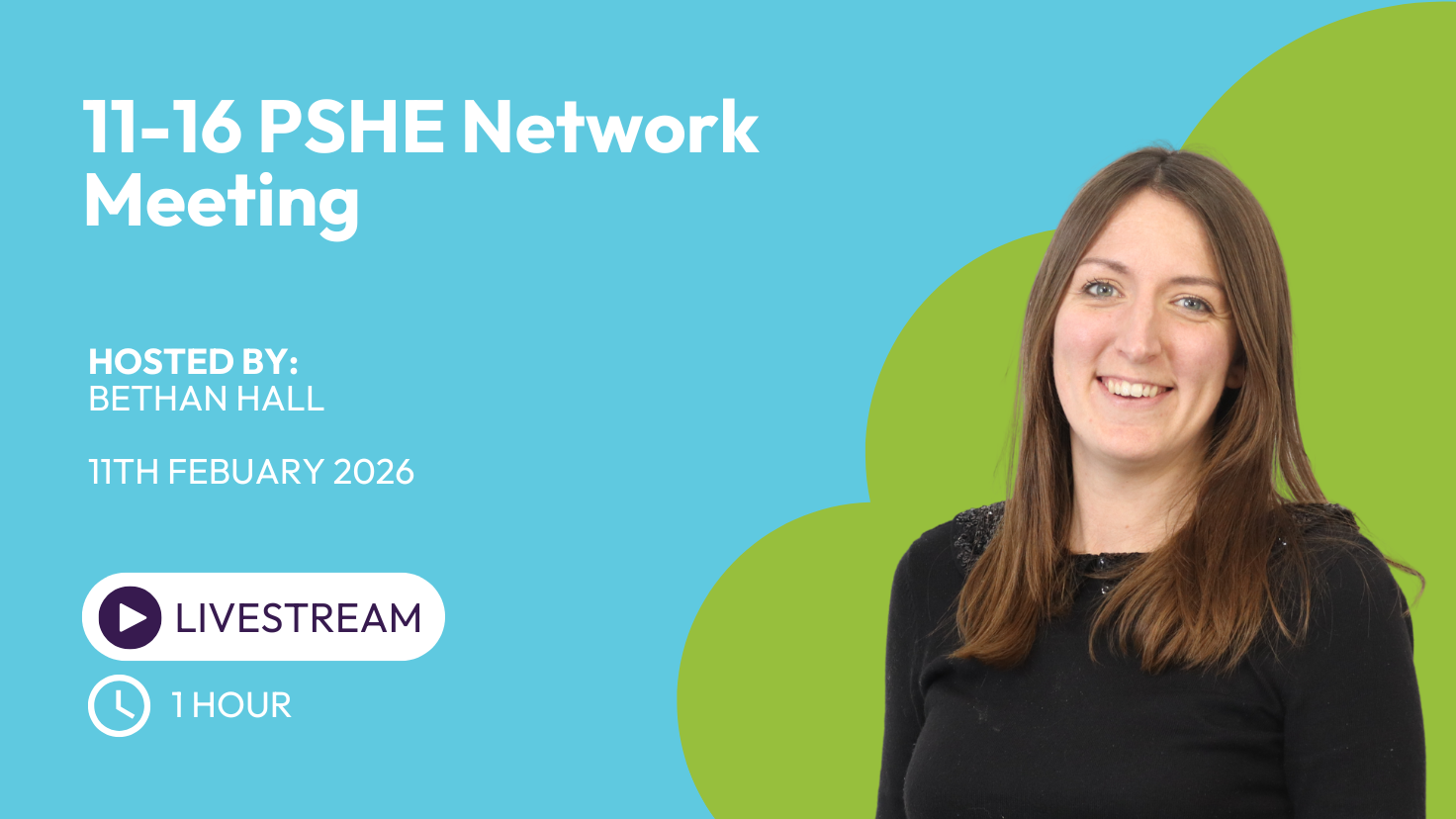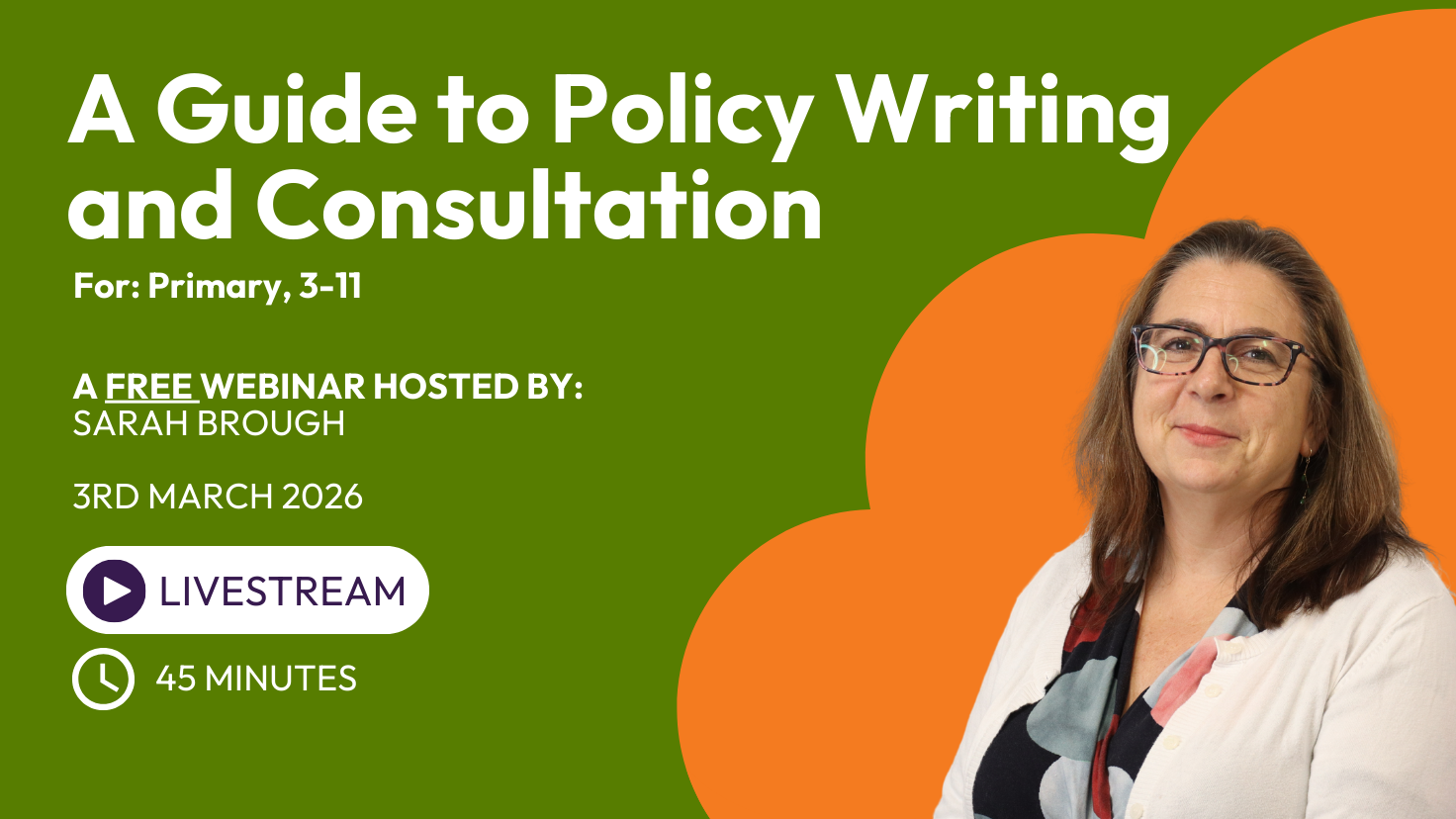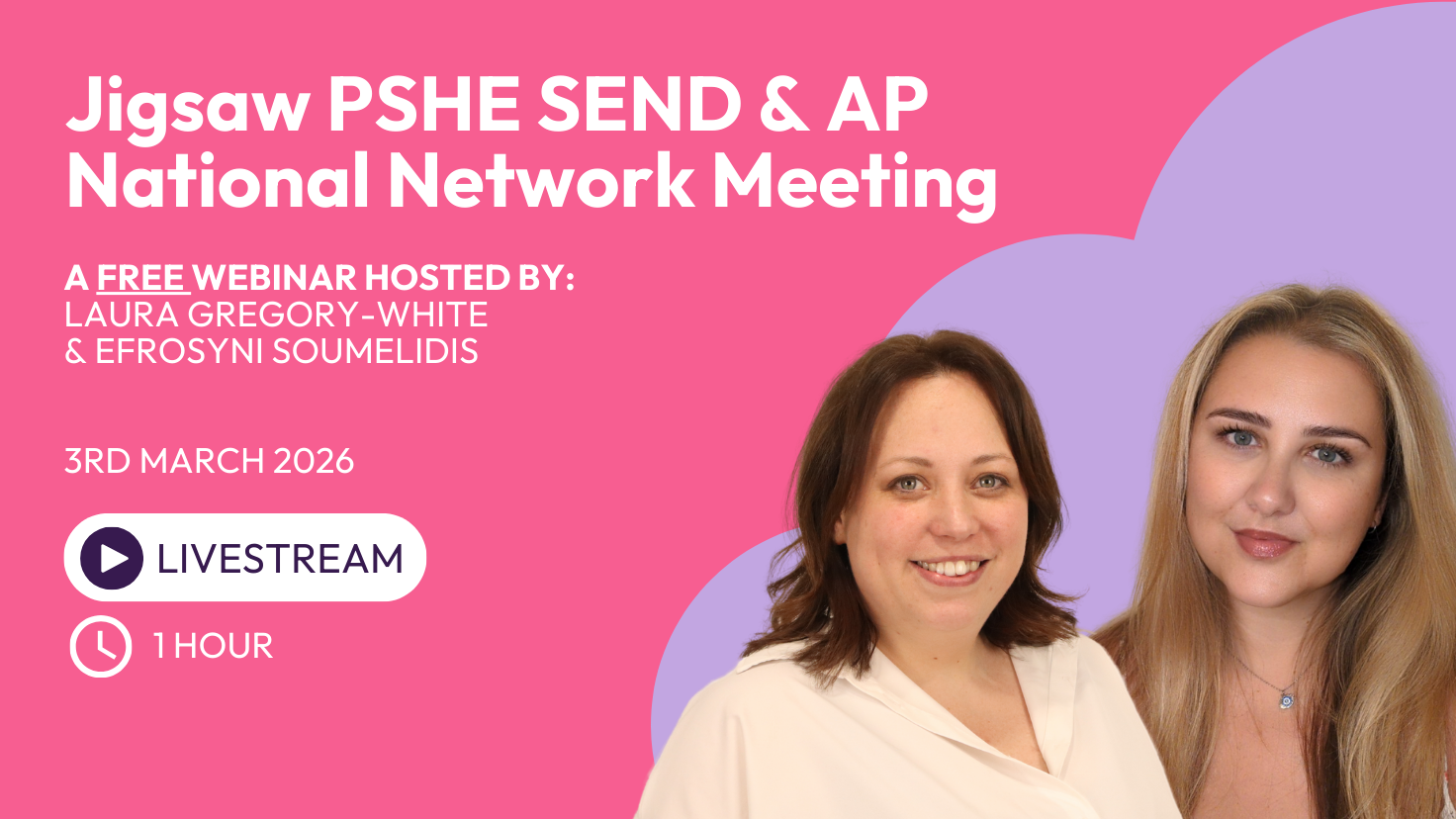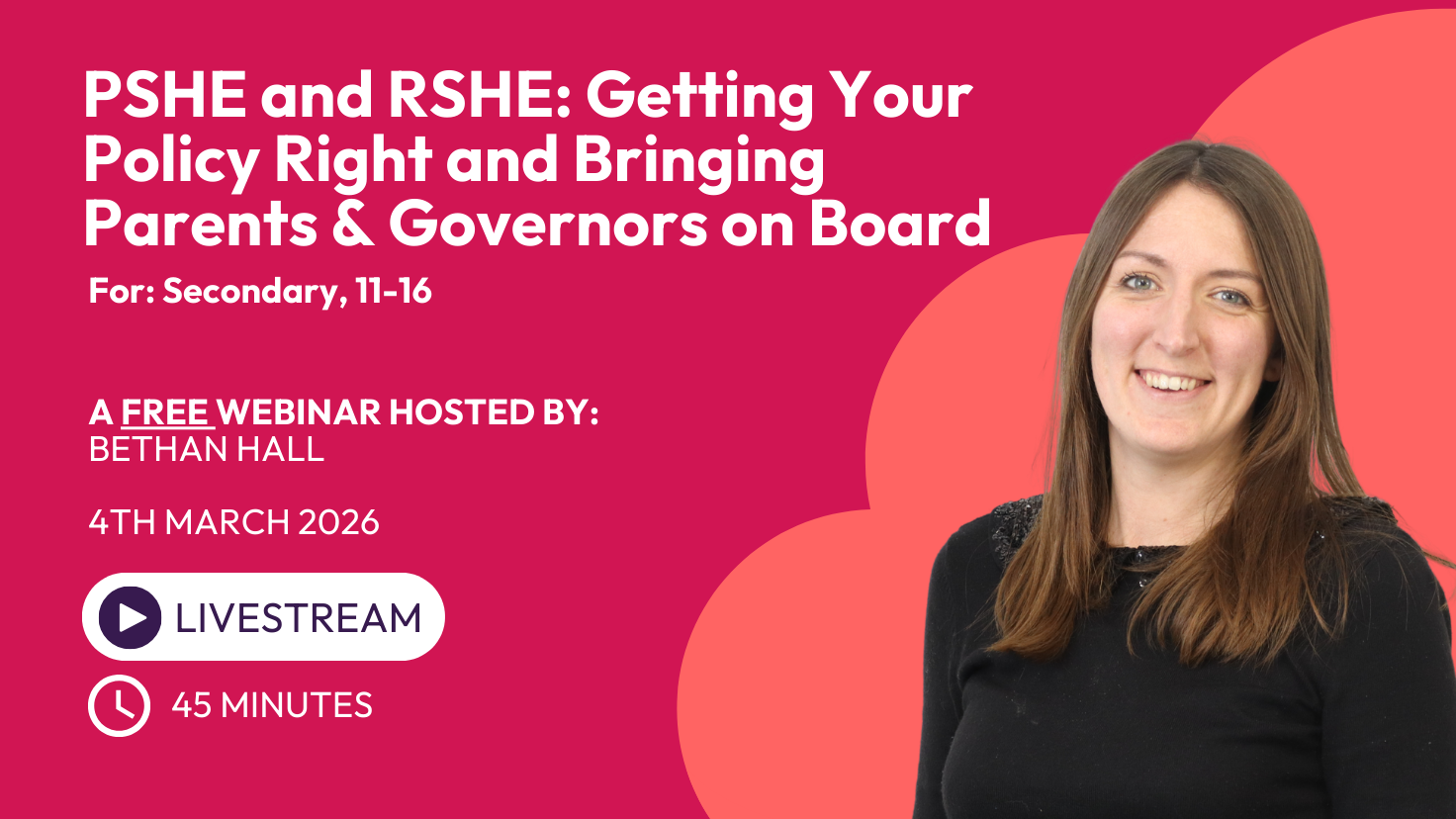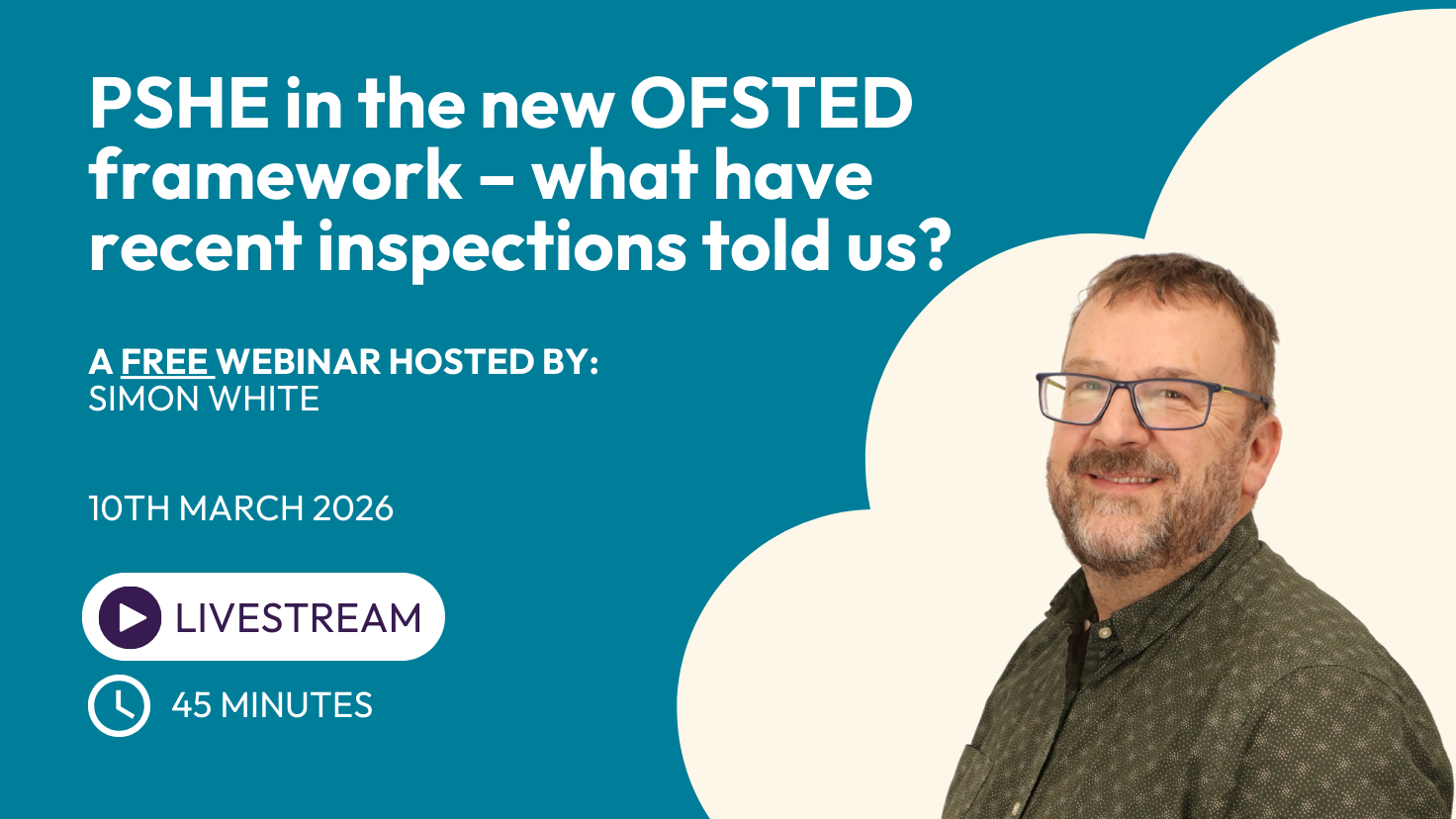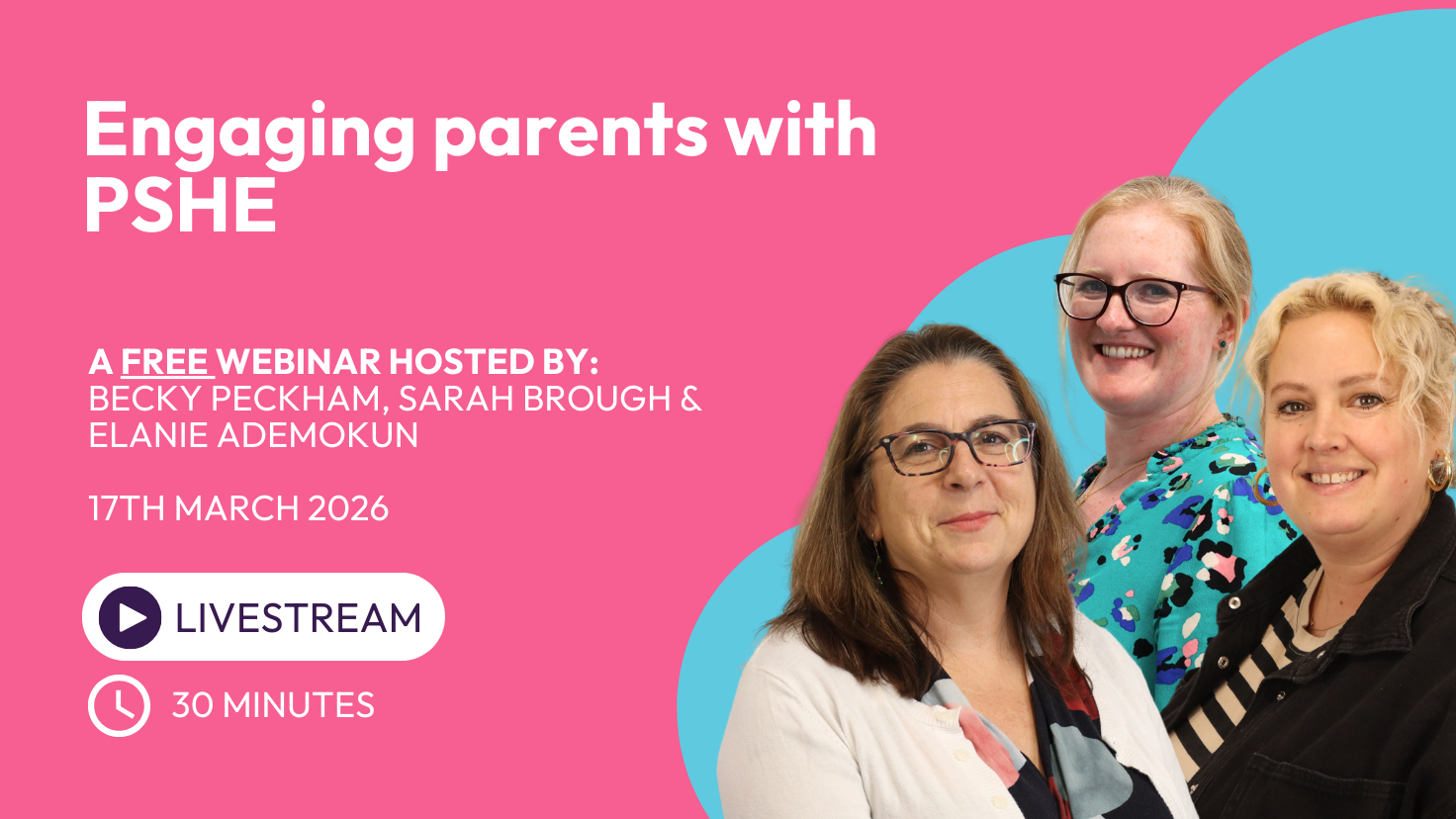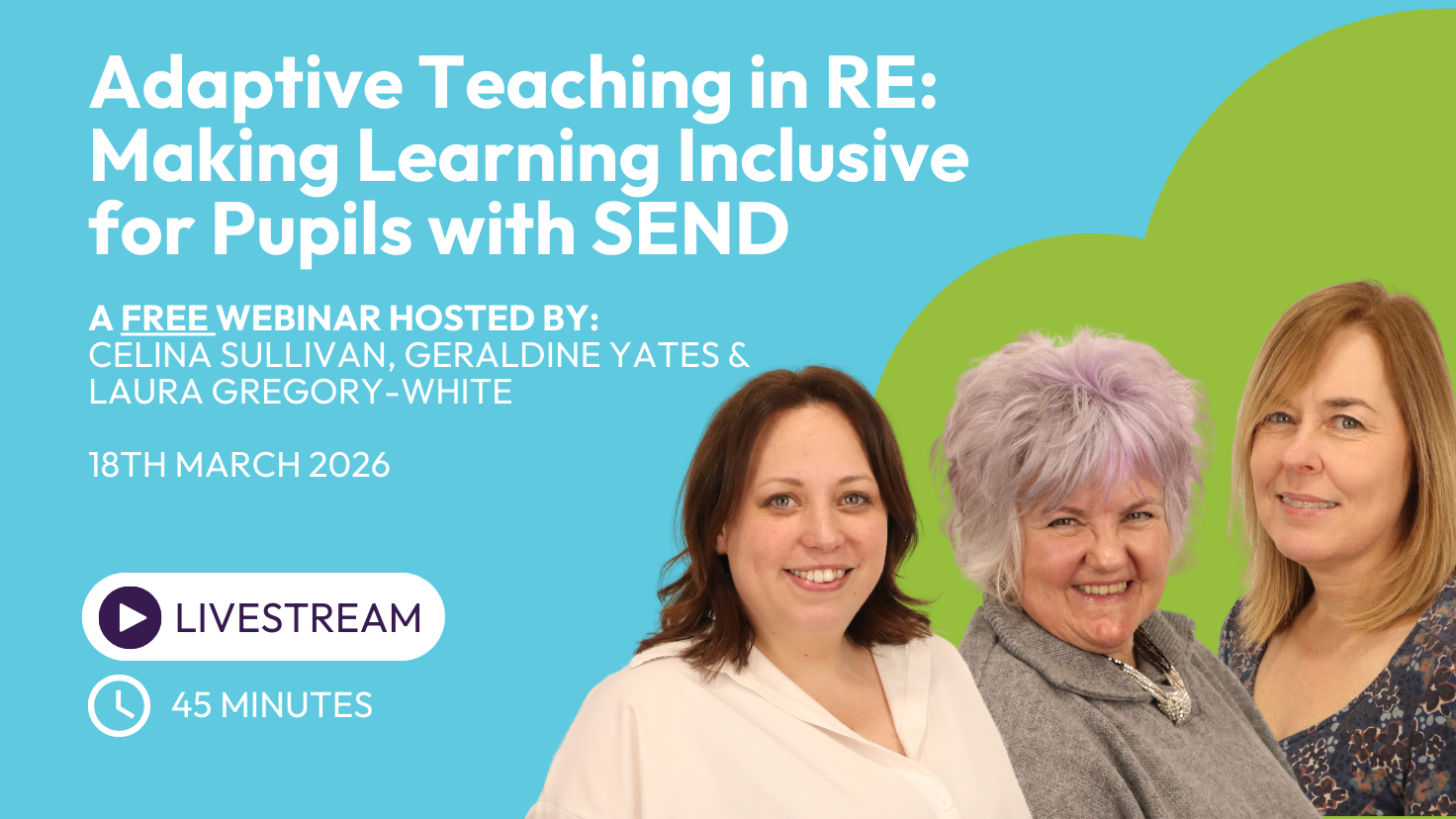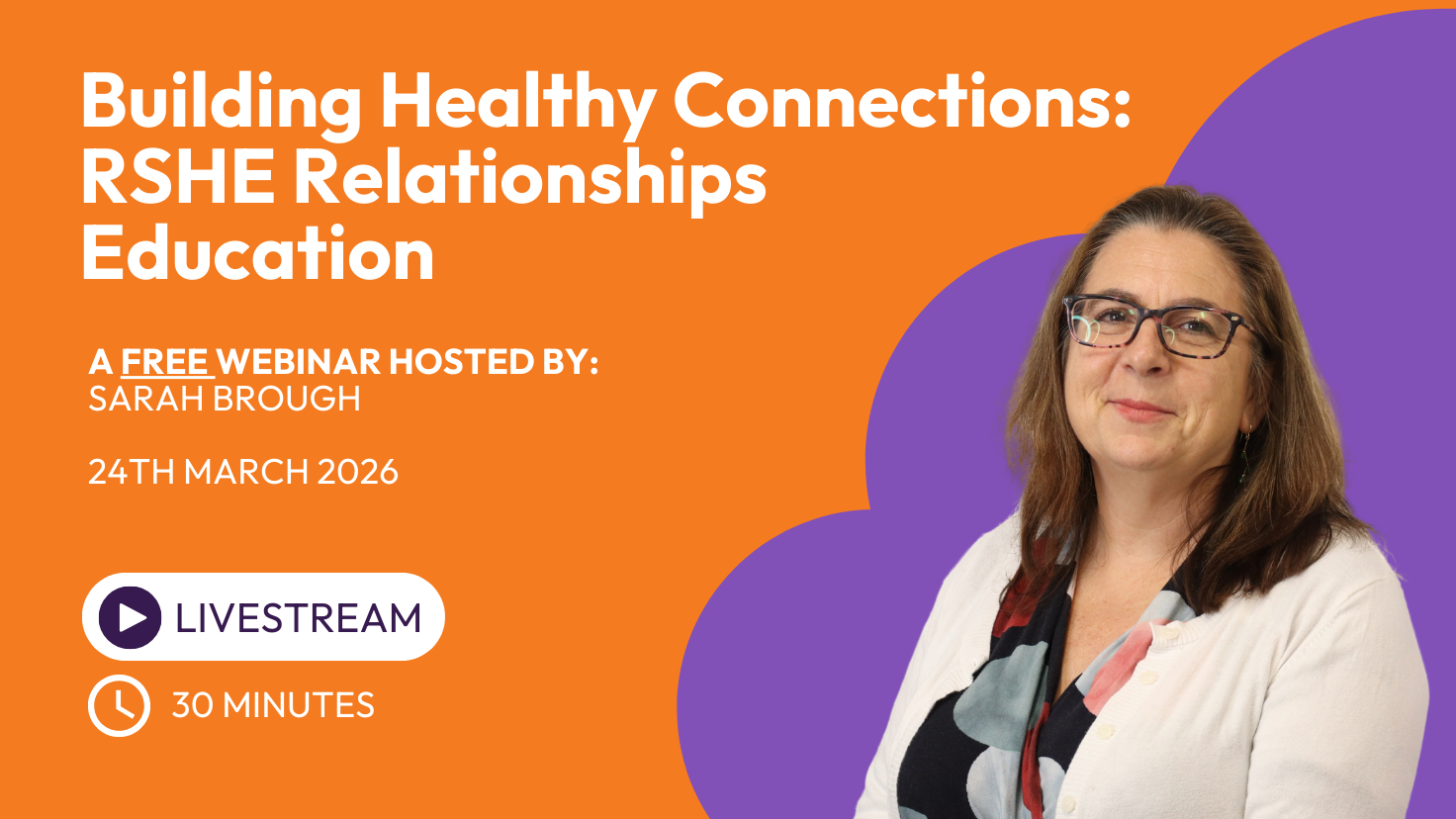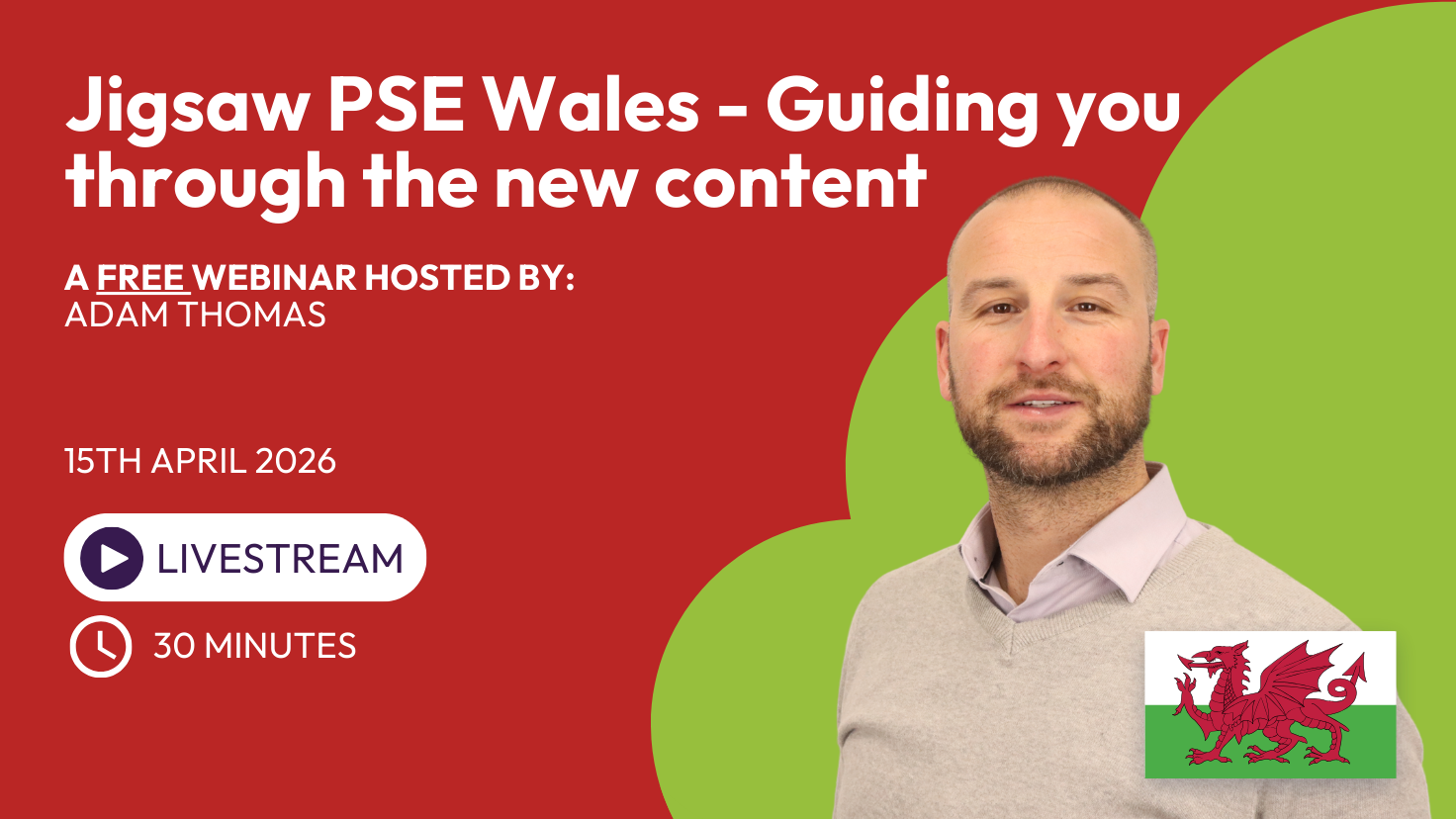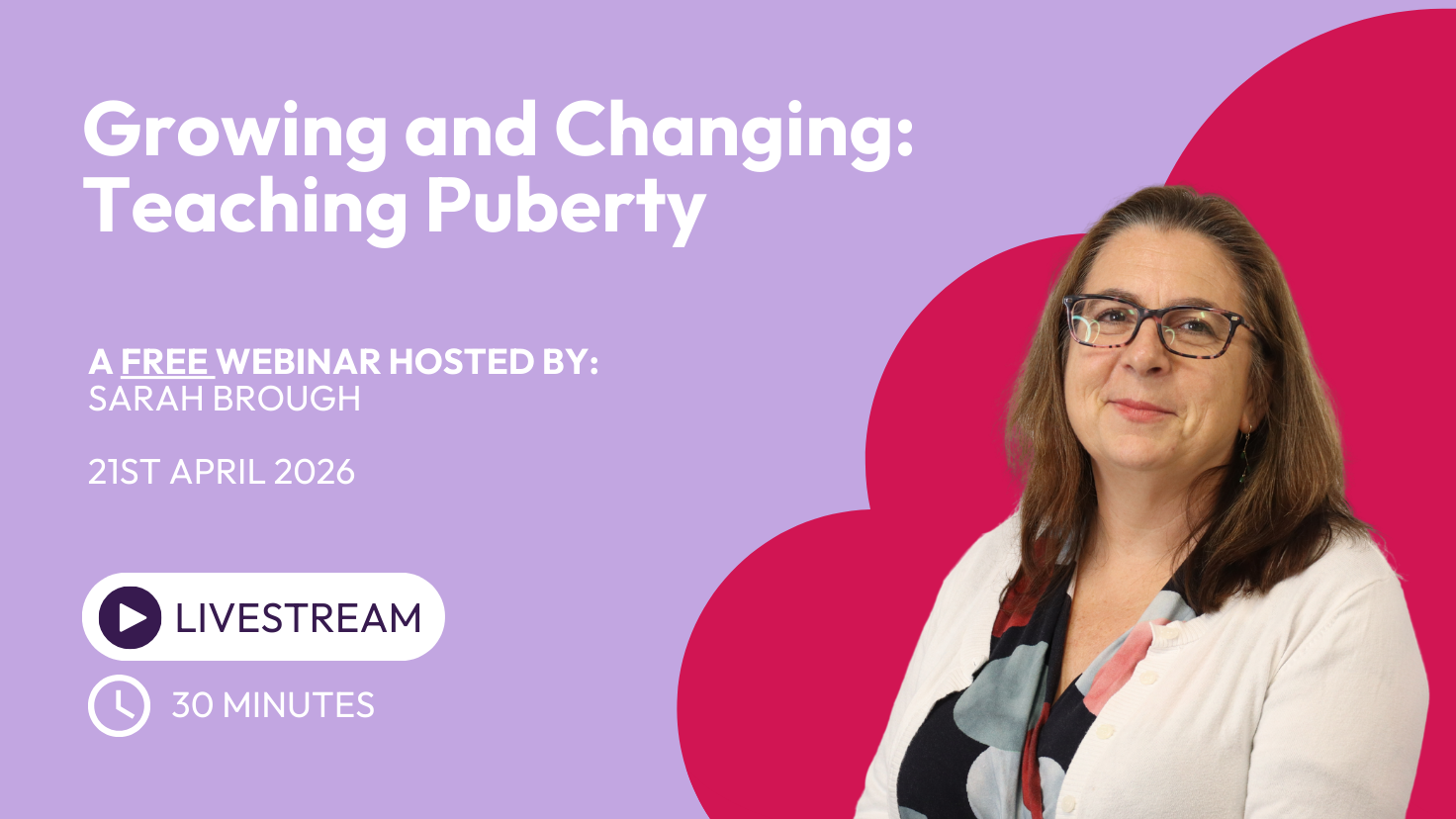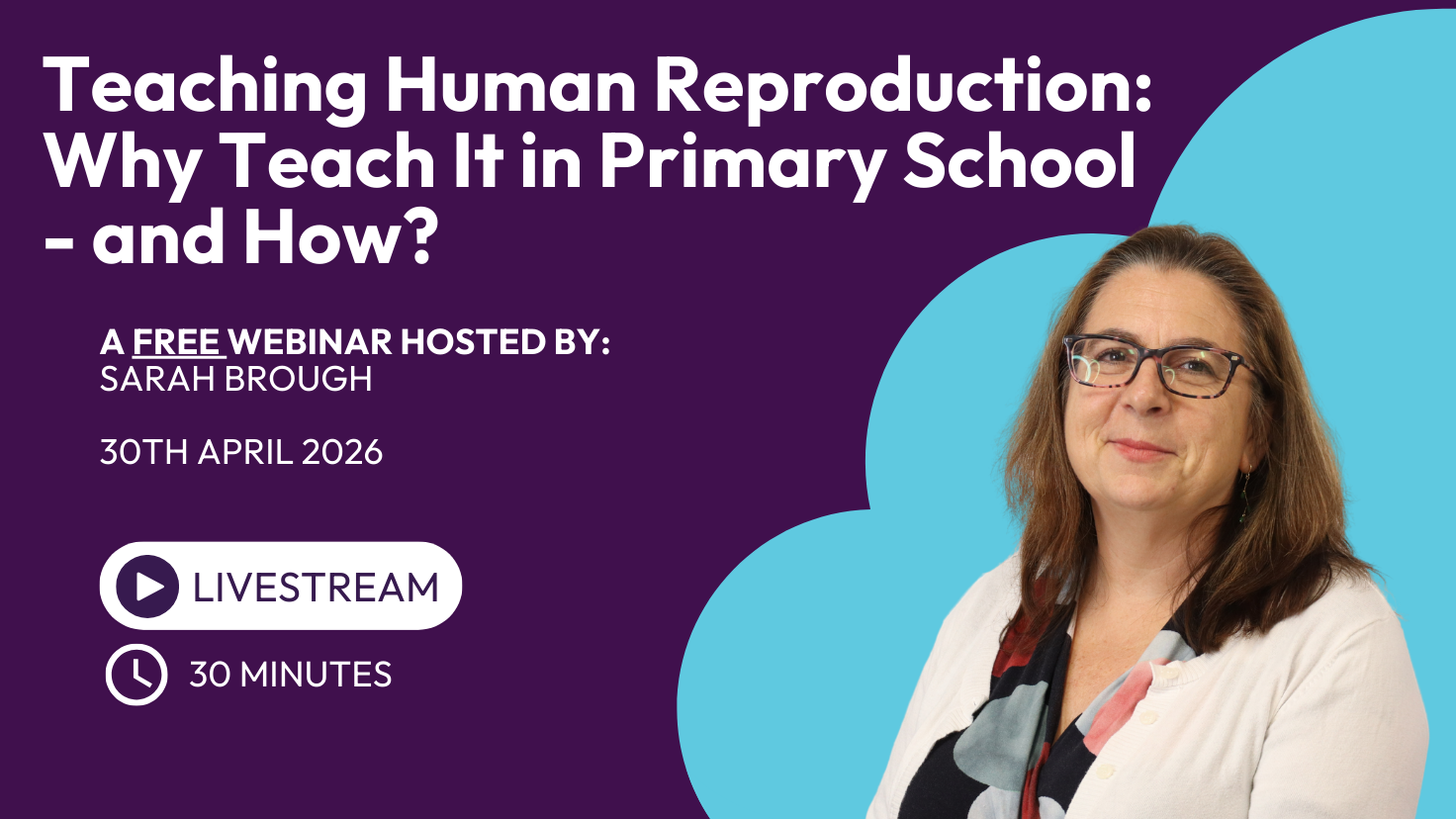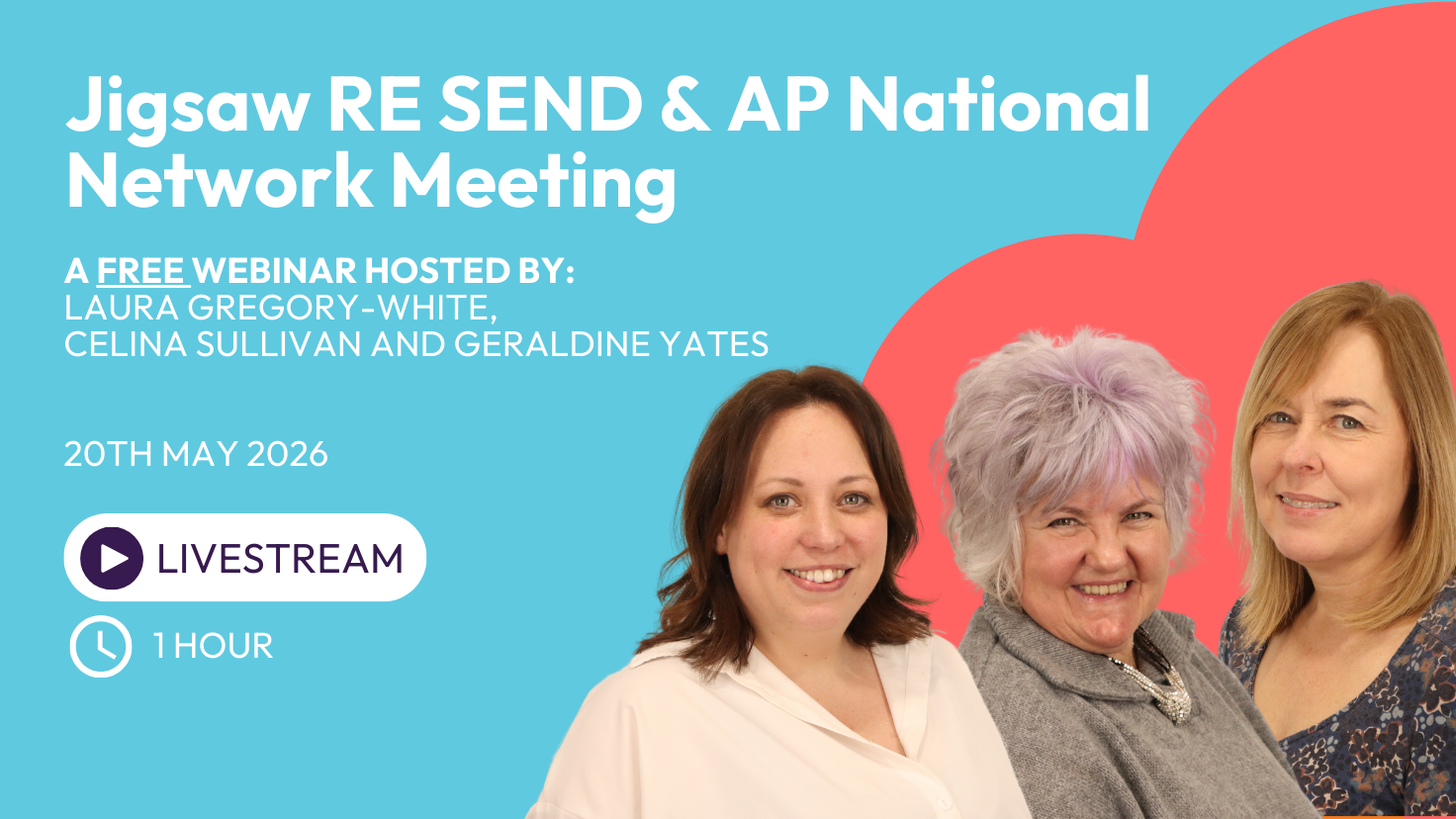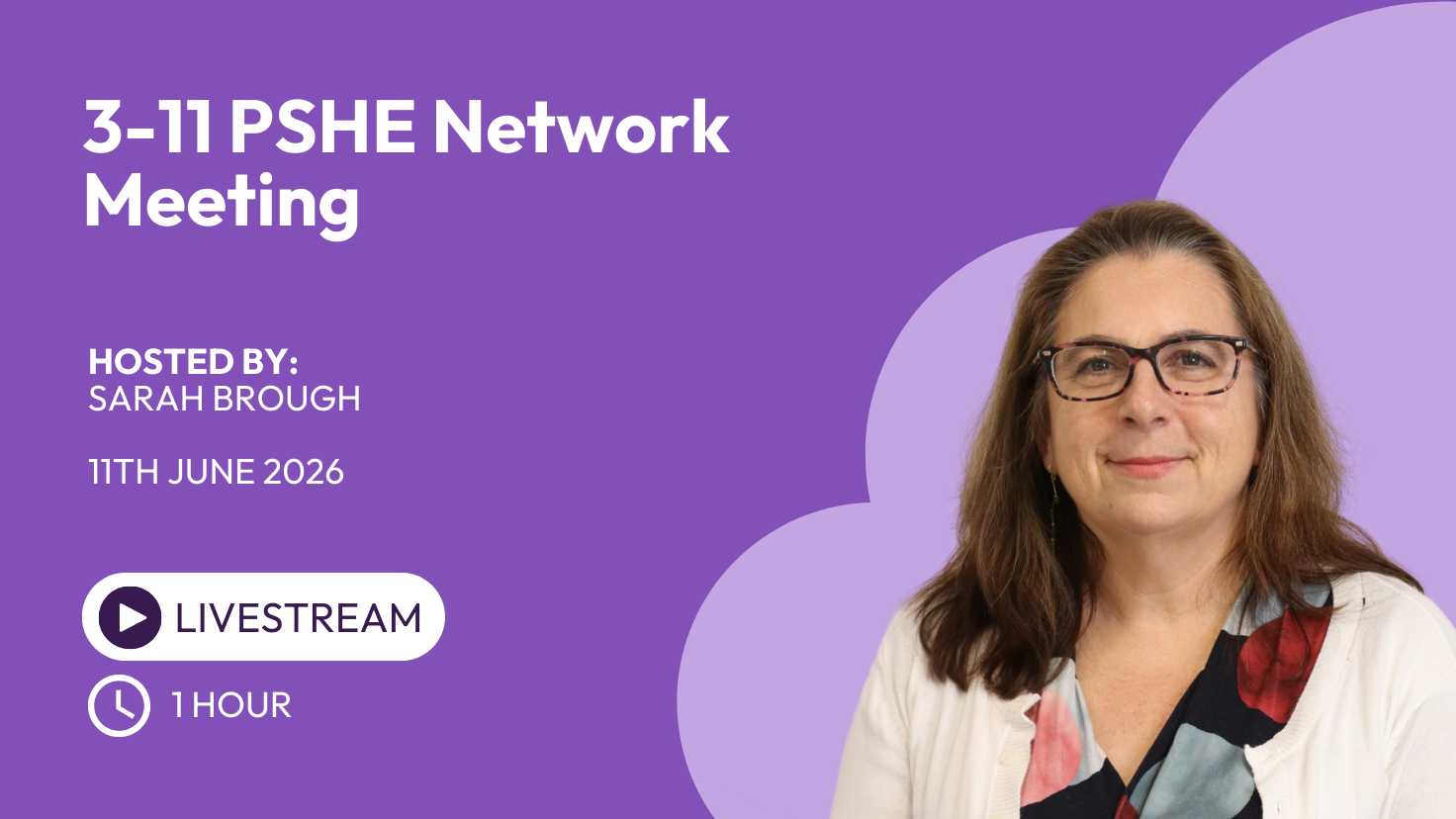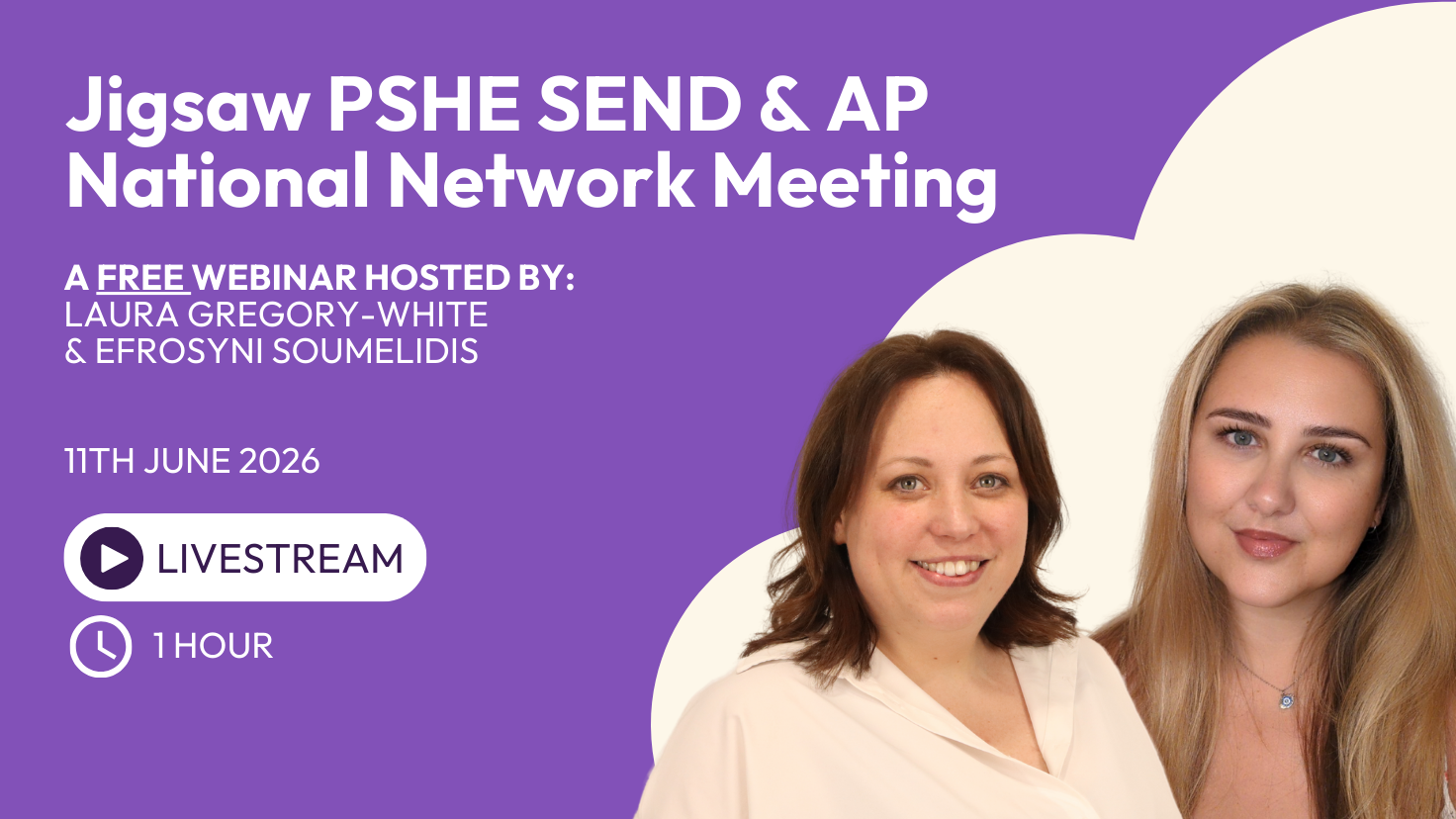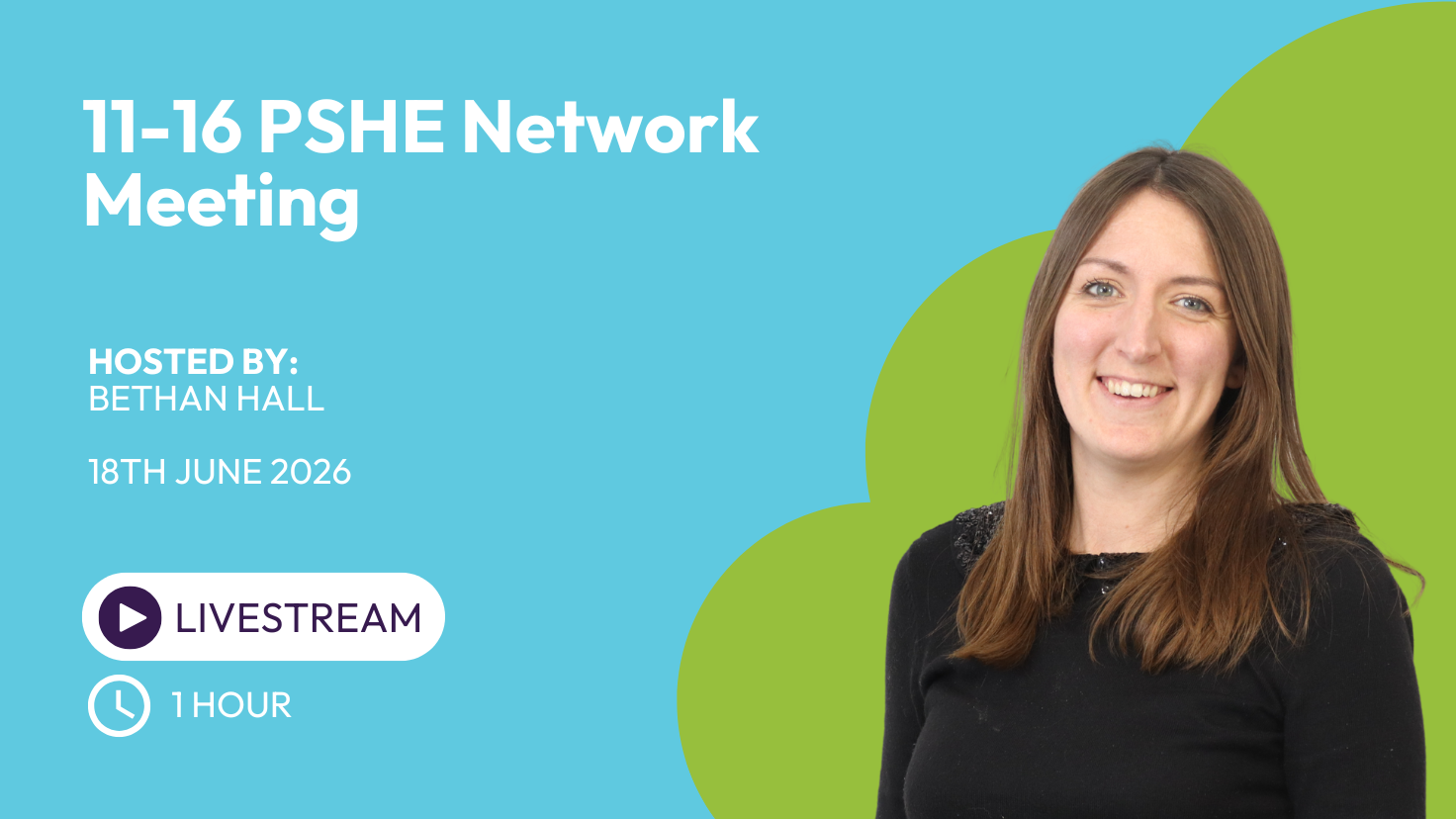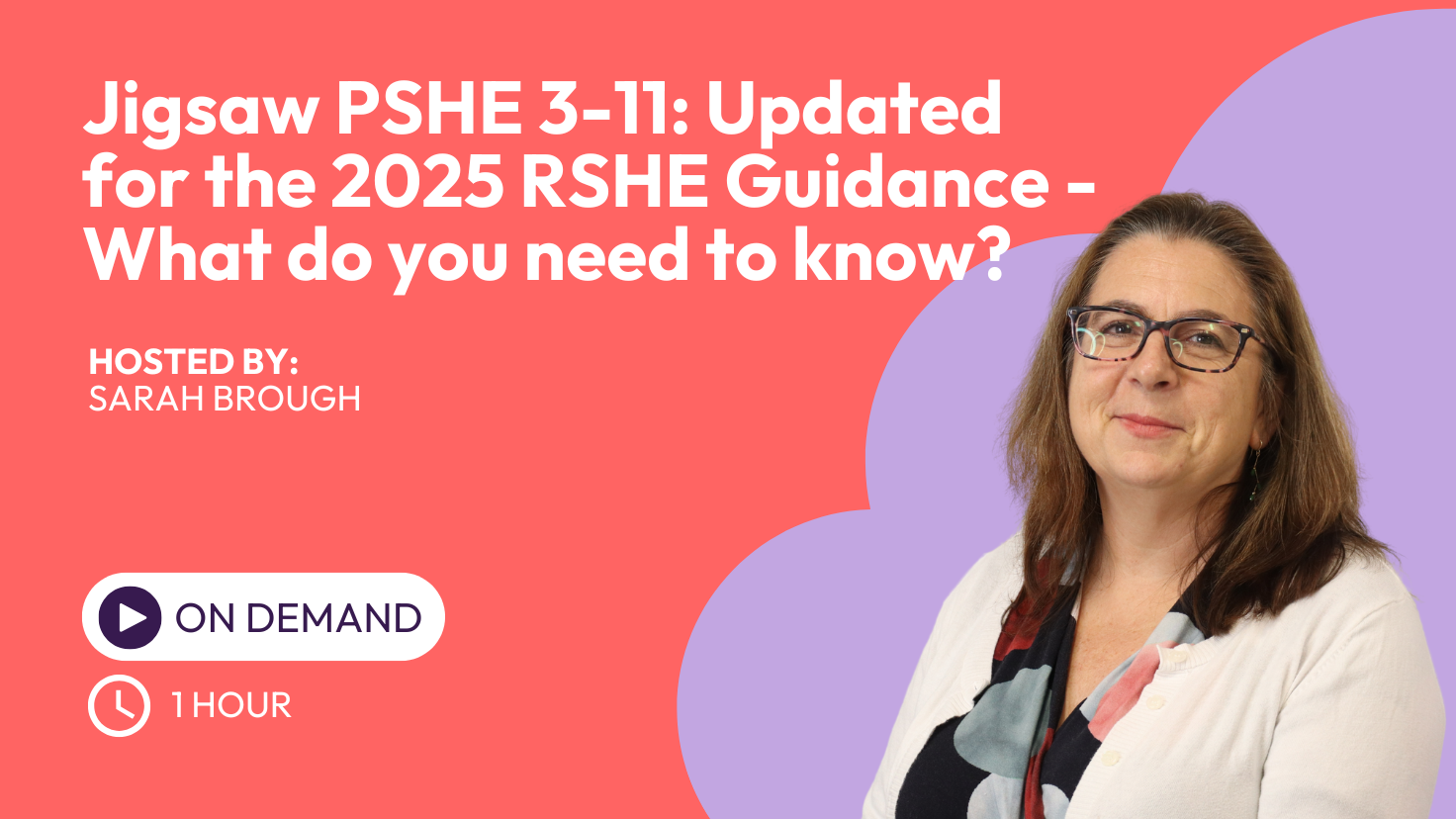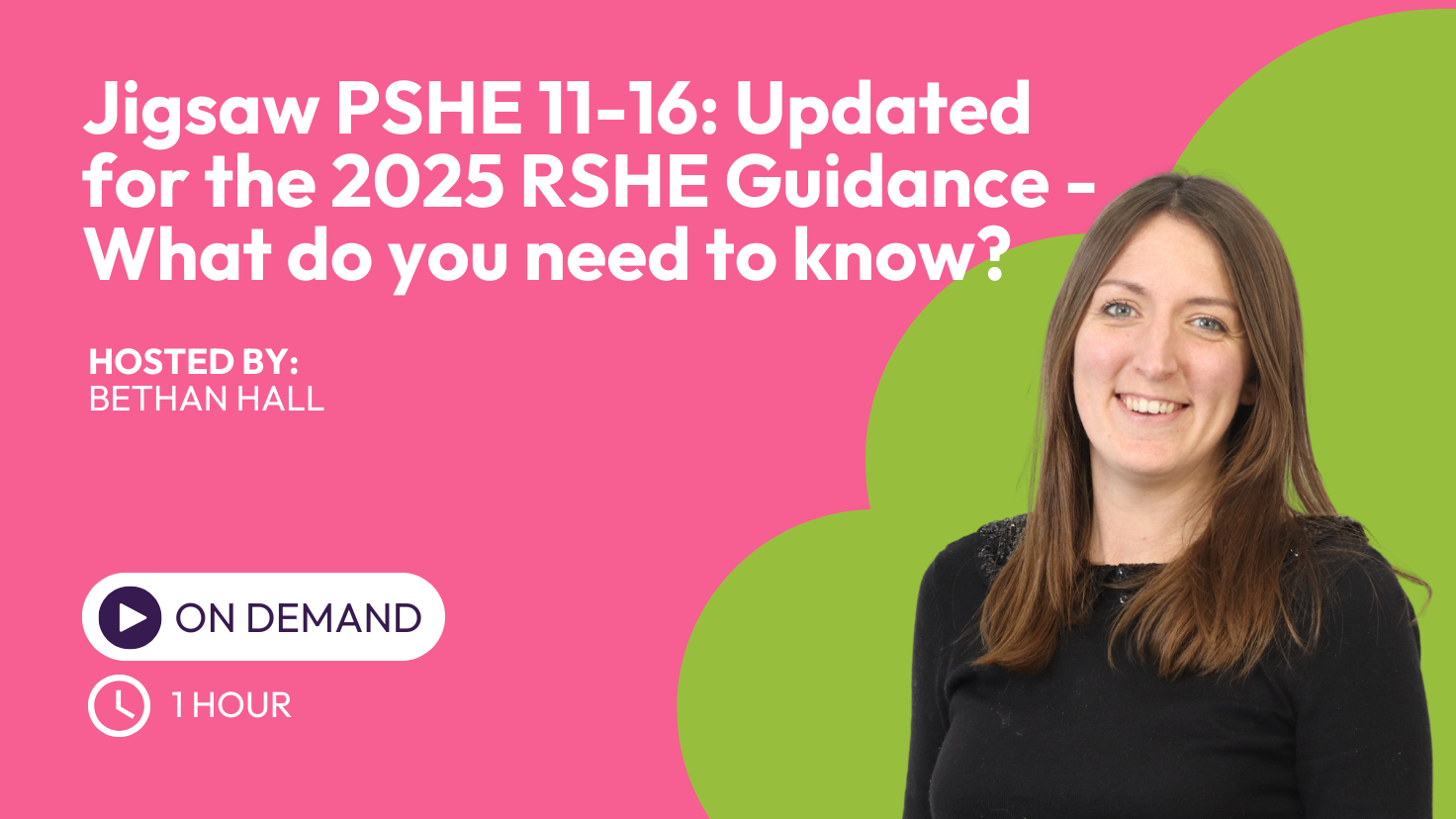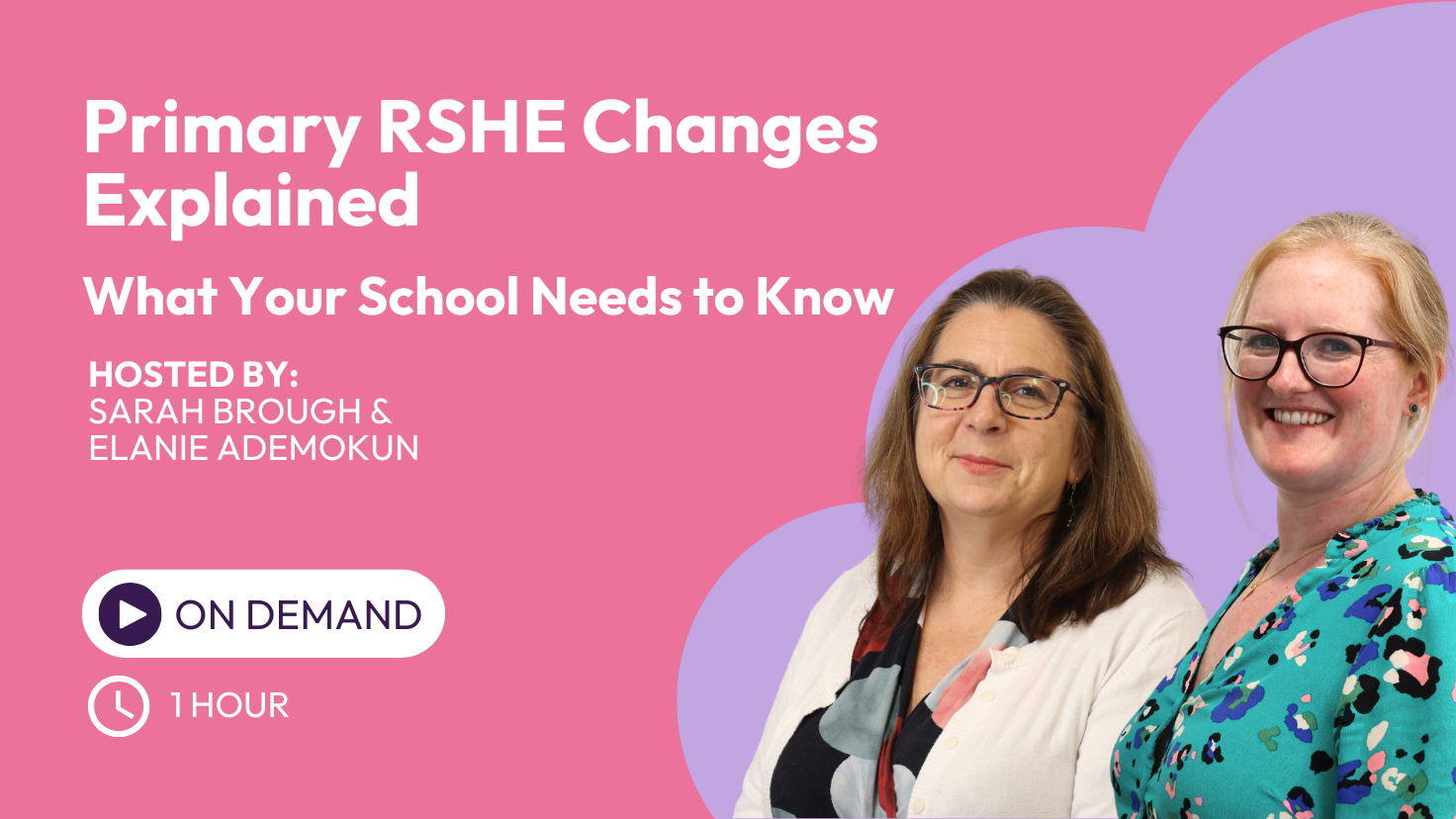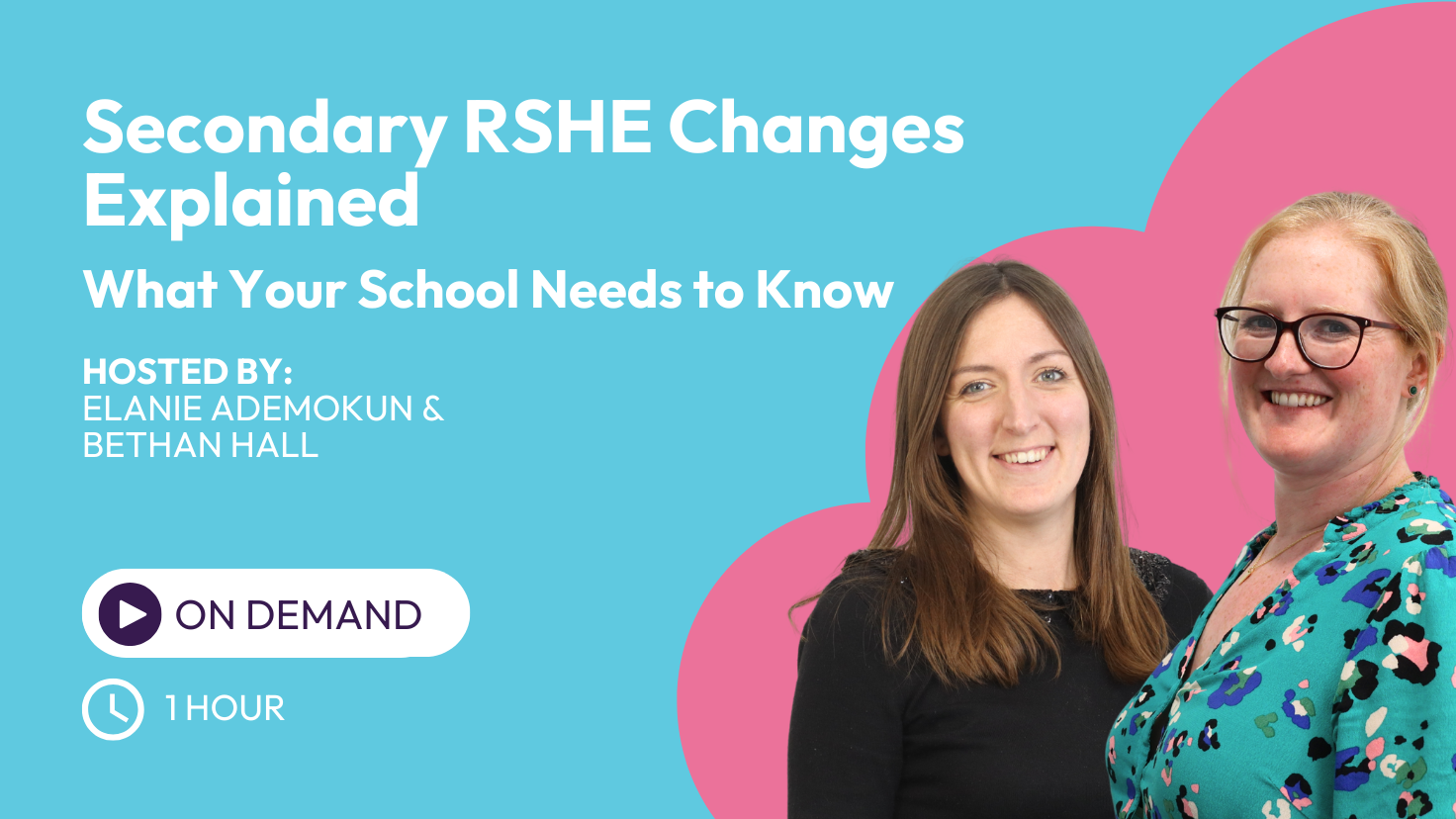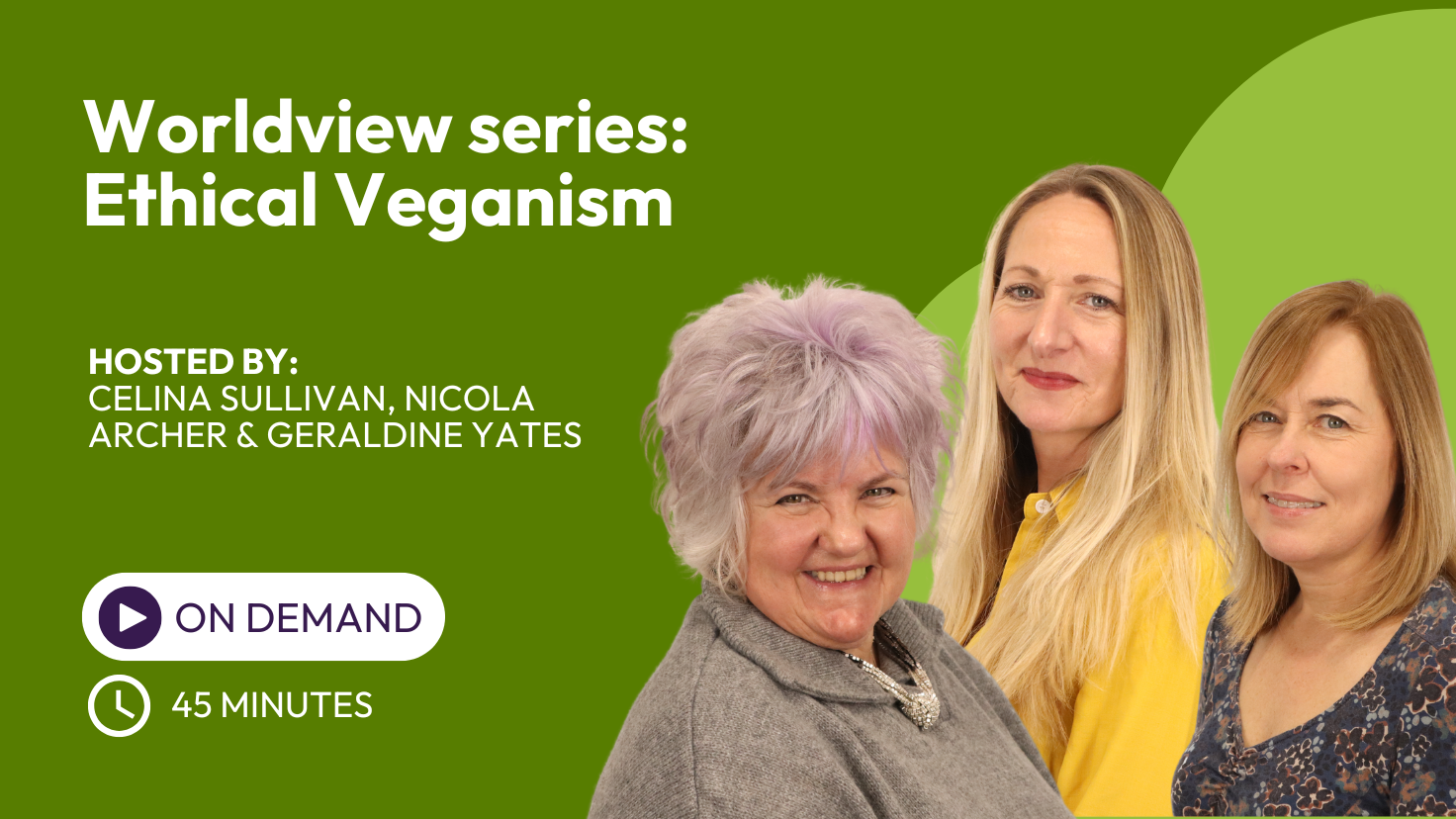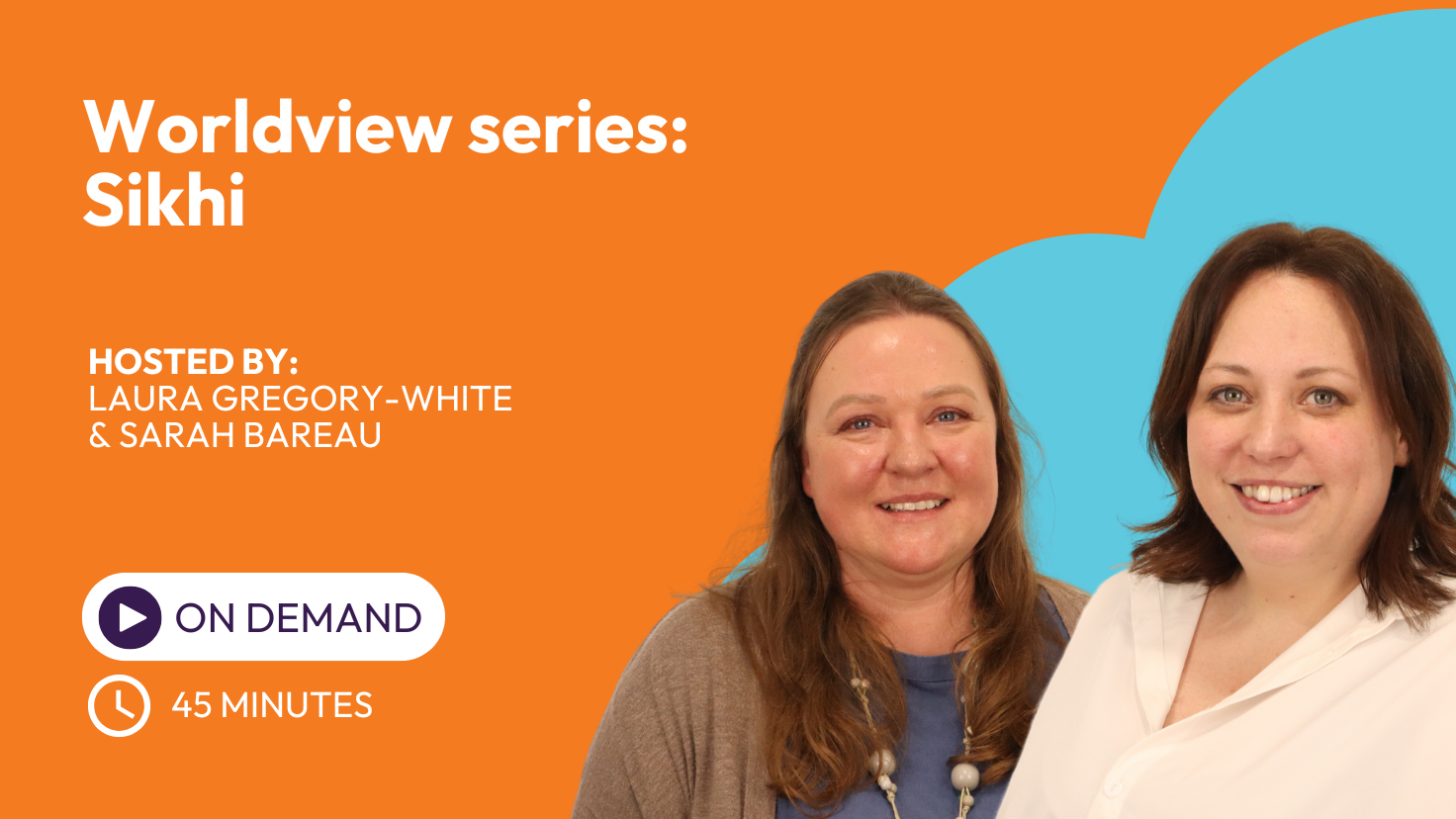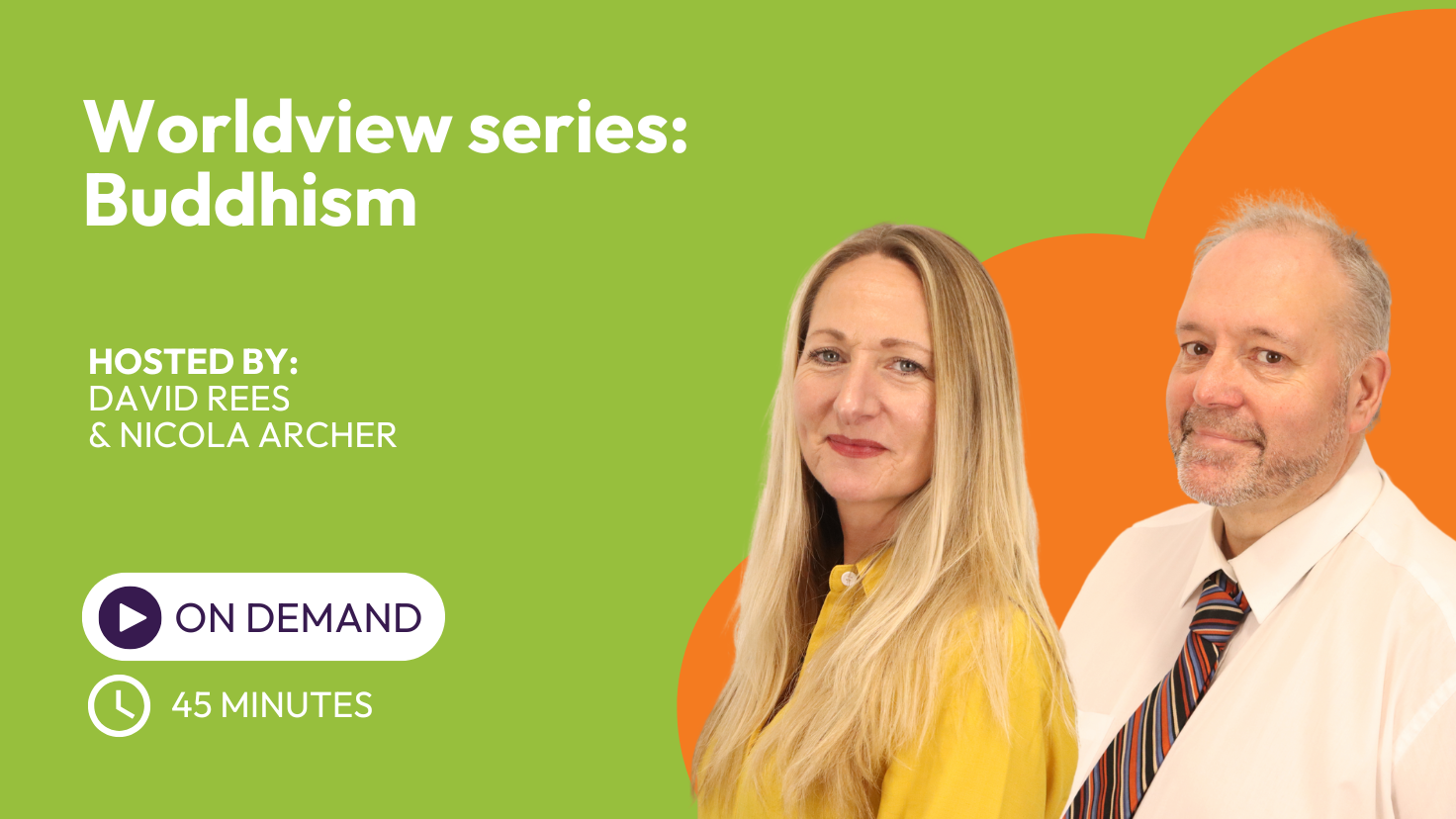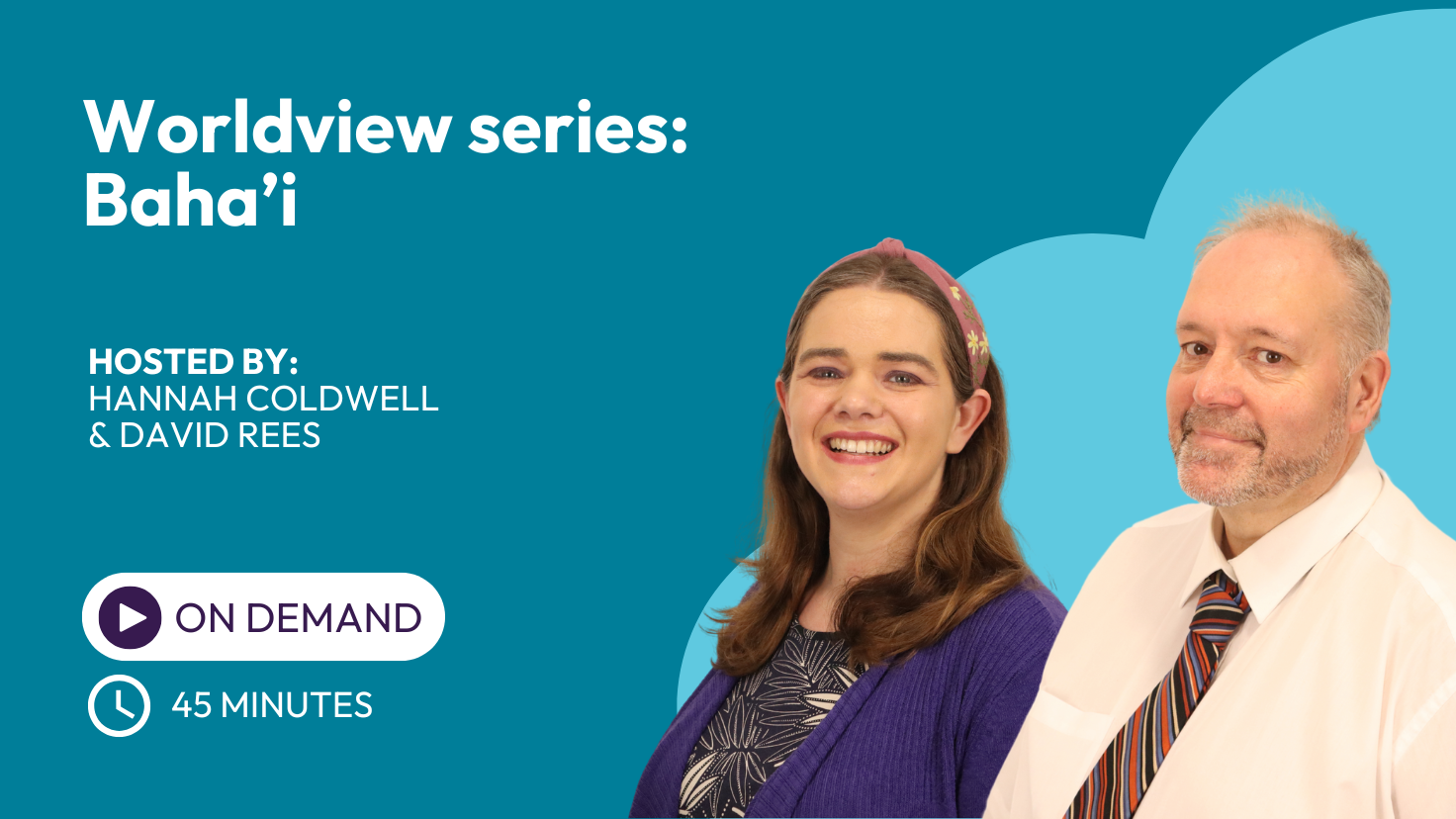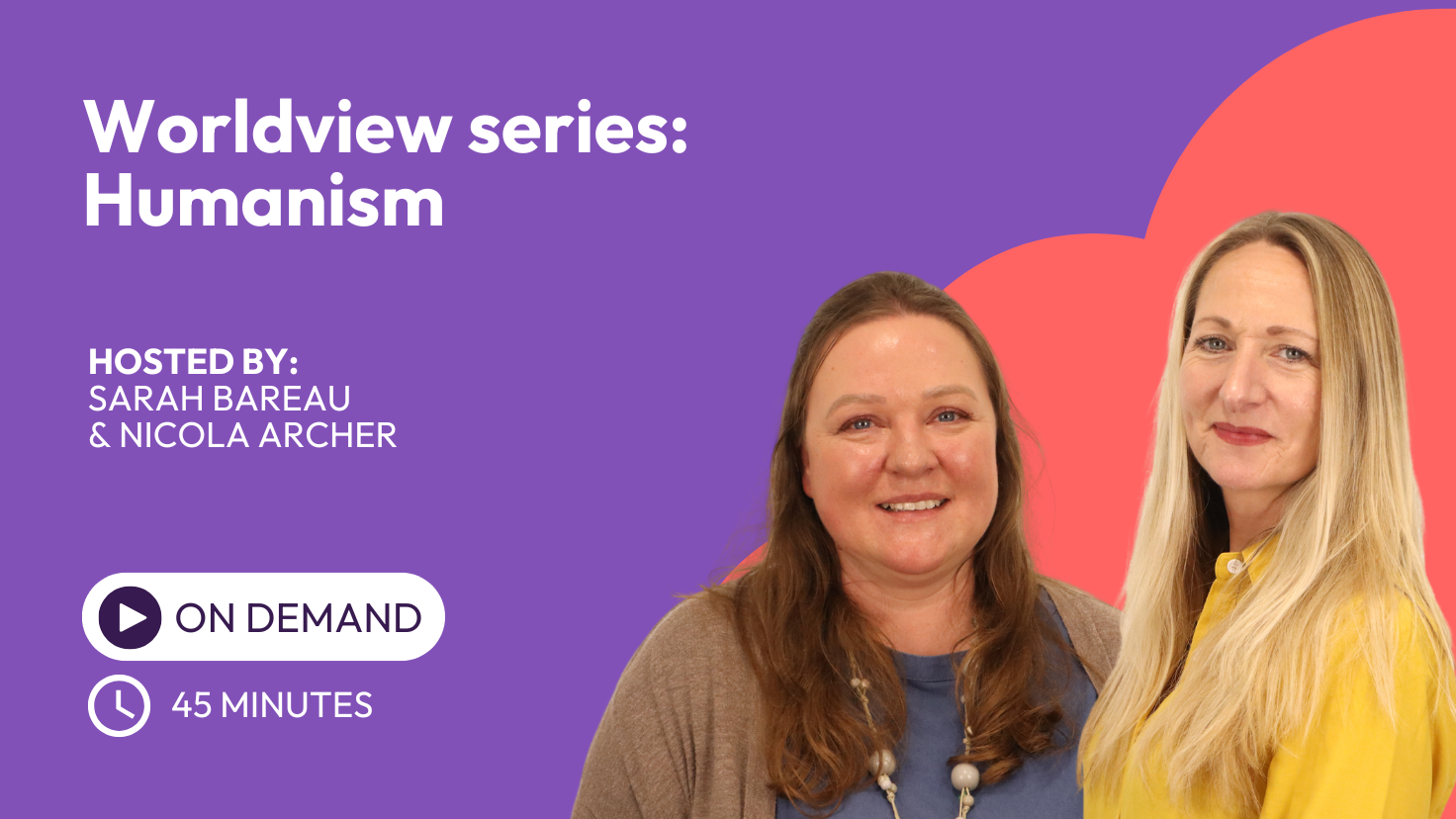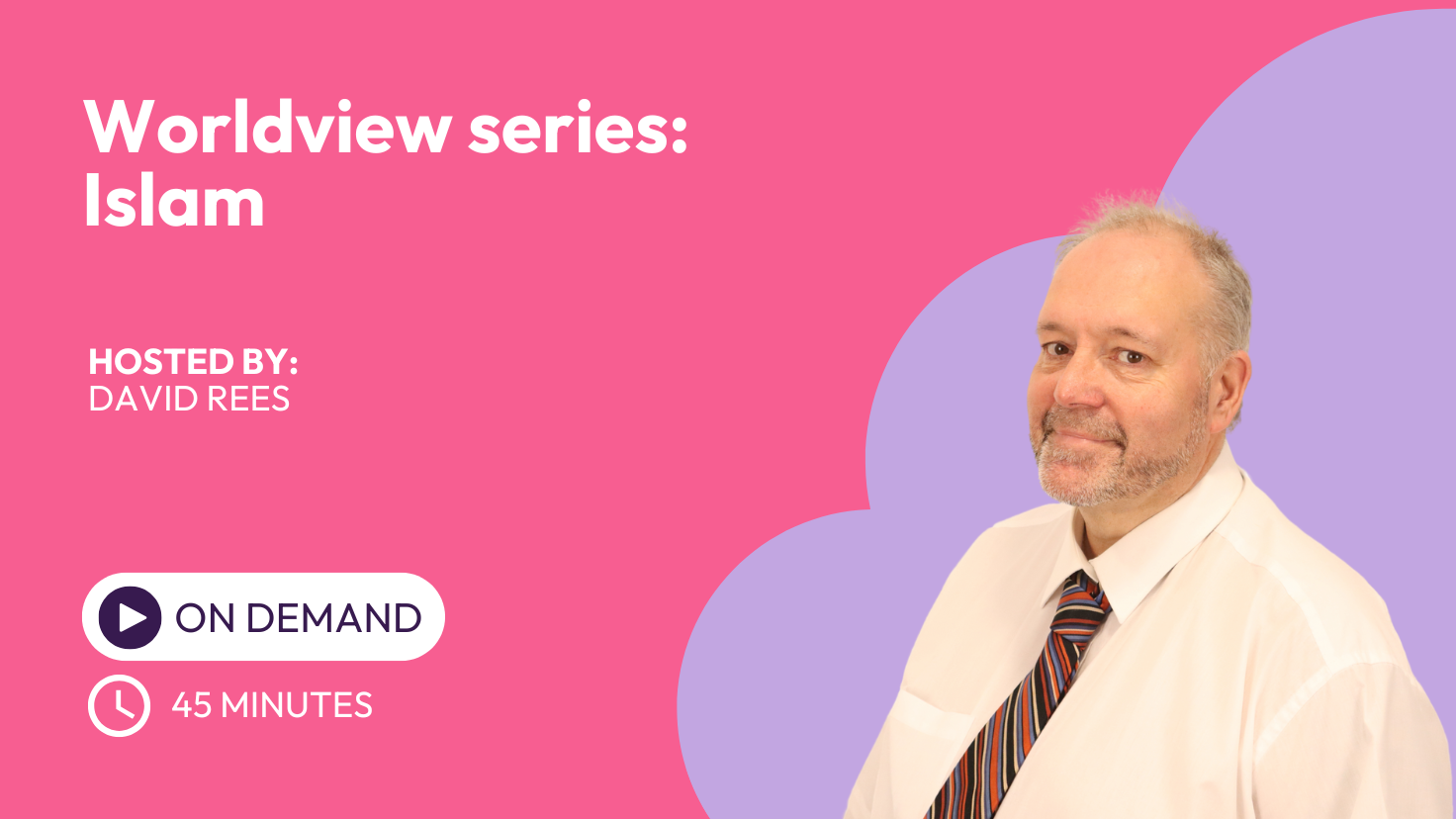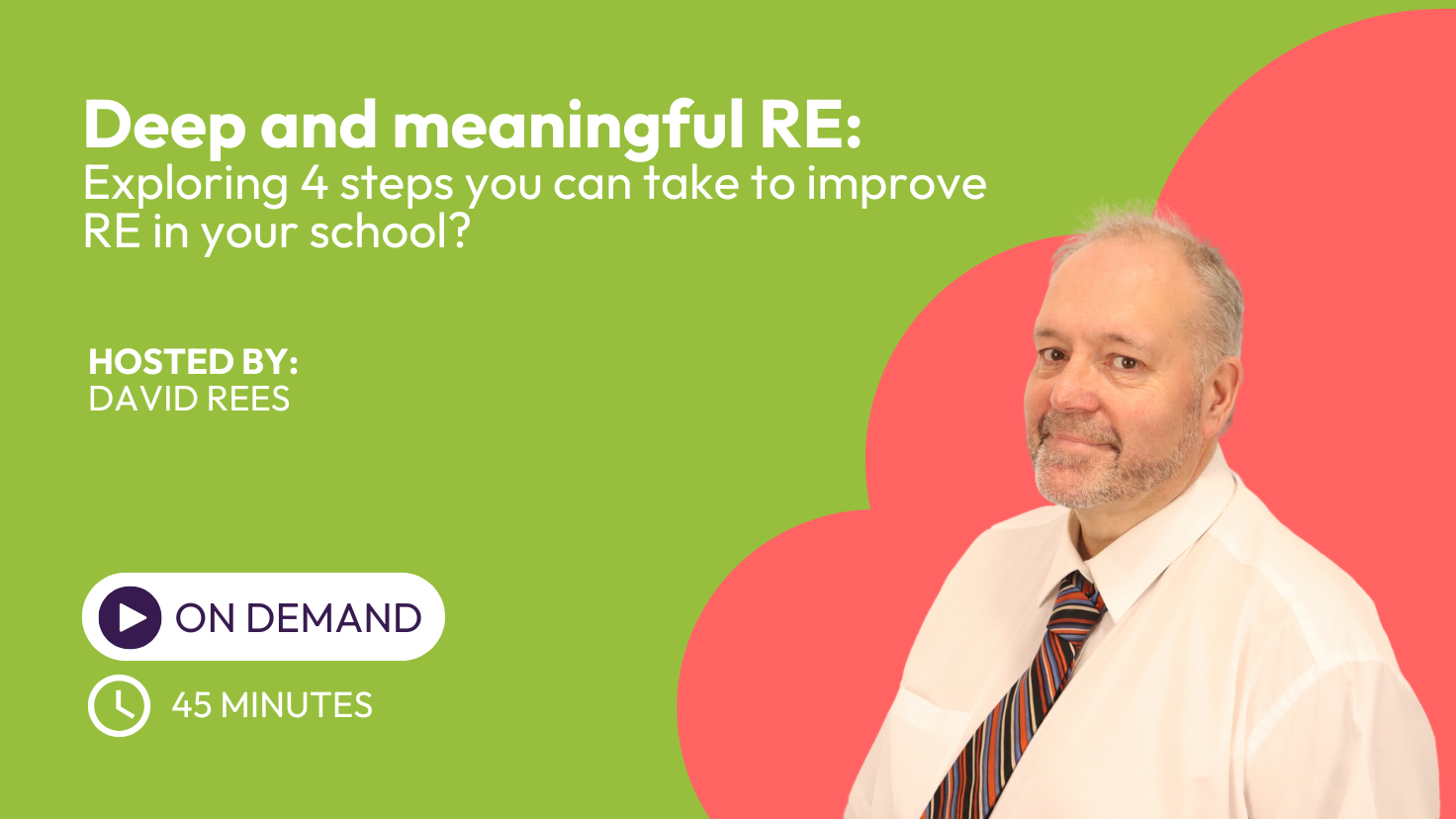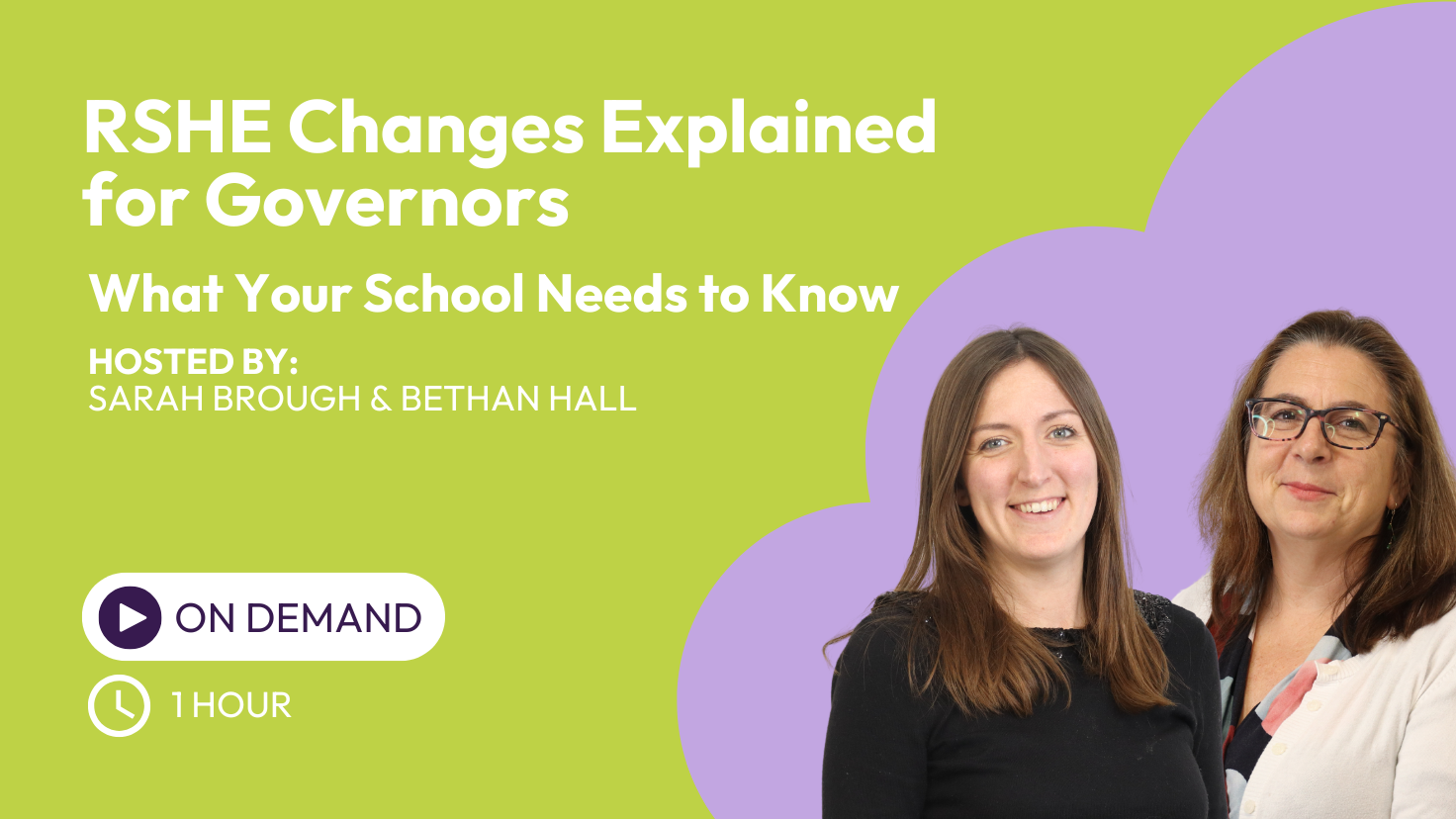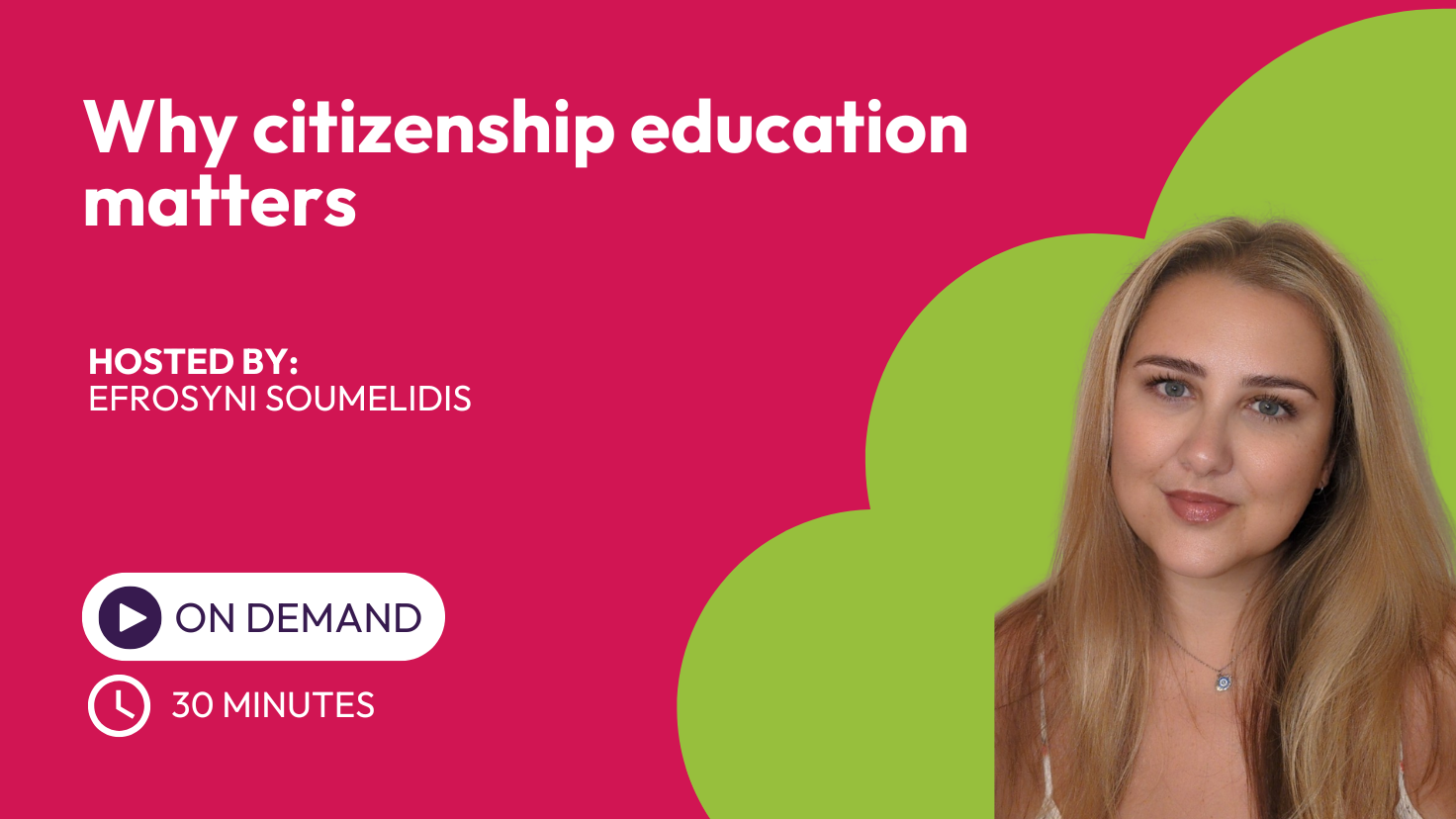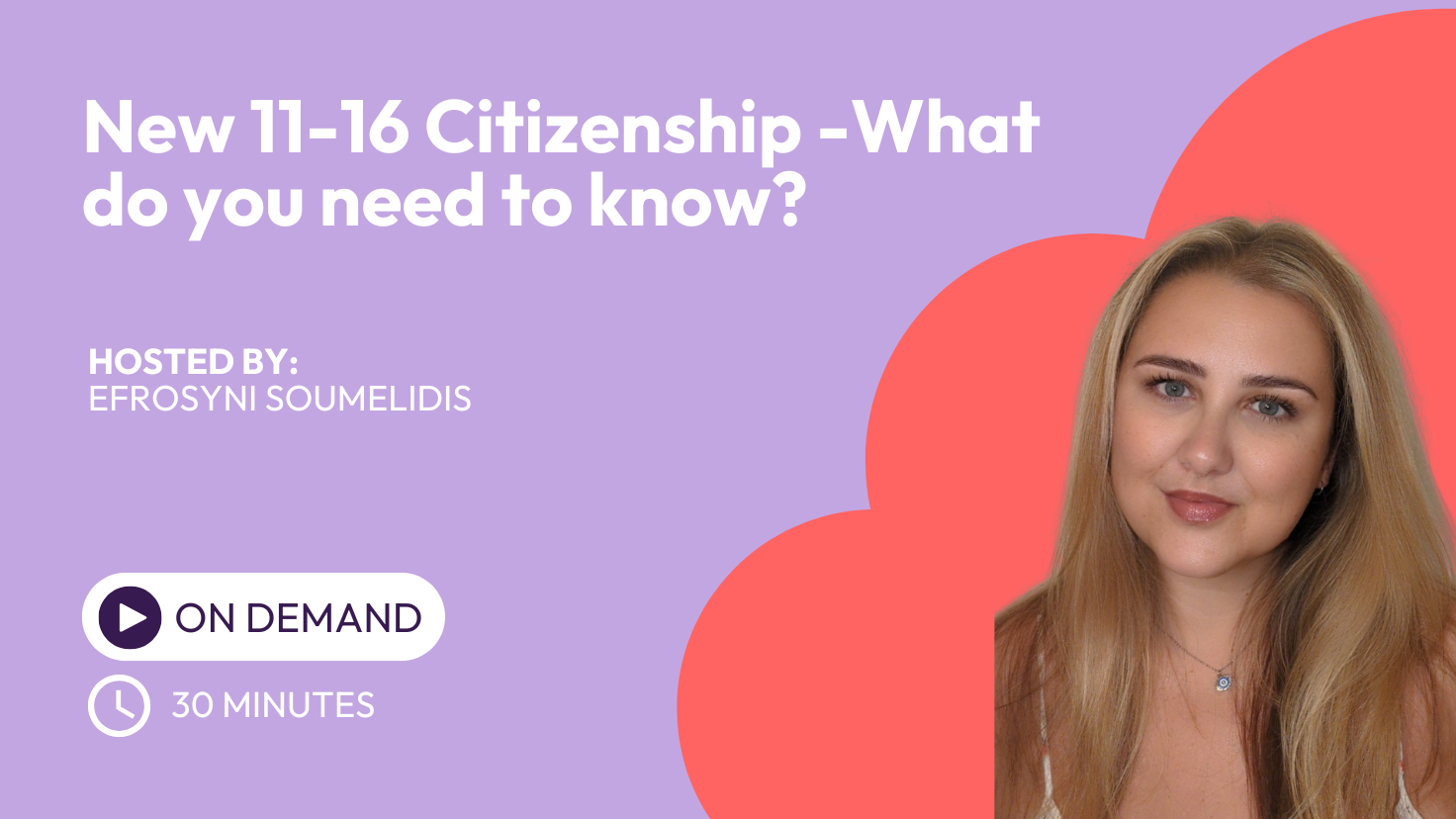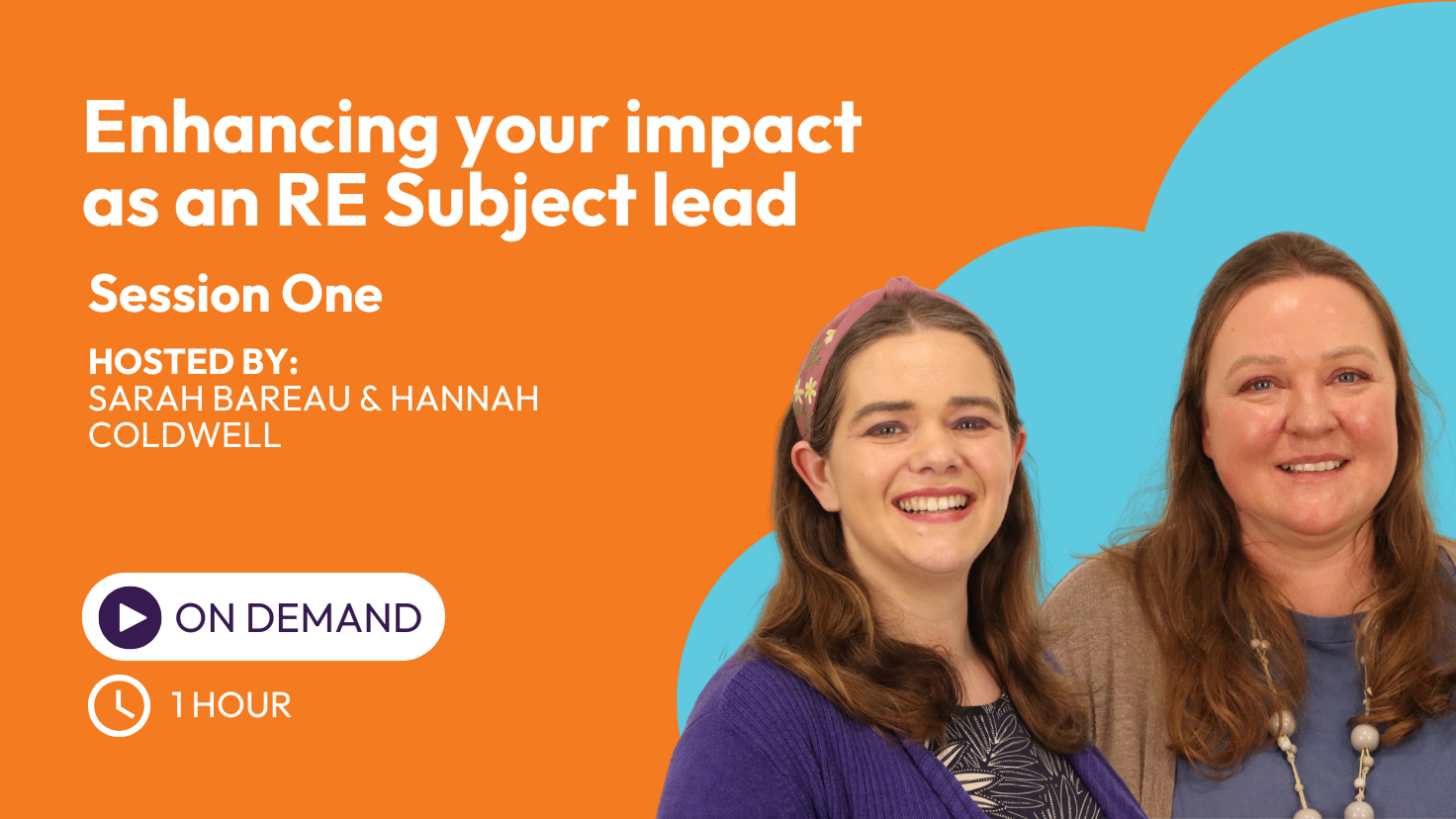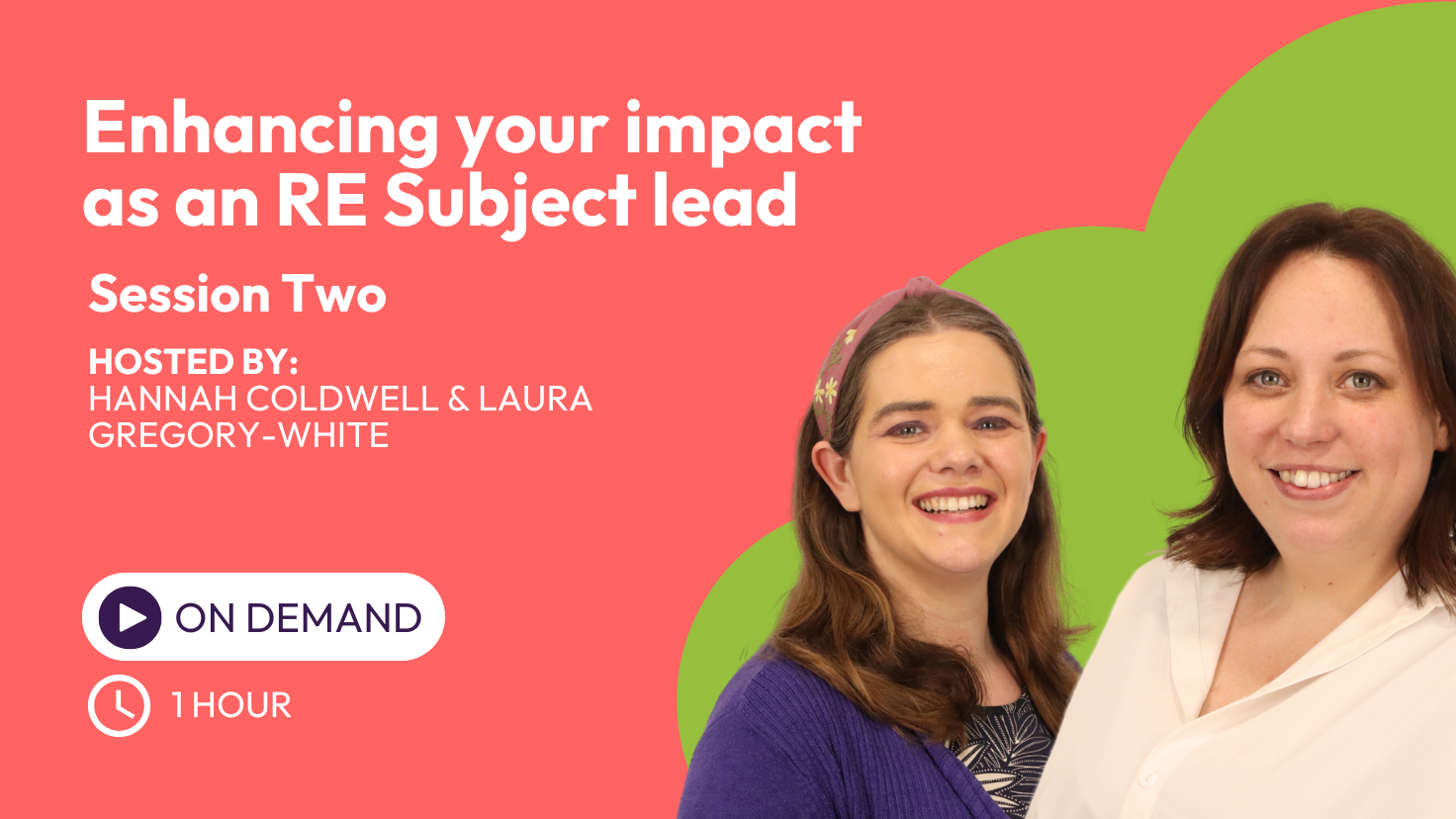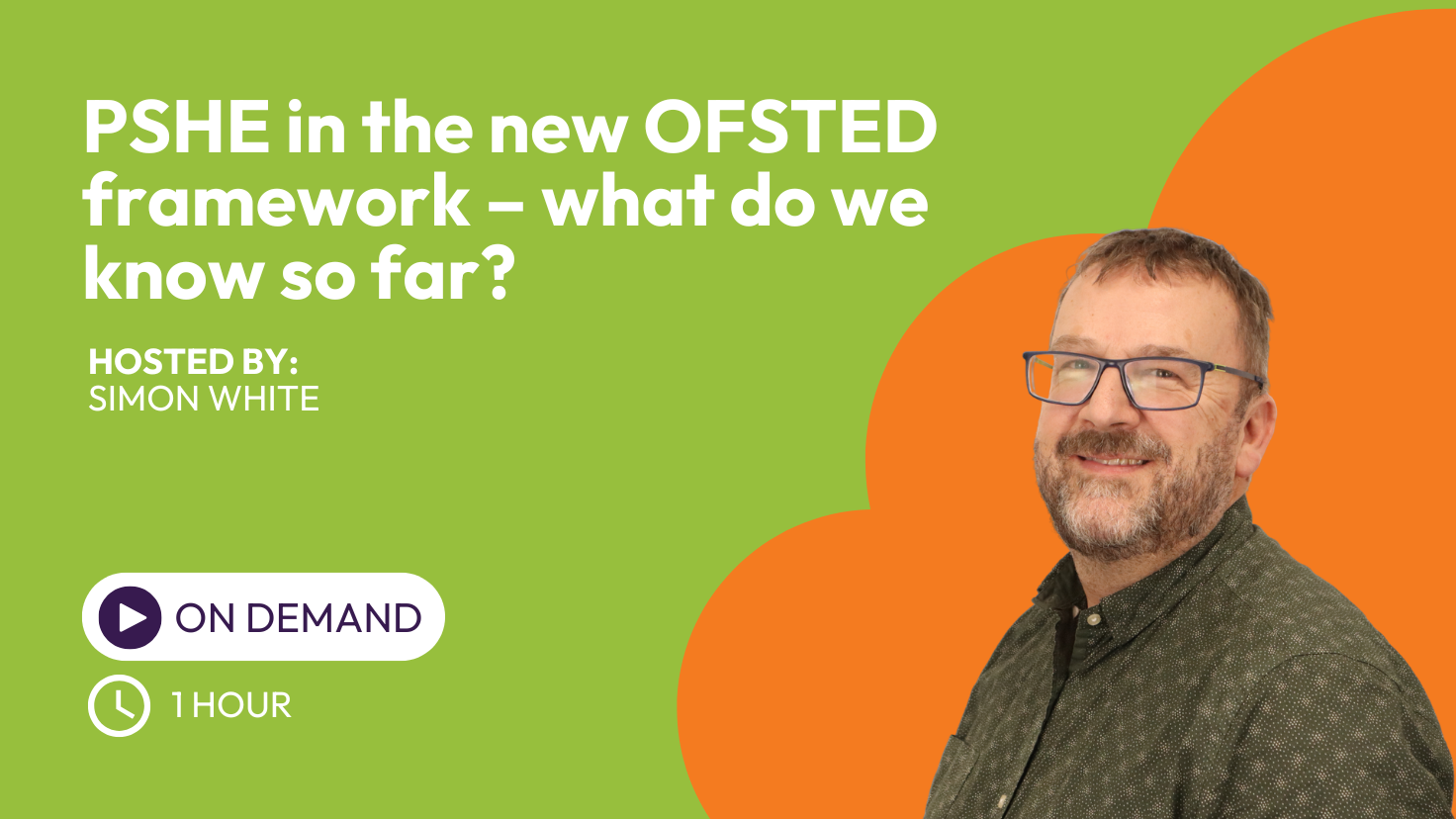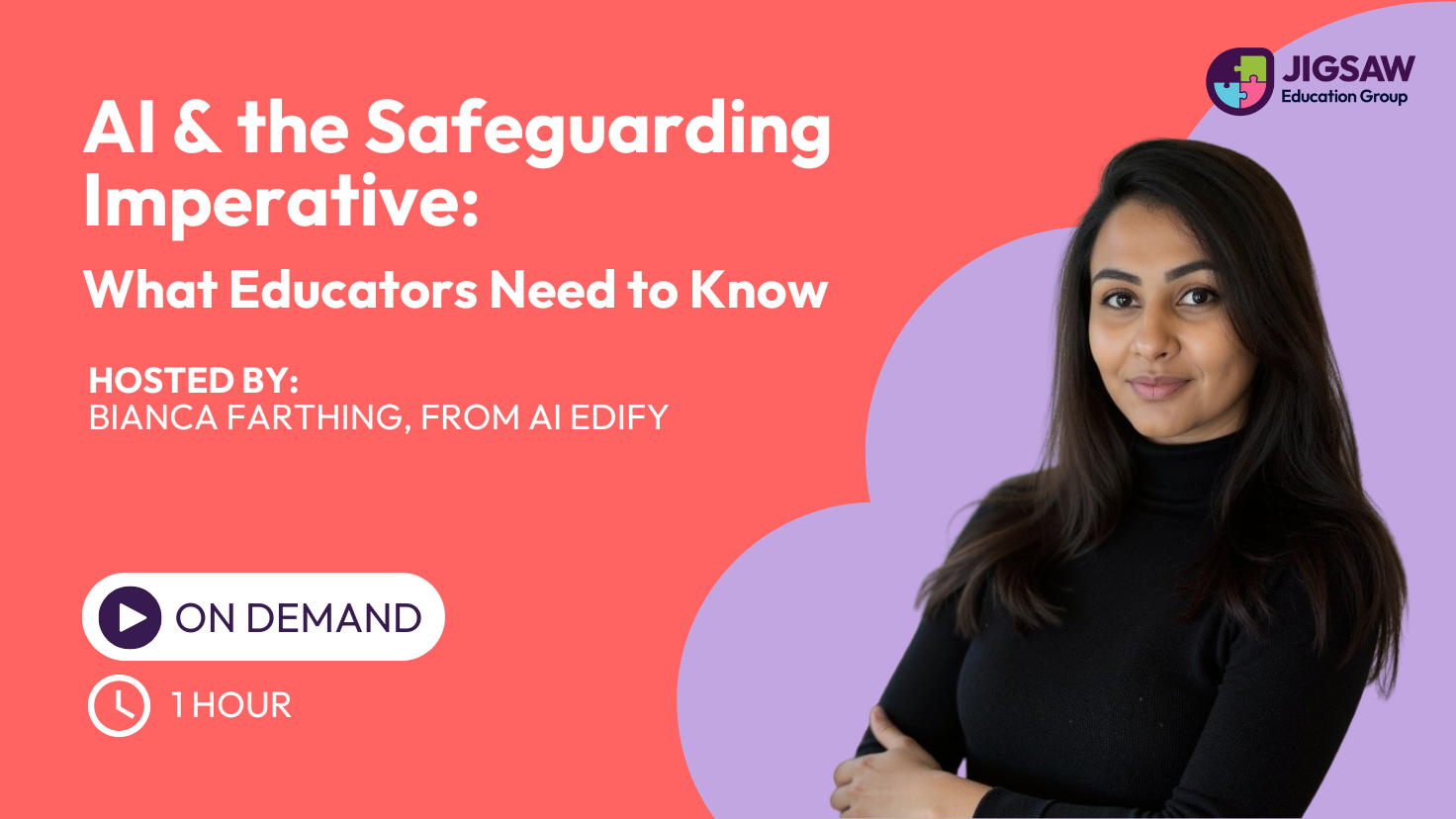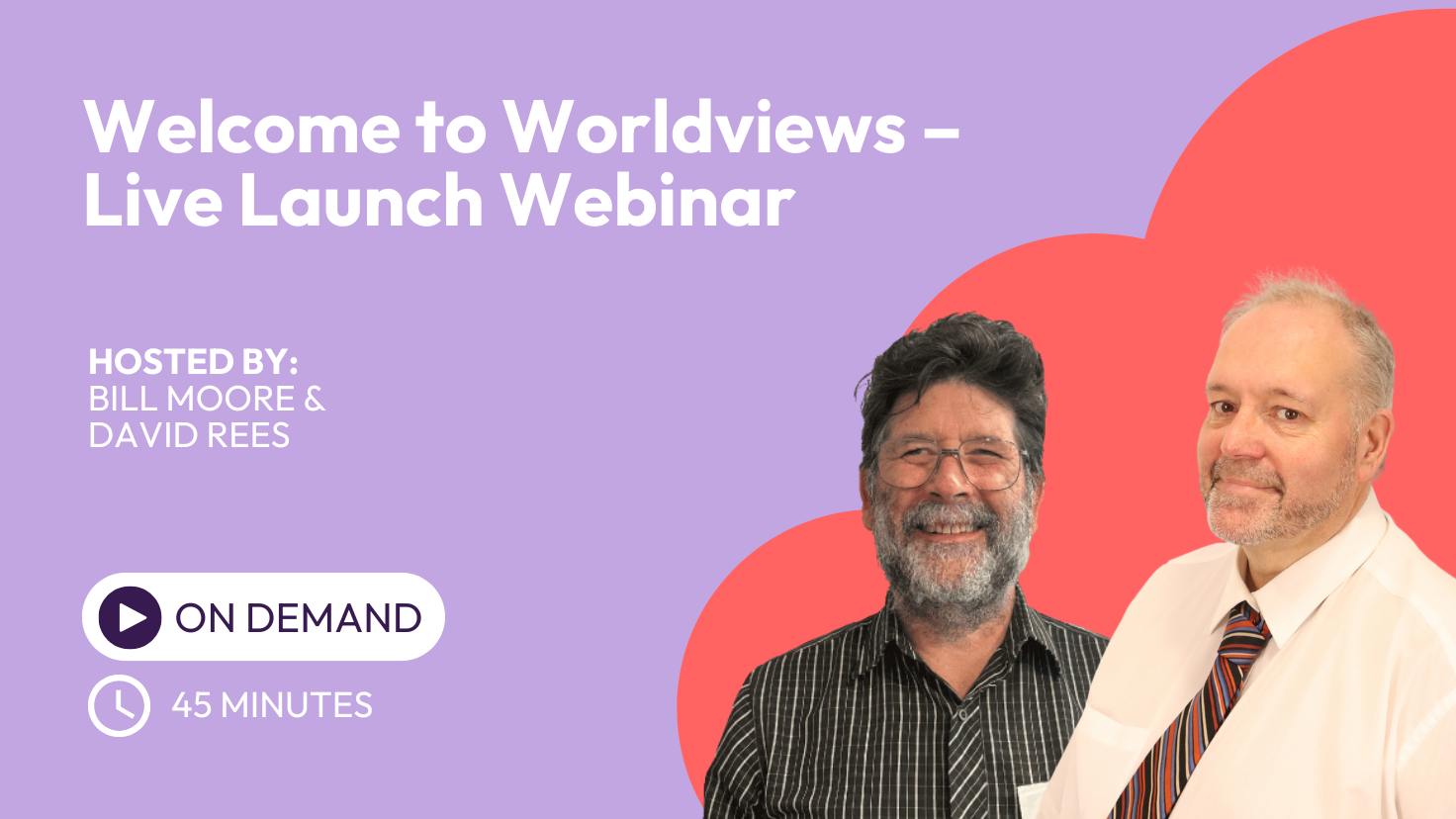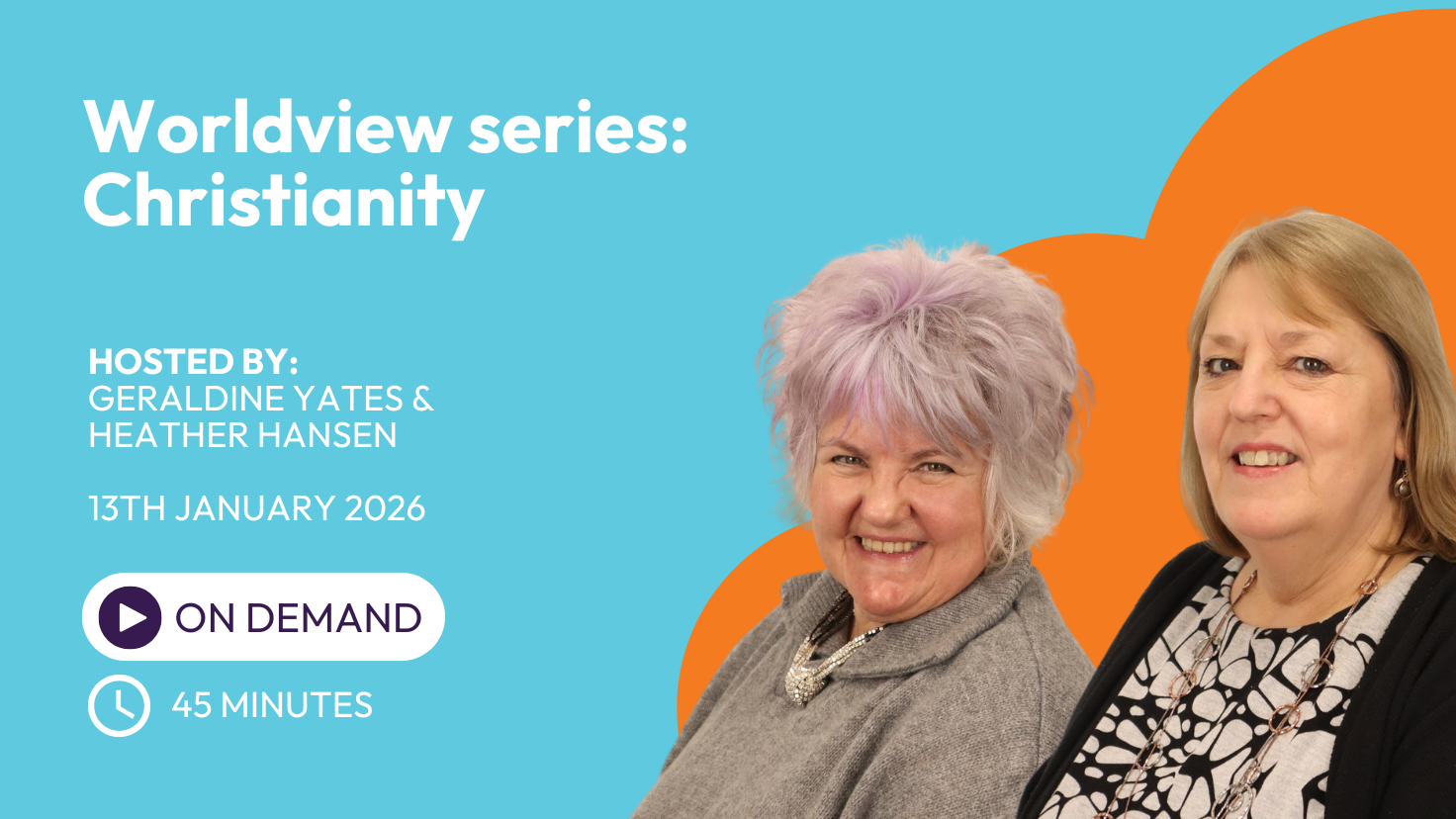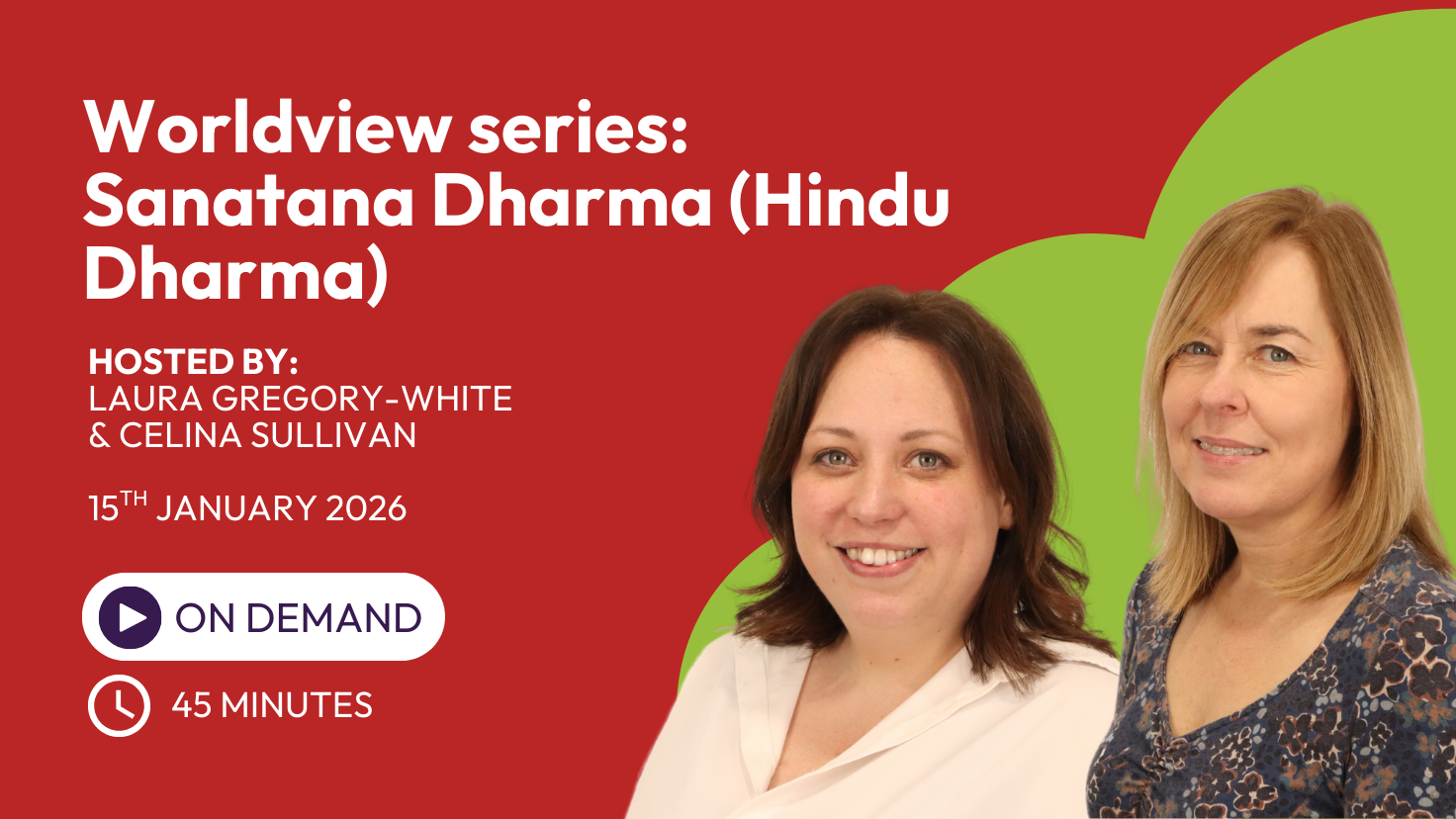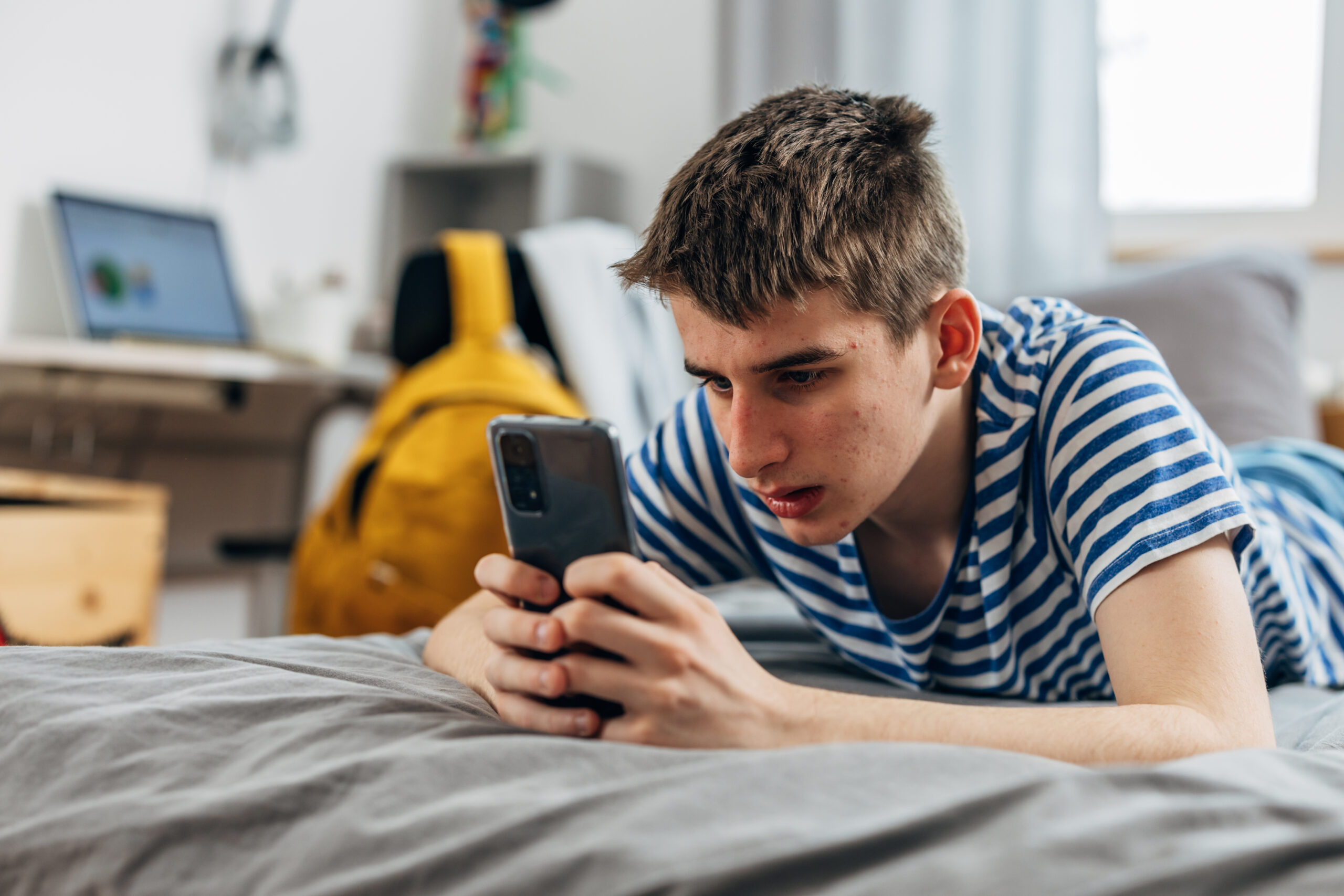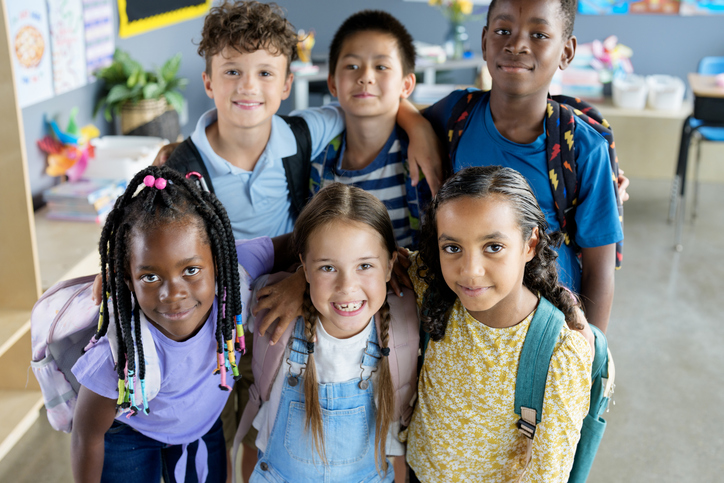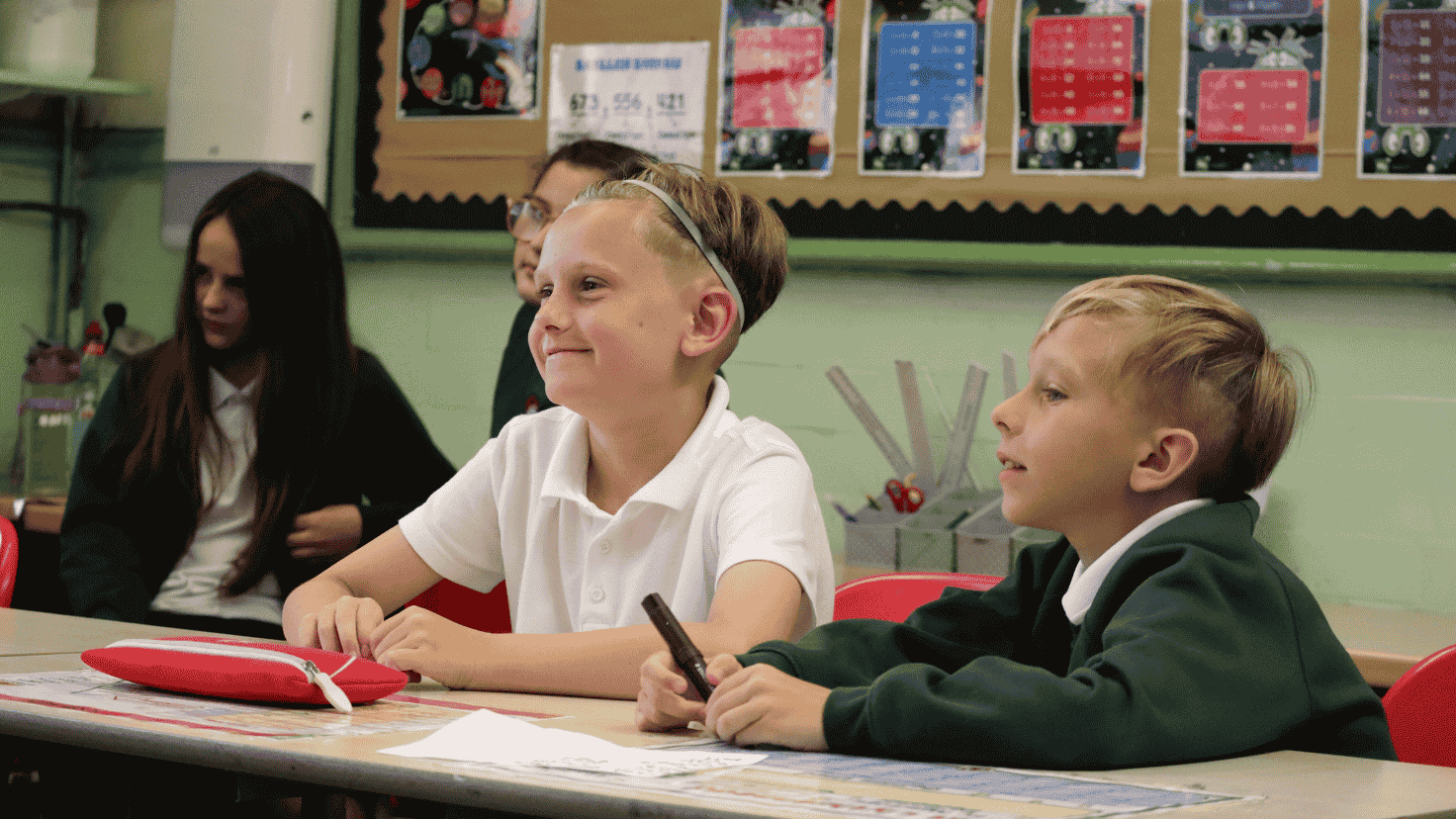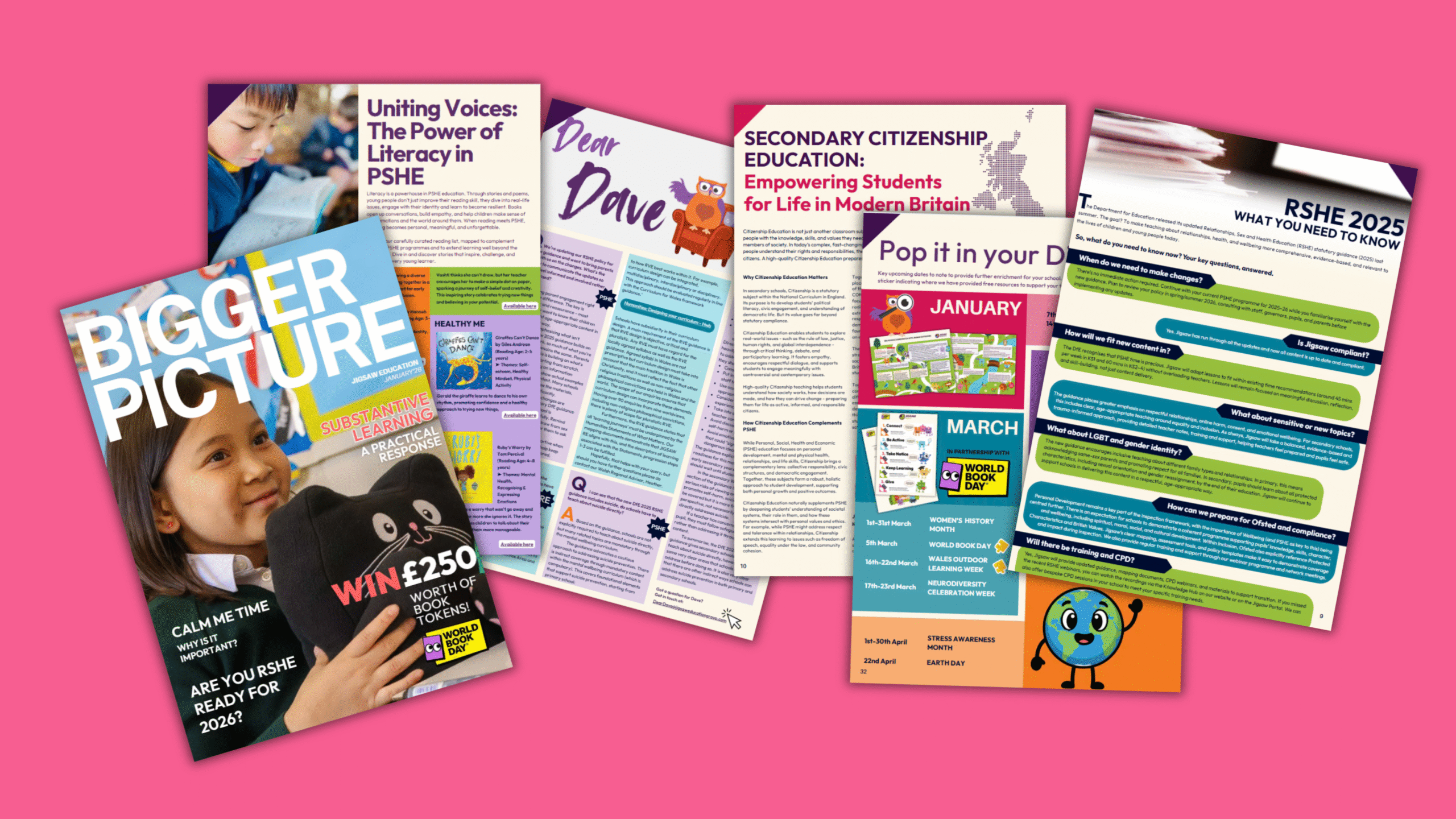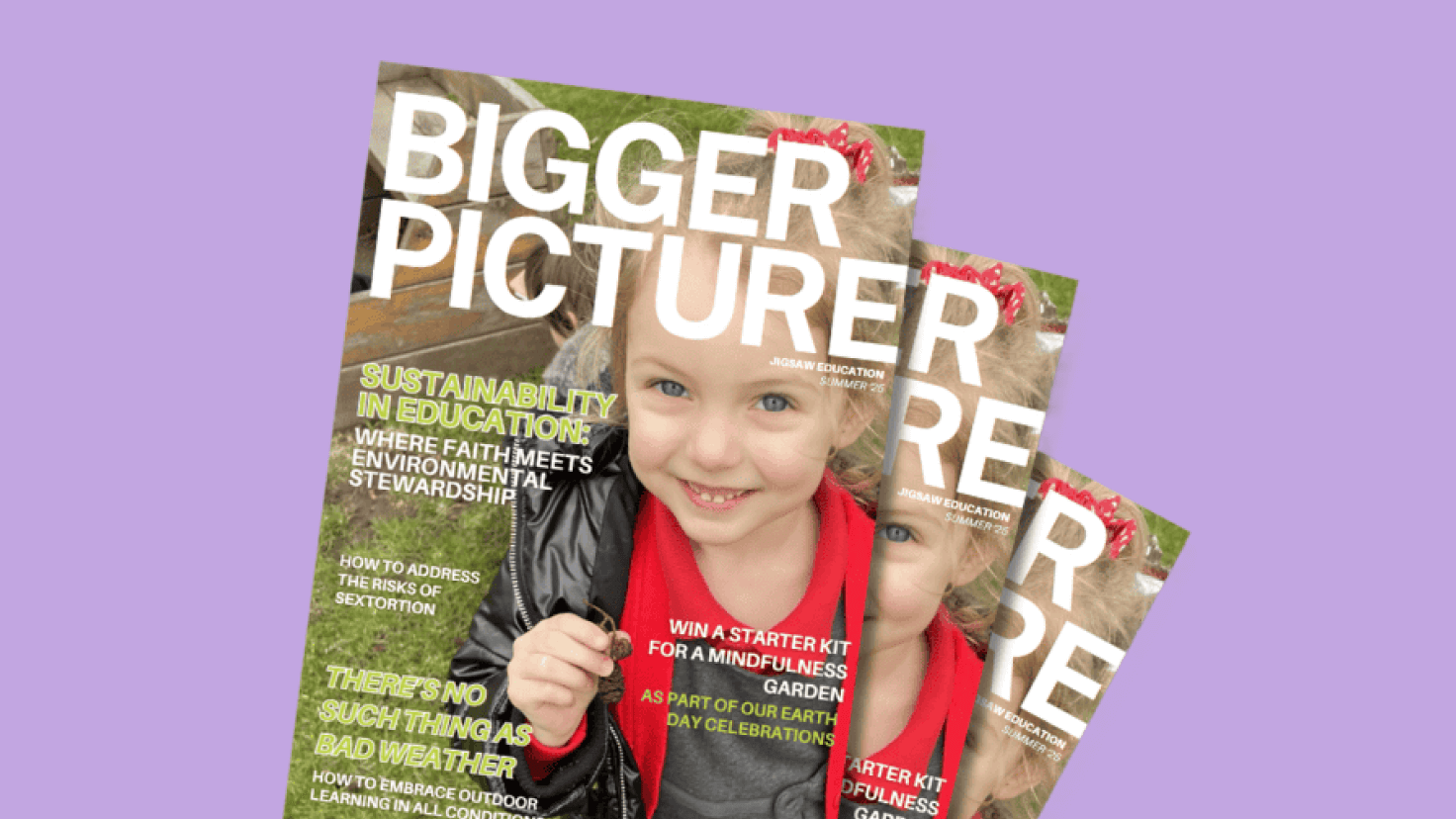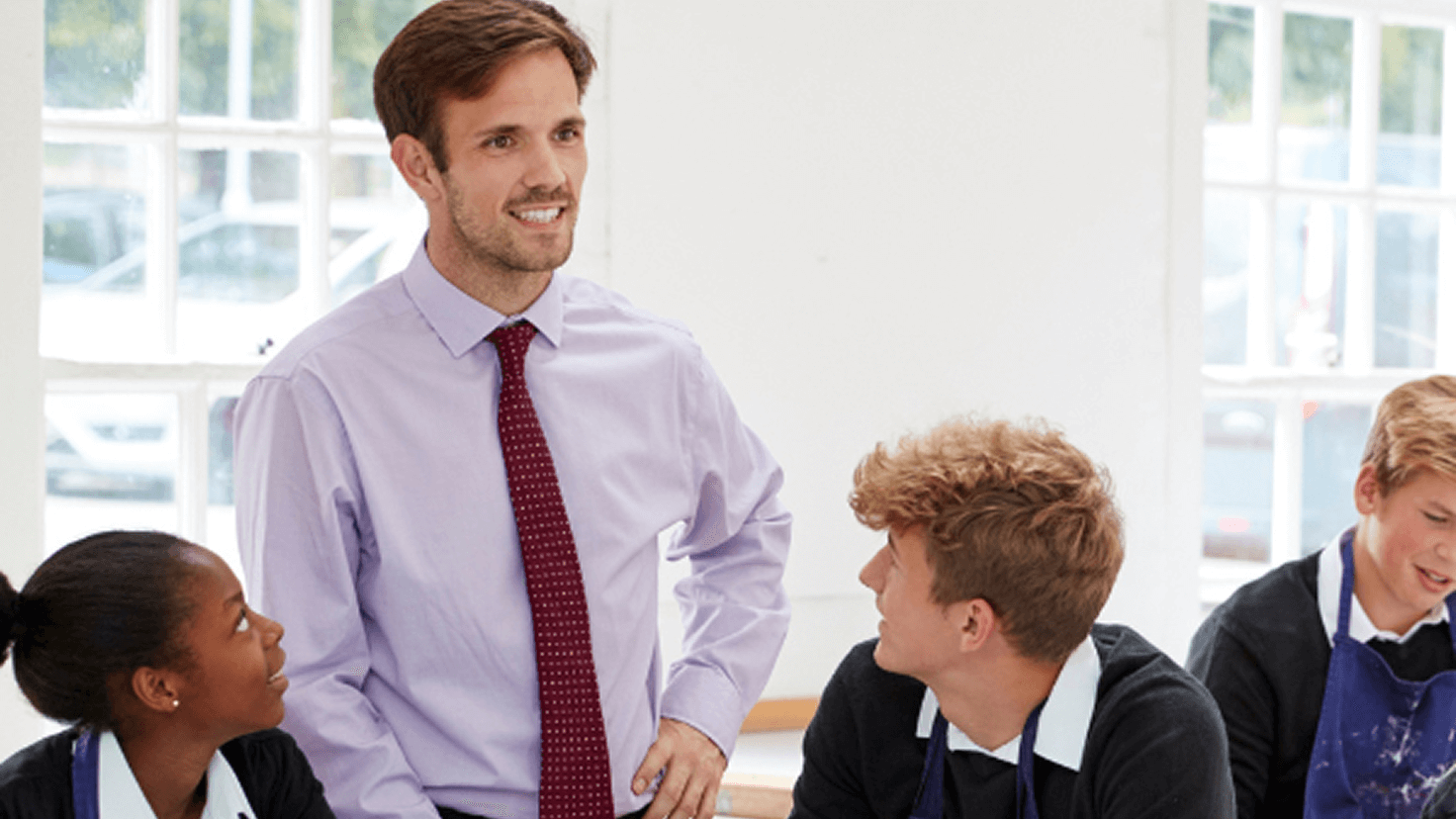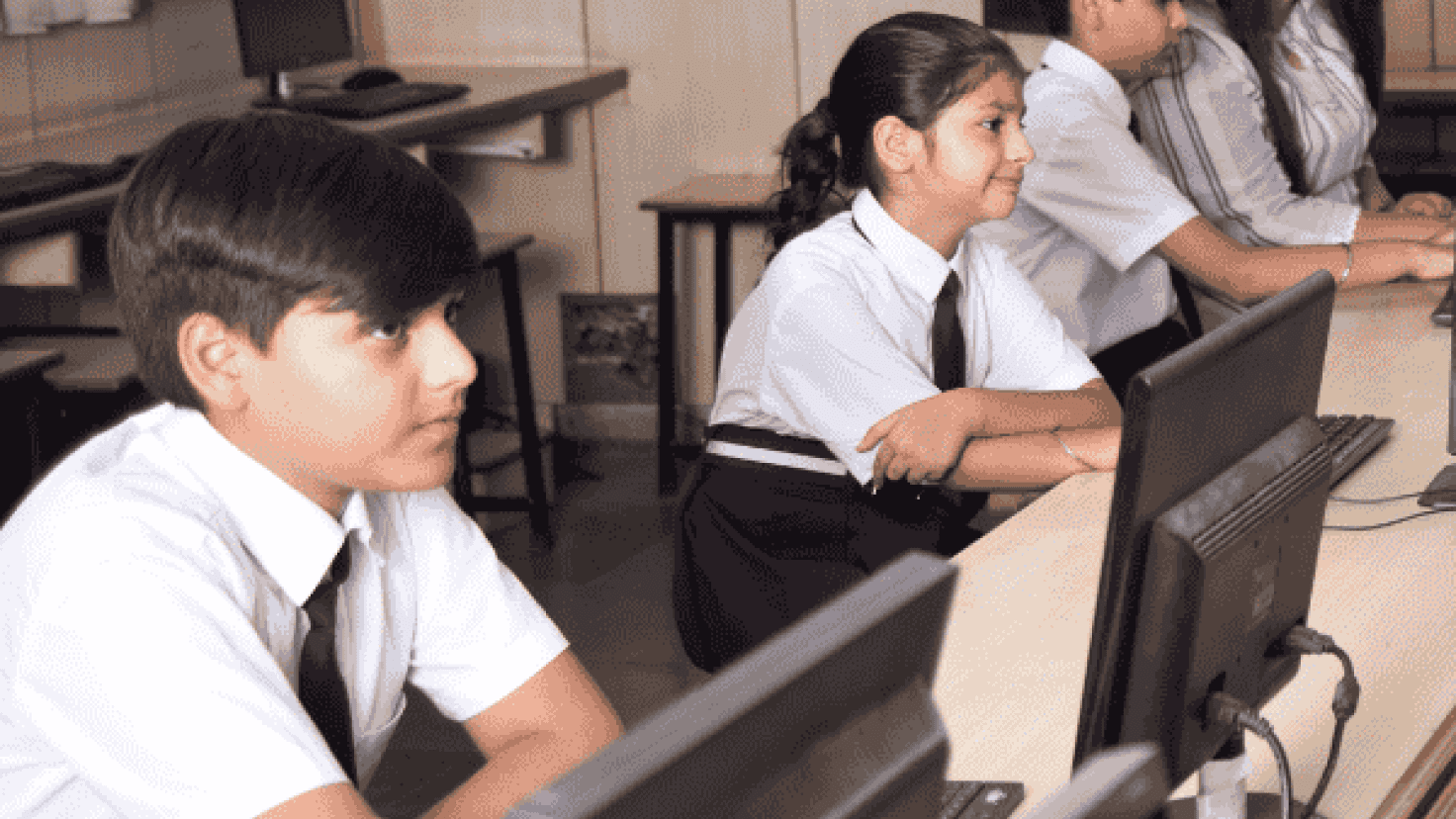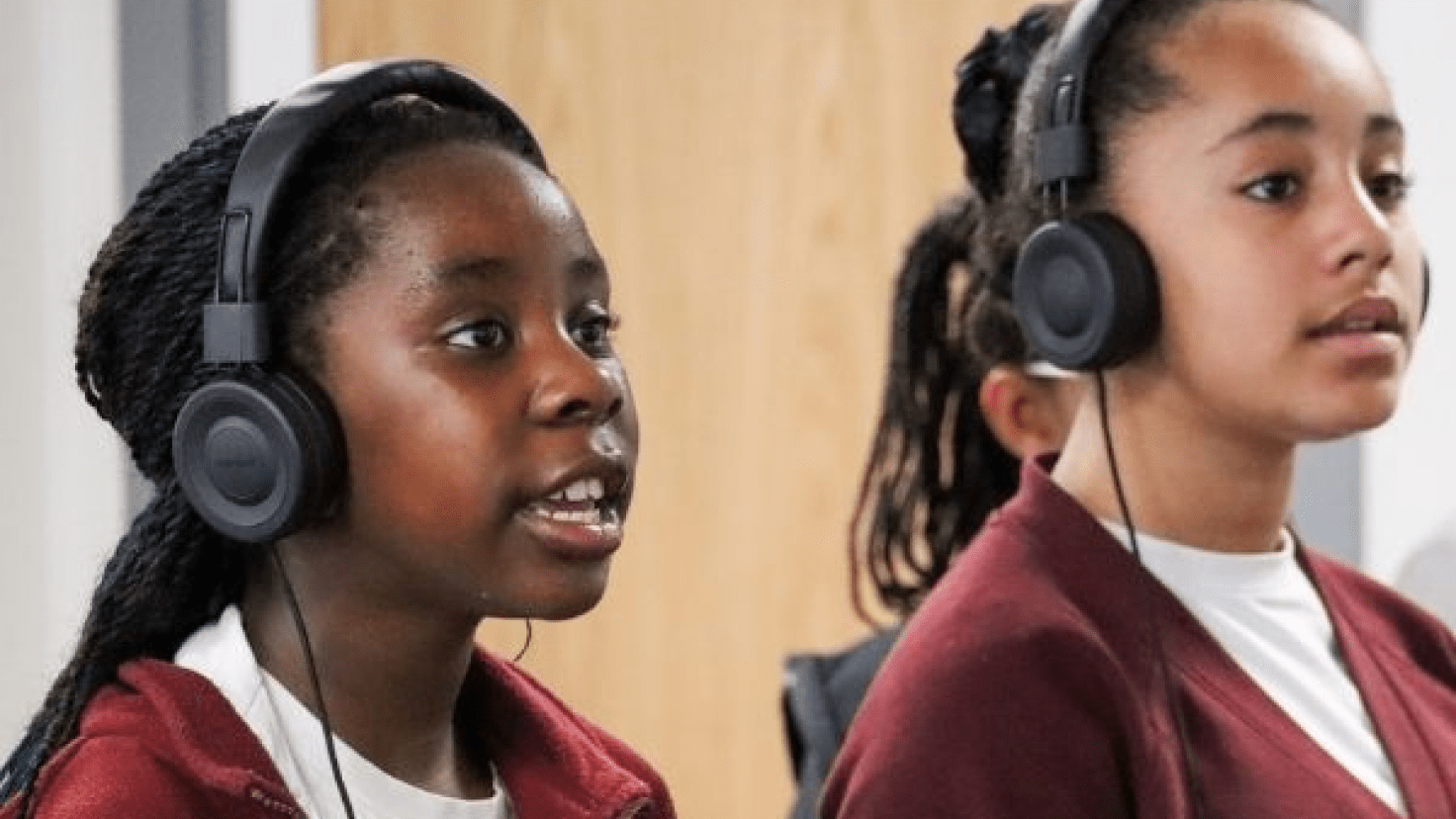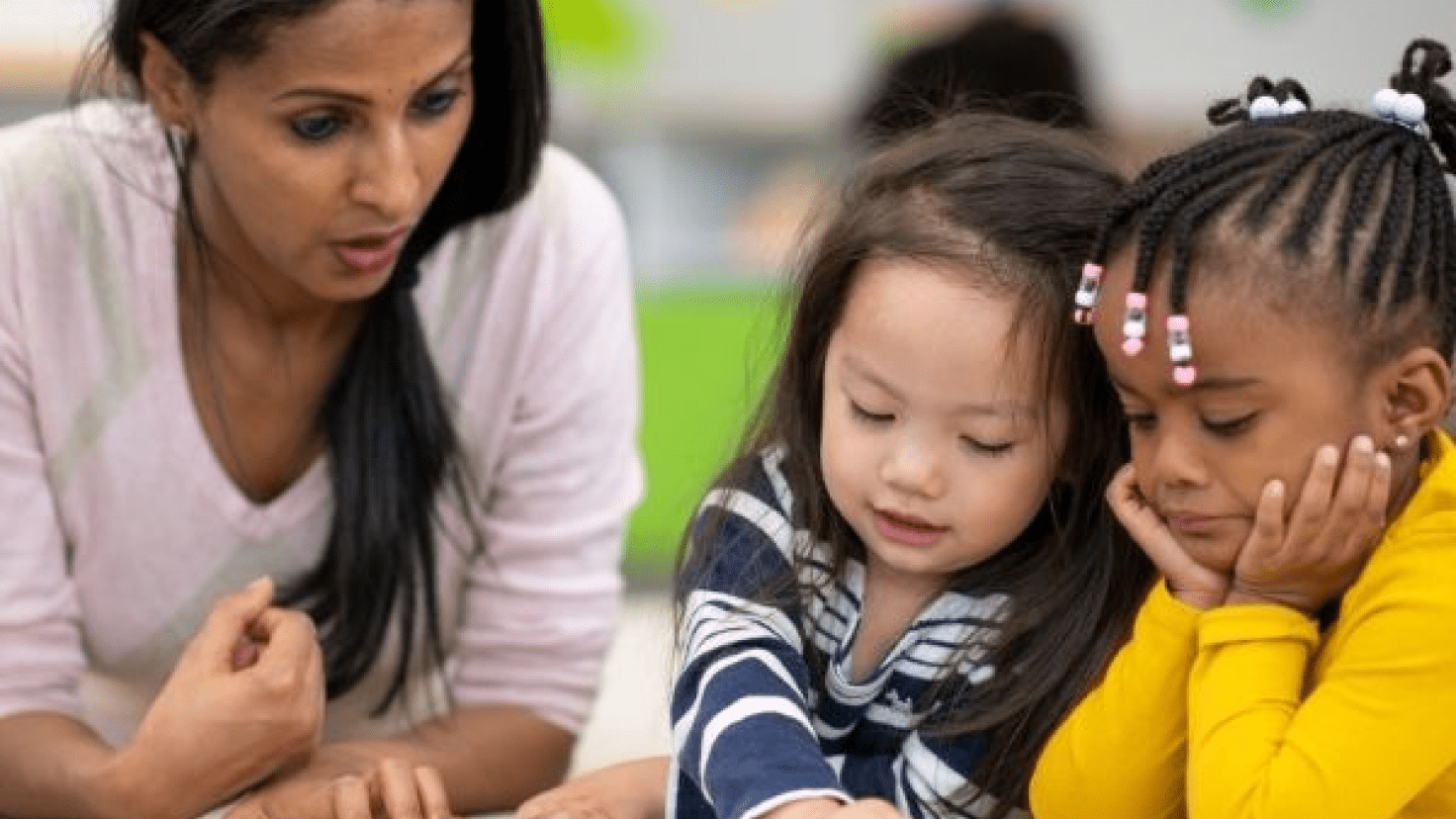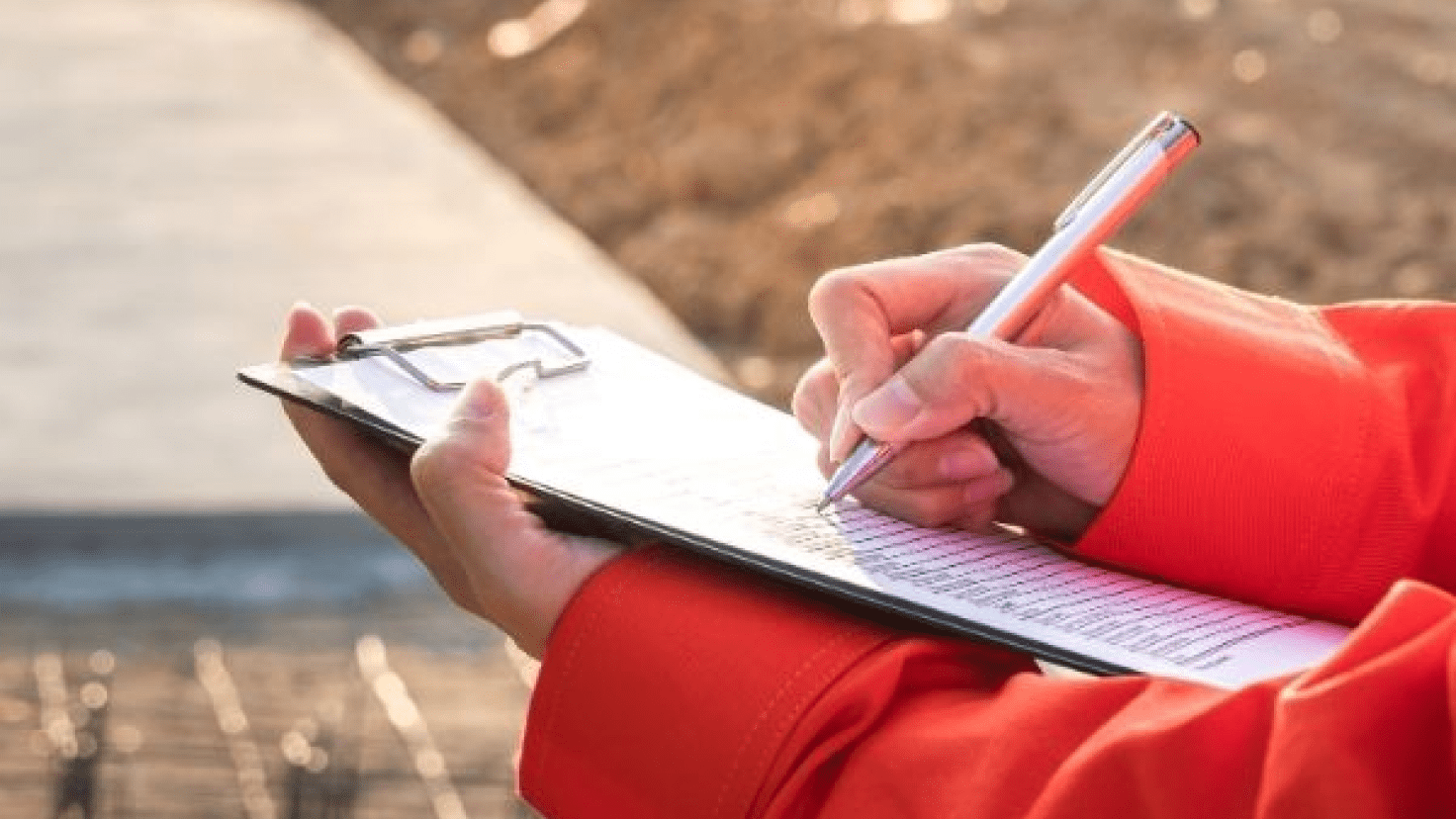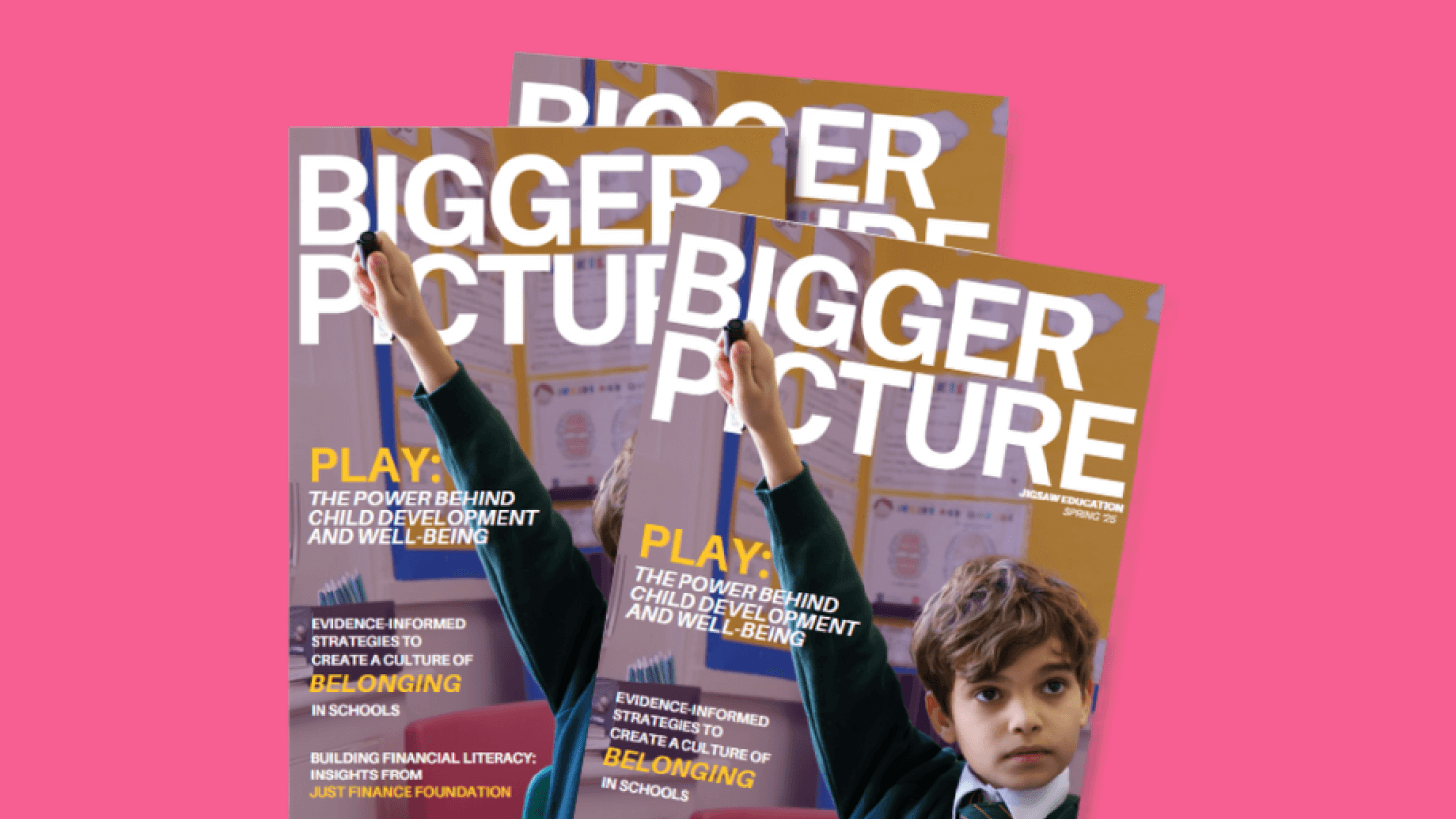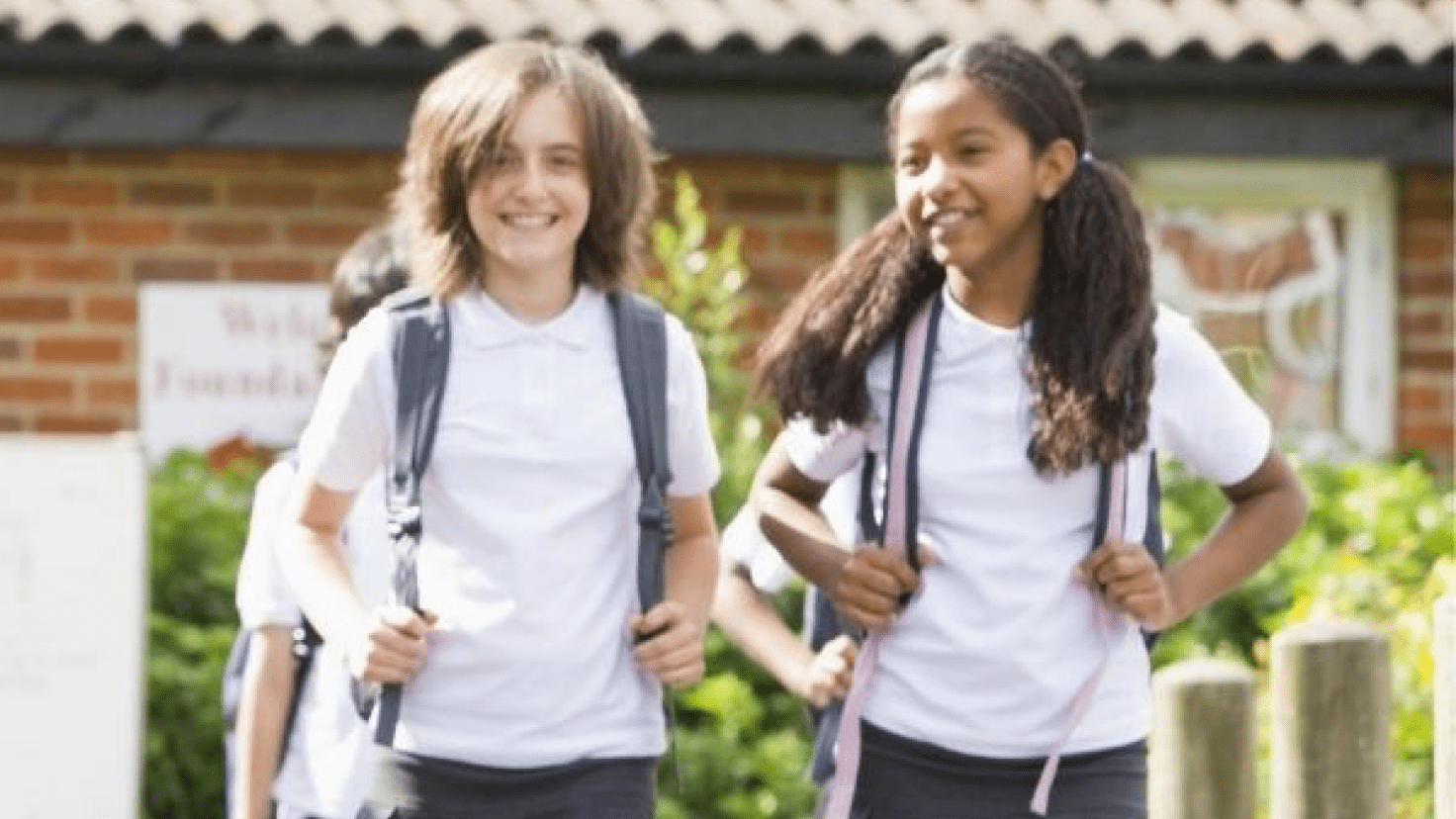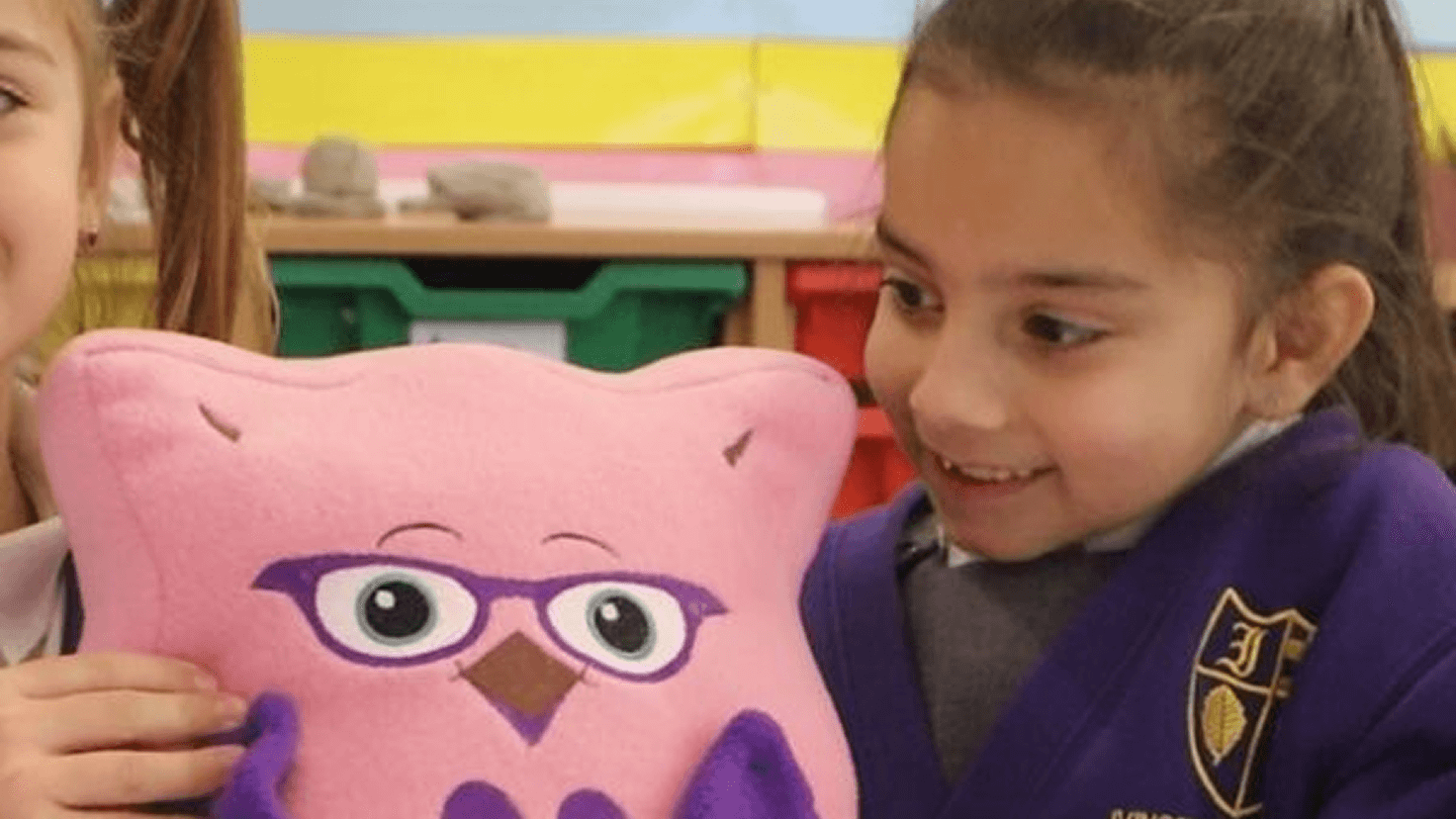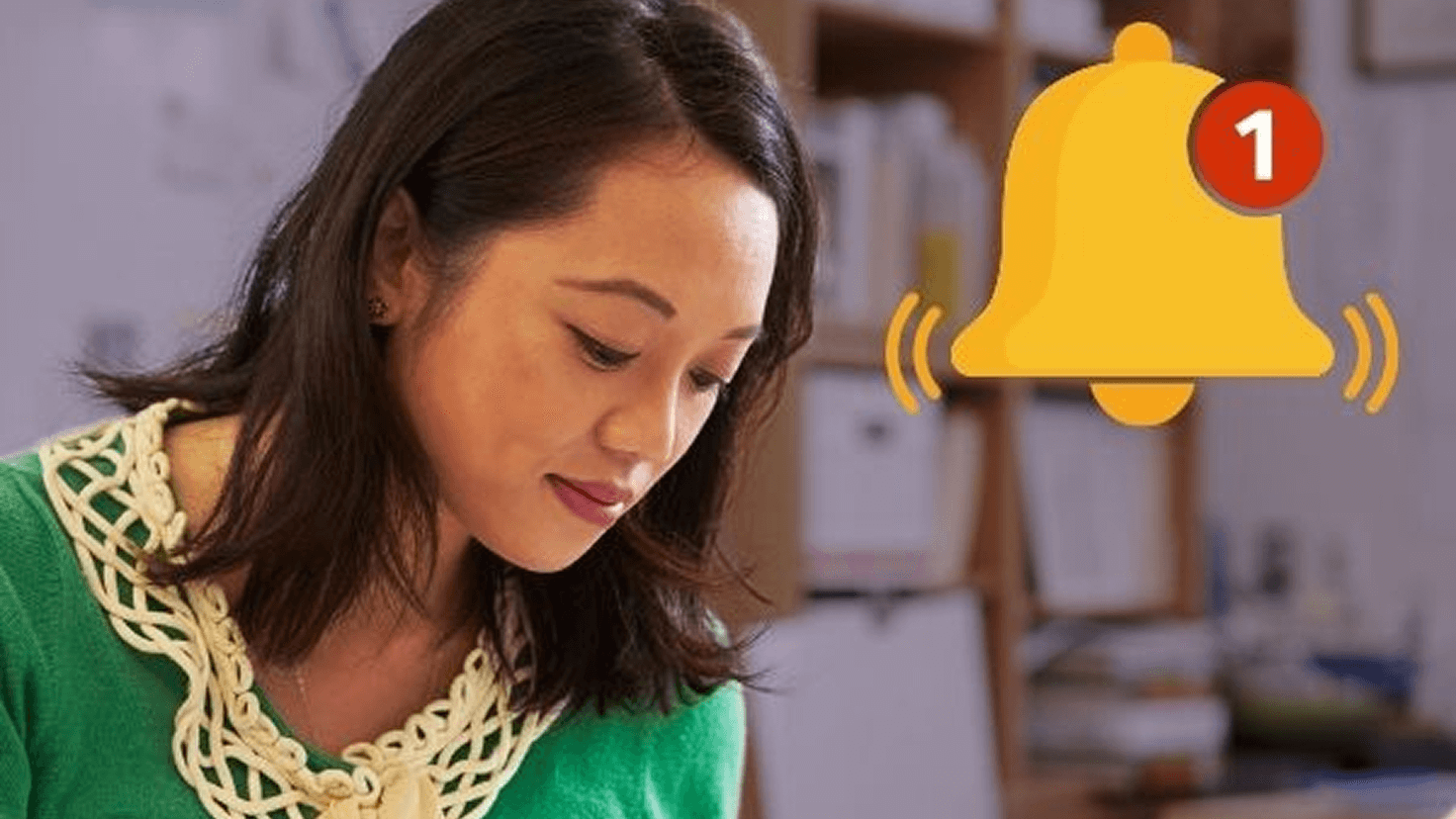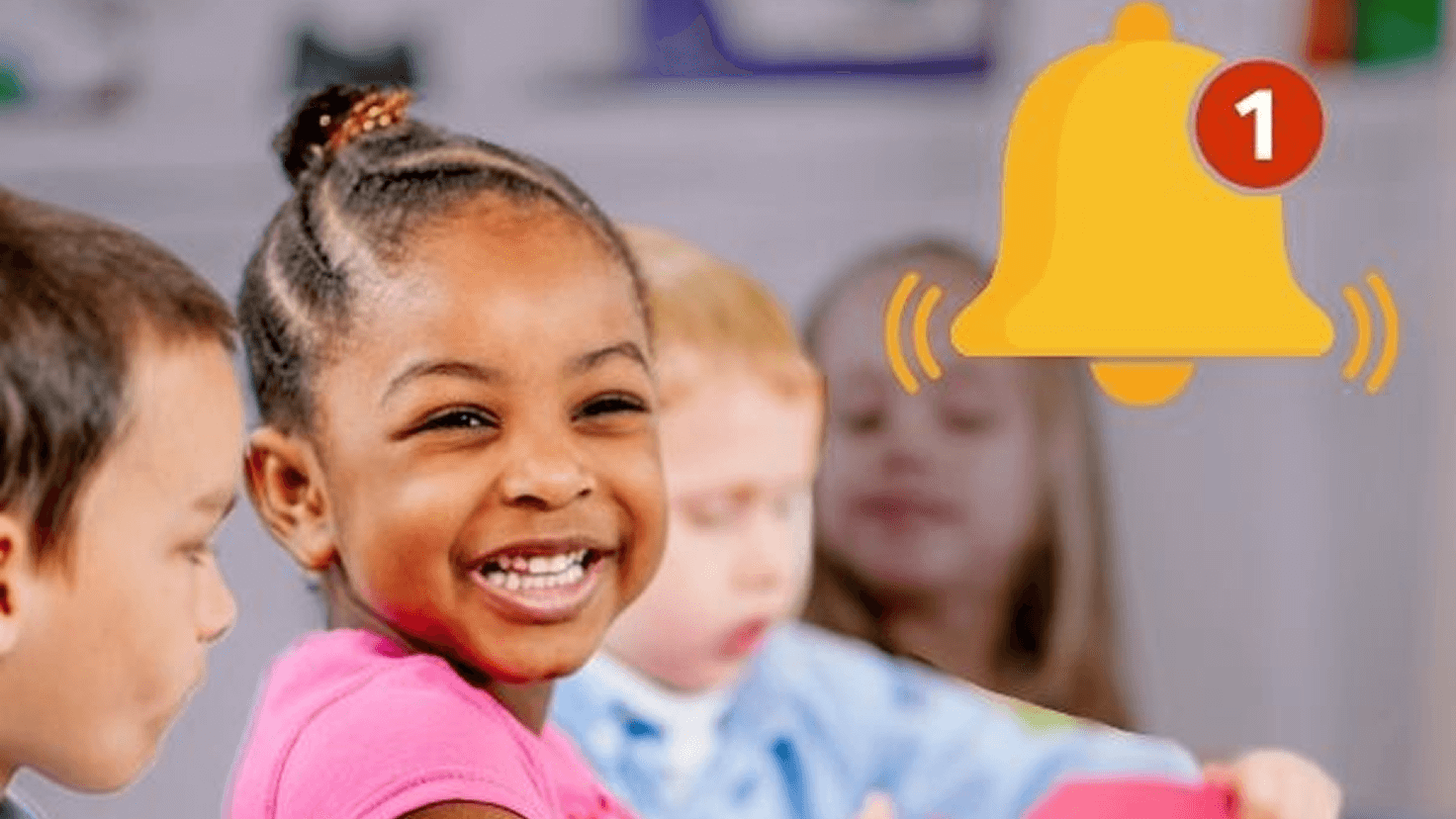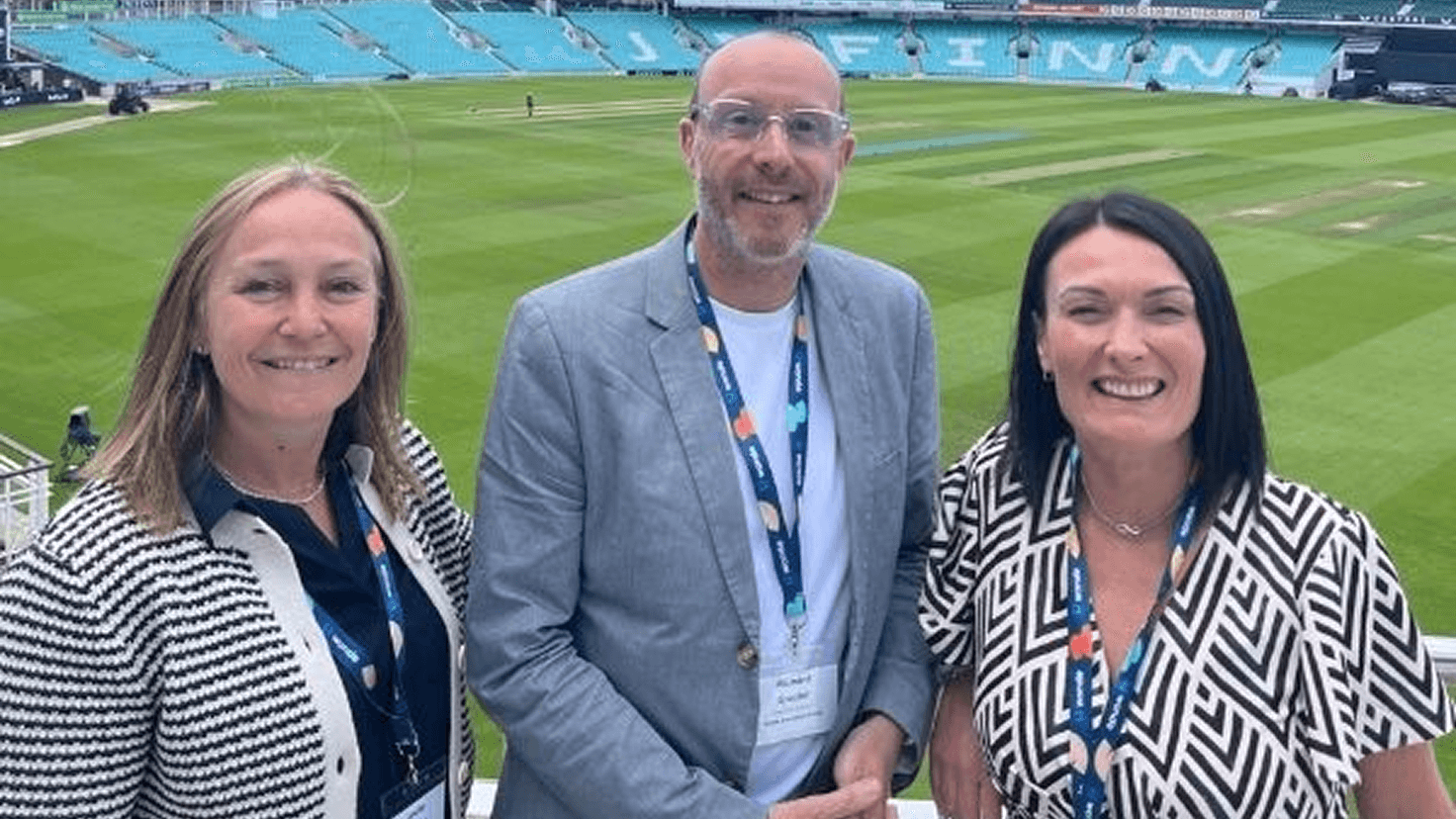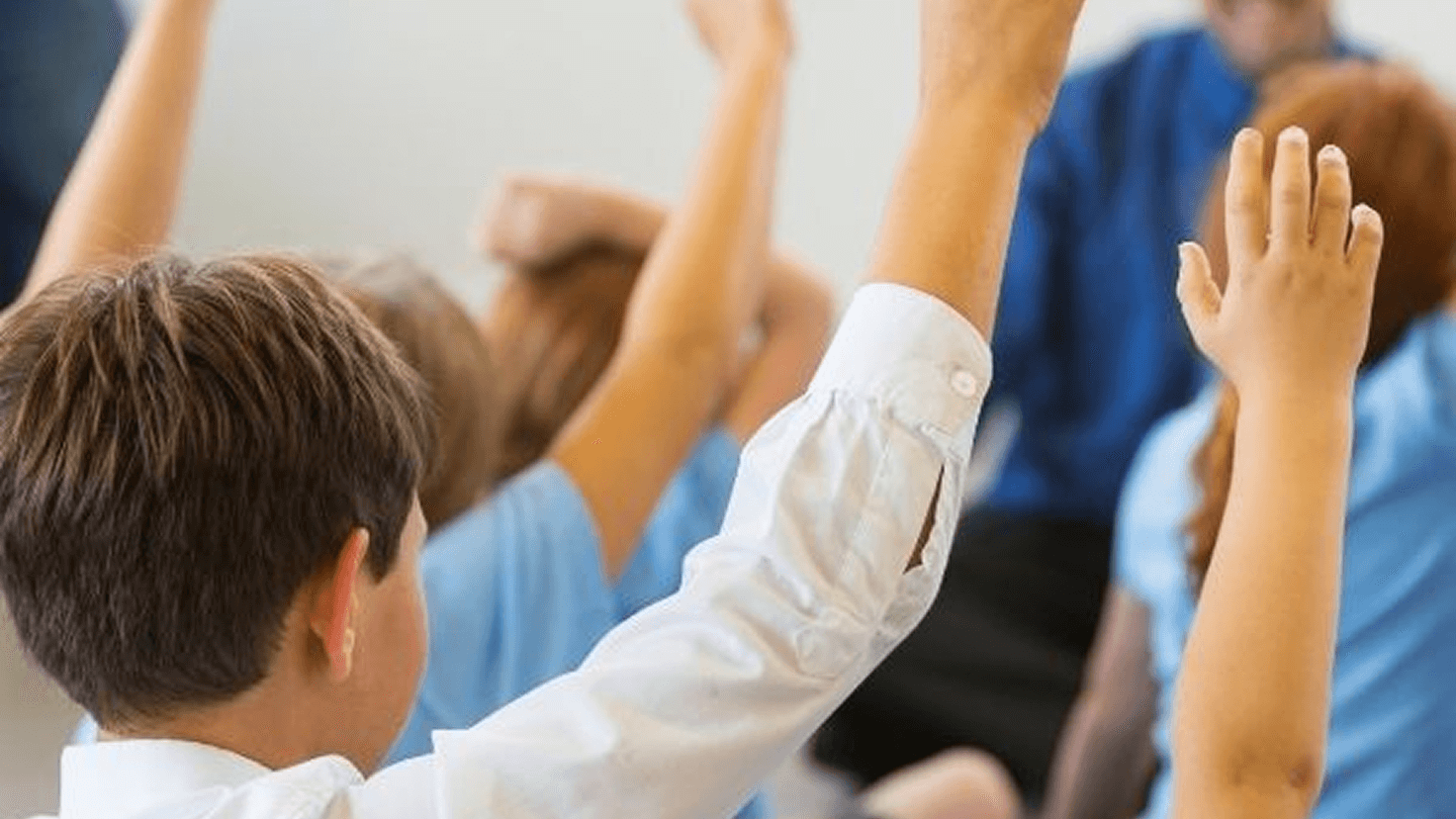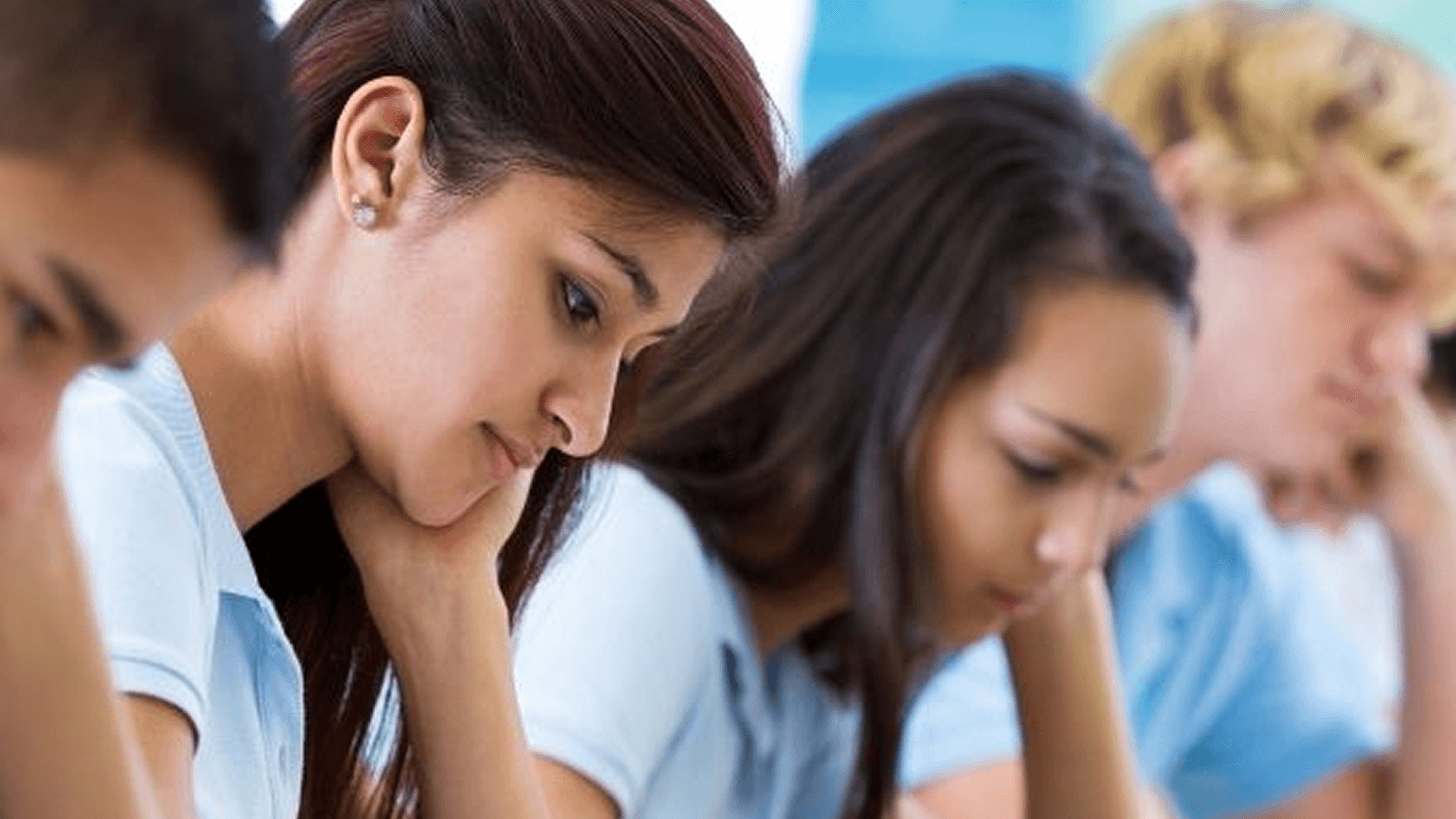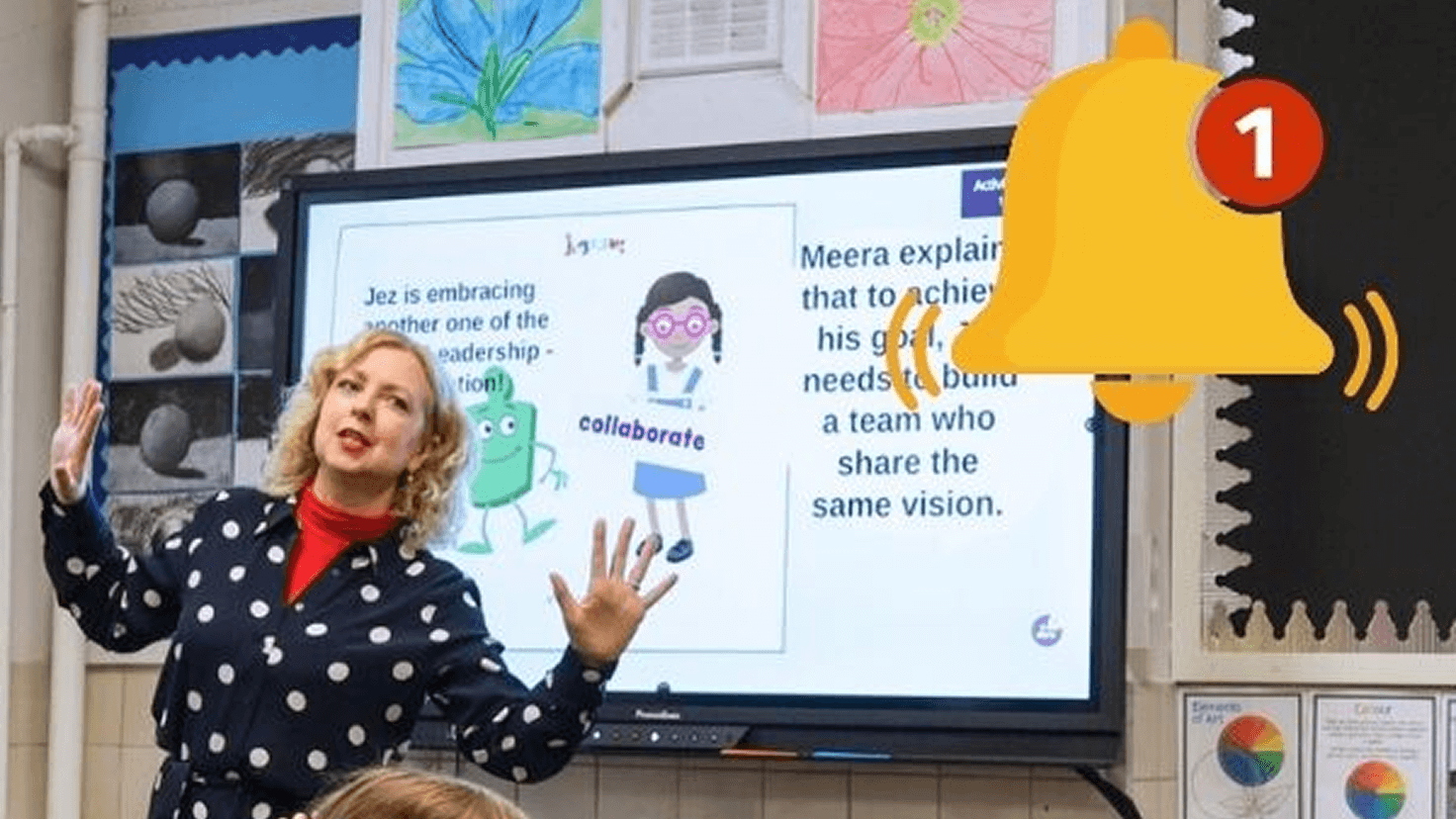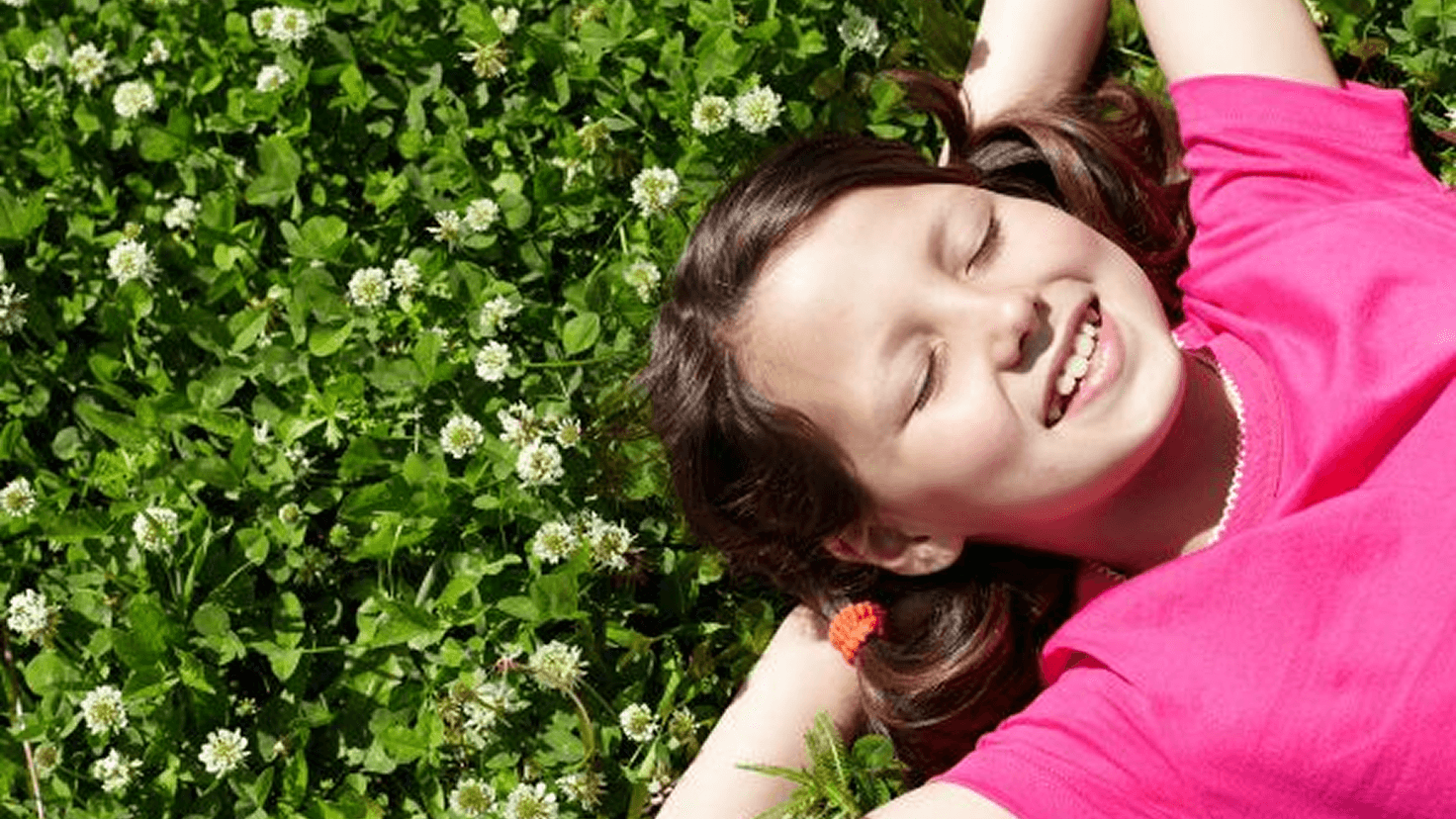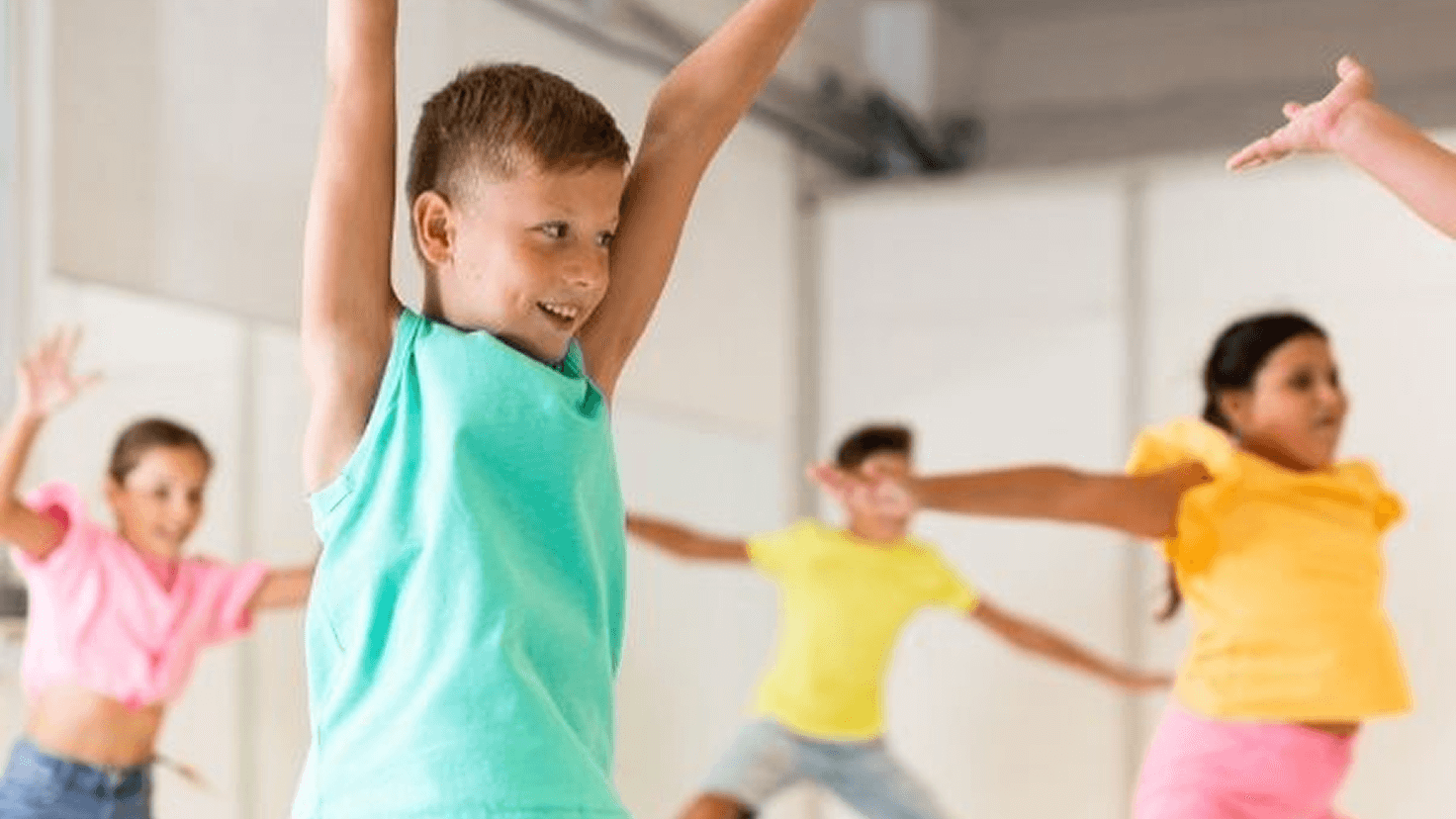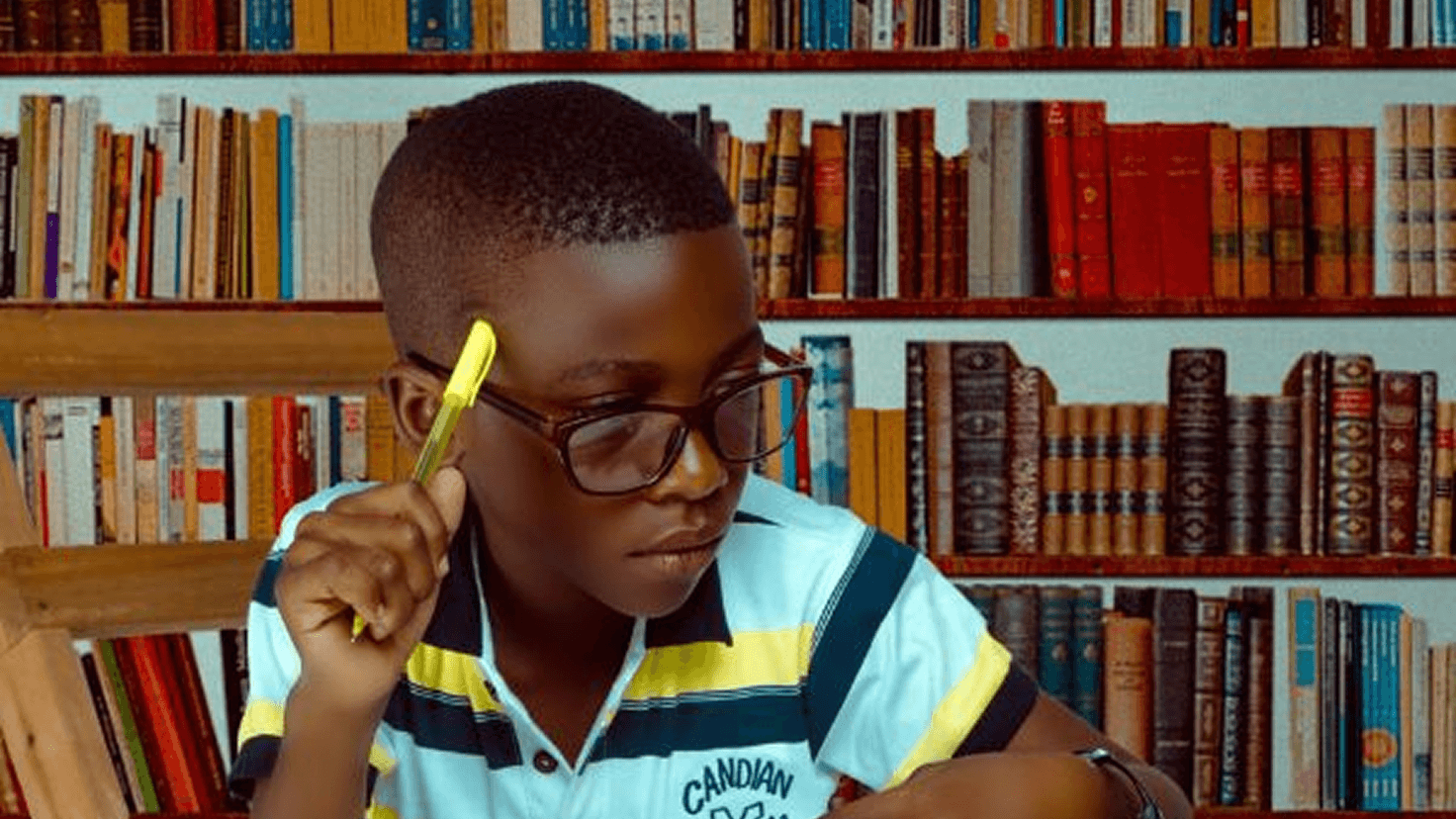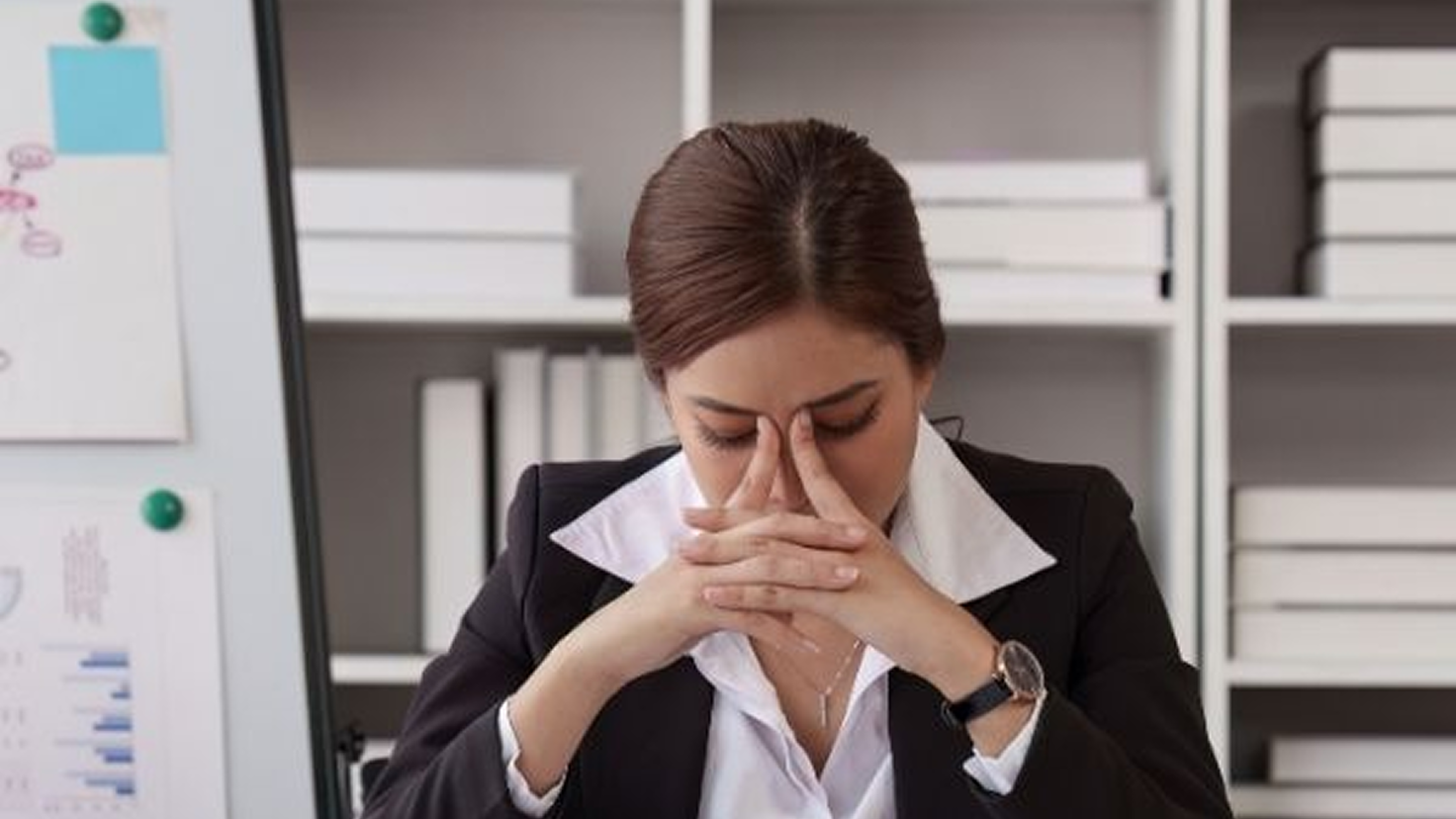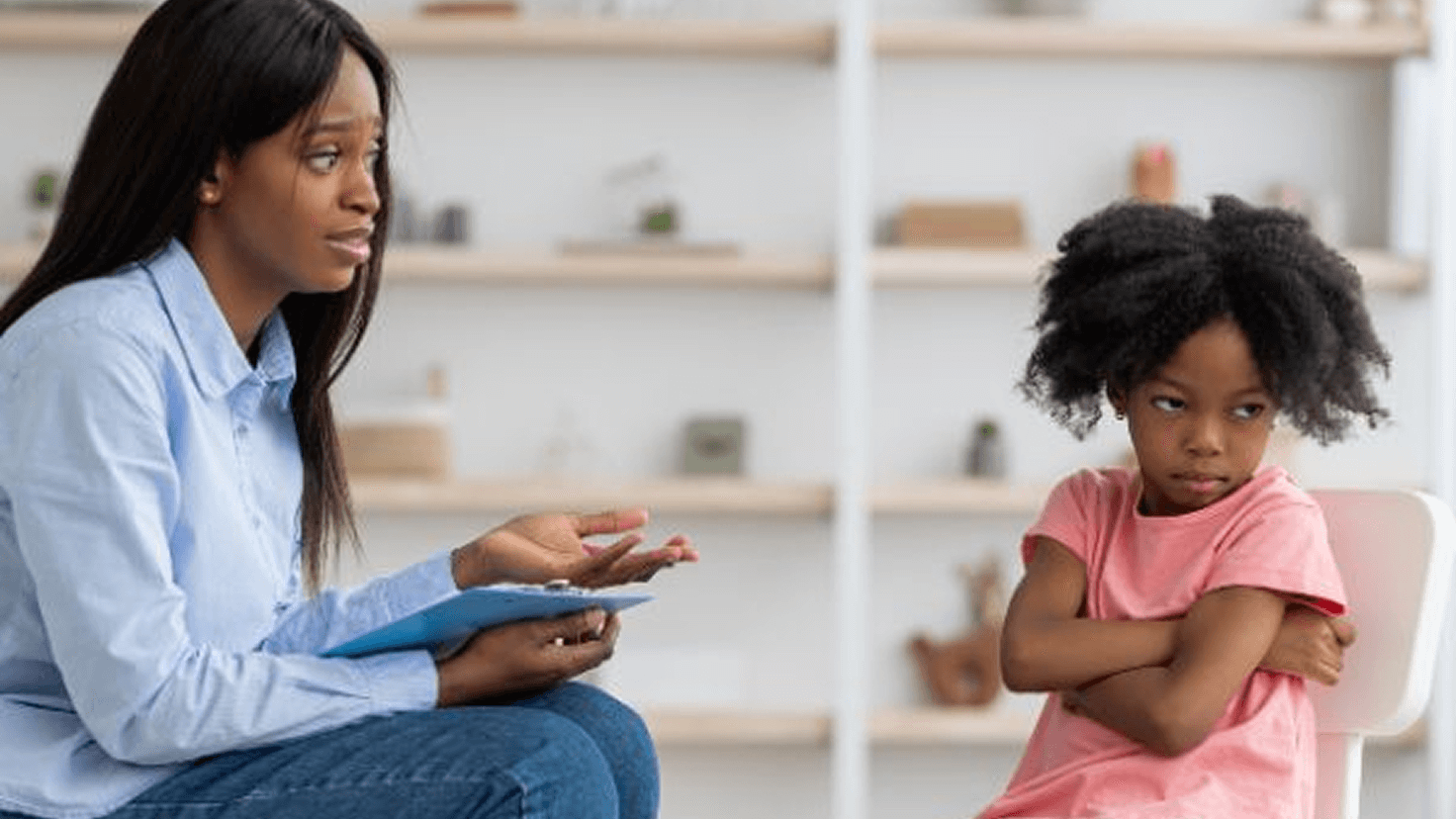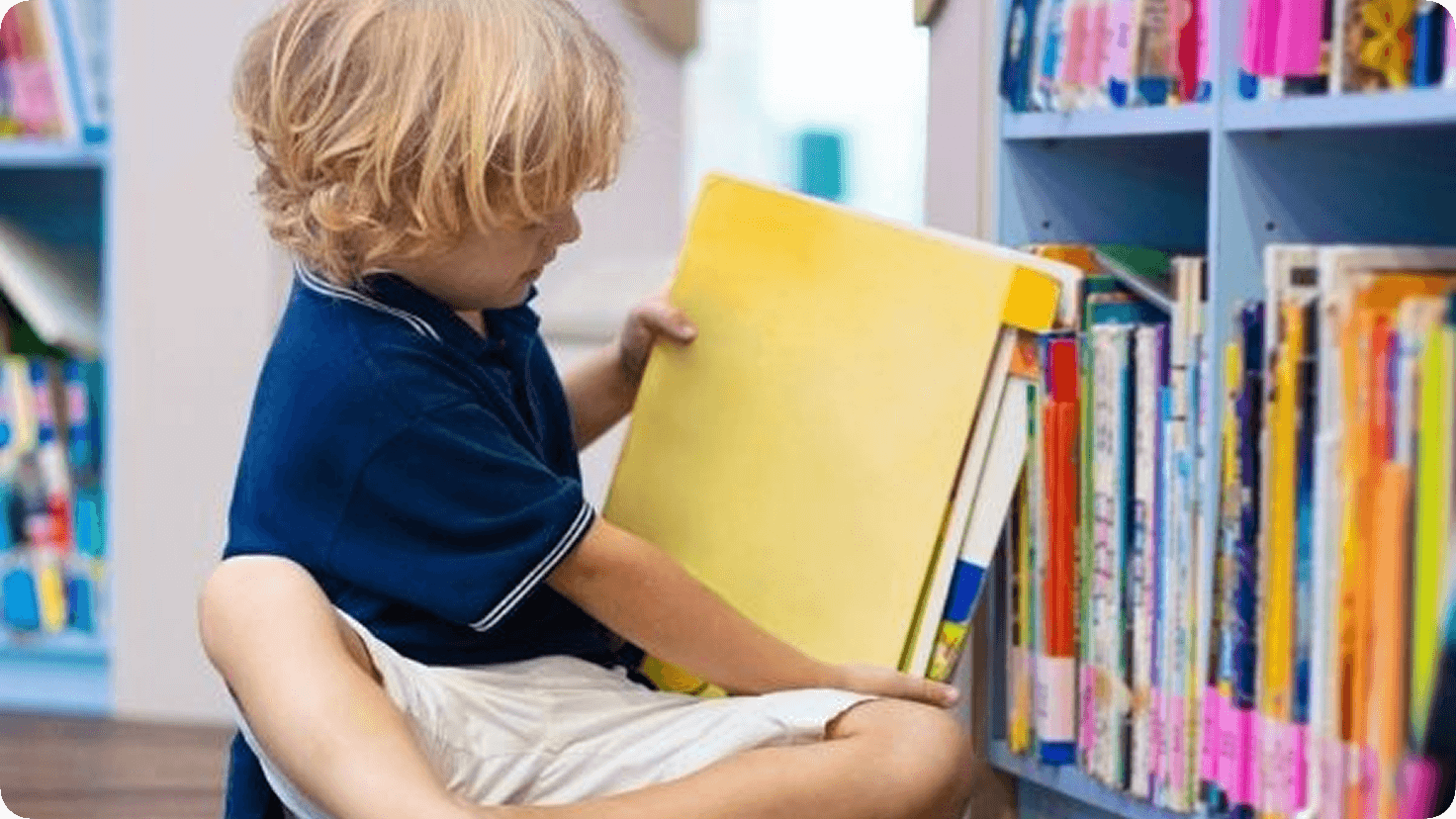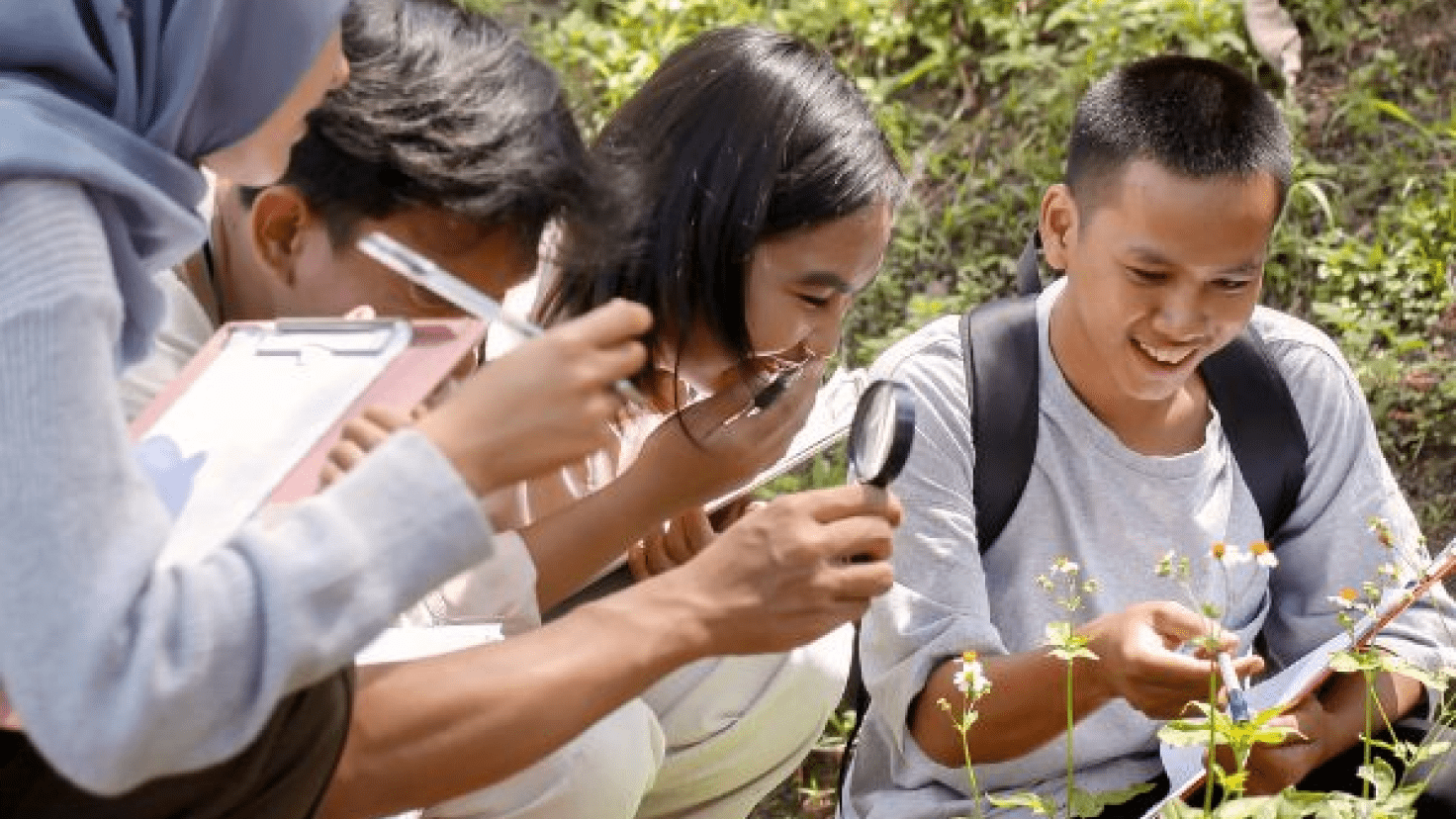Articles & Updates
05 April 2024
What is Critical Thinking and Why is it Important?

Critical thinking is a deliberate thought process used to evaluate information beyond surface level. It means specifically and intentionally examining information to determine its validity and relevance. This is sometimes called ‘healthy scepticism’ and it is a learned skill. It involves using reflective, analytical thinking to make a reasonable, rational decision on what to believe or do.
The skill of critical thinking can (and should) be introduced to encourage lateral thinking, build confidence, develop a child’s own opinions, and importantly, to give people agency. It is a type of learning that can be acquired at any age, but is most effective when introduced from an early age.
“Critical thinking is an invaluable life skill that needs to be introduced at an early age. It is crucial for establishing agency and is a skill that is ever developing. By introducing ways to look at a subject critically and objectively, it can build better agency in children and young people, as well as improving ‘soft skills’ such as self-esteem.” – Victoria Petkovic-Short, Executive Director at The Open Minds Foundation.
Developing critical thinking skills can appear to be a daunting challenge but it can be as simple as asking open ended questions before accepting something as facts.
Key Critical Thinking Skills that Children should Learn
- Research skills
- Measured approach
- Objectivity
- Ability to ask questions/debate
- Reflection
- Applied media literacy
- Willingness to pause
- Lateral thinking
- Open mindedness
- Curiosity
Why is Critical Thinking Important?
Instead of simply believing what we are told, hear or read, critical thinking helps us to evaluate all that information and use it to form our own judgement. It also encourages us to seek additional sources, and to test our assumptions before making a decision.
This helps in several ways, especially when faced with a new experience or situation. By thinking critically, we gain more confidence, more surety, and become more self-reliant. We also get better at problem-solving, another invaluable skill when faced with new experiences.
Unfortunately, humans are distractible and easily influenced so it’s necessary to build a strong foundation for learning effectively. Critical thinking helps us make faster, and most importantly, better decisions. It also leans into our natural curiosity, something that can get quashed as we get older.
Inevitably, our survival instincts make us prioritise quick decision-making over deep thinking. Humans make approximately 6,000 decisions a day, and encounter thousands of unique pieces of information, so thinking deeply about each one would be paralysing.
As a result, we have evolved to include some effective, but often damaging habits, for example:
- Confirmation bias: where we actively seek or prioritise information that aligns with our existing views
- Truth bias: which is our predisposition to believe someone, or something, is telling us the truth EVEN IF we’re told they’re lying
- The illusory truth effect: (also known as the illusion of truth) which describes the increasing effect of information the more times that we encounter it.
Critical thinking is about learning to think better so we can actively work against our own bad habits. By doing so, we become less susceptible to poor quality or false information.
Self-esteem is another skill that is underpinned by critical thinking. By giving people the confidence to rely on their own reasoning, it can improve their self-esteem and give them the confidence to express an (informed) opinion.
“Groupthink” is also closely linked to self-esteem and critical thinking. Groupthink is the inability or lack of desire to look beyond the first answer given by the group. In this case, everyone aligns their thinking without questioning it further. This led to the Challenger rocket disaster as individuals didn’t challenge the status quo. This can manifest as peer pressure, but critical thinking encourages people to know their own mind, and to be confident in their own actions, helping reduce the effects of peer pressure within groups, especially in a school environment.
Thinking Better
The World Economic Forum recently identified “misinformation and disinformation” as the biggest global threat for the next two years, and the fifth biggest threat for the next 10 years. Critical thinking directly diminishes the impact of false information, reducing the impact on the individual, their network, and wider society.
For example, social media can be a wonderful thing for young people, enabling them to find communities and build friendships beyond their school circle, but it can also be a tool used to spread mis- and disinformation by bad actors. Studies show that around 80% of young people, aged 18 to 24, receive all of their news from social media. This is likely to be reflected in primary and secondary school children too, confirming that critical thinking is a crucial skill that they must learn. In light of these facts, it is not surprising that research by YouGov indicates that people who use social media as a news source do not perform as well on the Misinformation Susceptibility Test (MIST).
Combating Coercive Control
The Open Minds Foundation has worked with several academic researchers to identify the parallels between different societal challenges such as gang behaviour, grooming, abuse, and extremism. Whilst at first glance these may seem to be unconnected, the reality is that they all come back to coercive control.
Encouragingly, our research has also identified the link between better critical thinking and a reduction in susceptibility to coercion tactics. This makes critical thinking the single most effective tool in reducing the long-term societal impact of these issues.
Critical thinking may not (yet) have a dedicated section of the curriculum but introducing the concept can lead to positive outcomes, especially when commenced at a young age.
